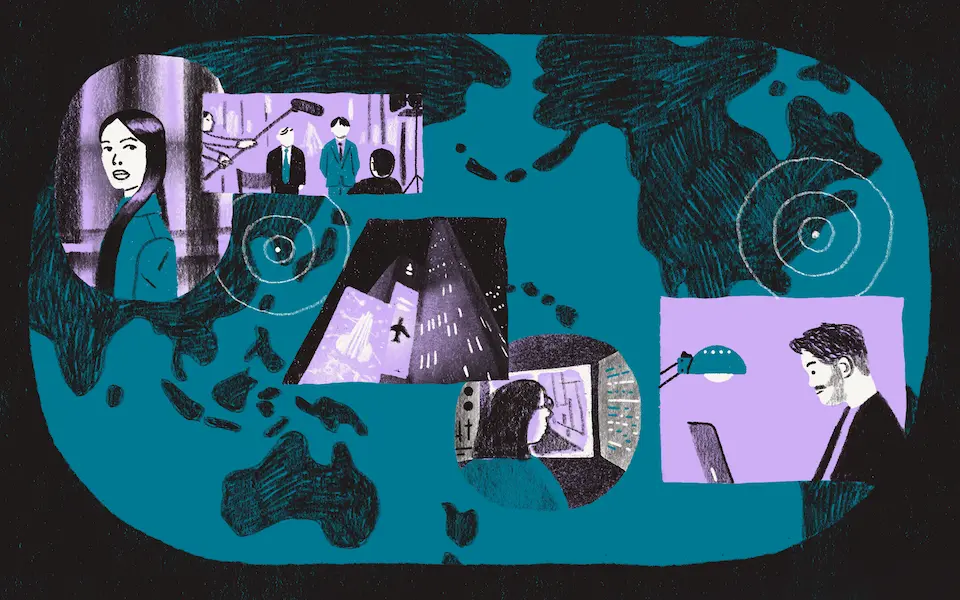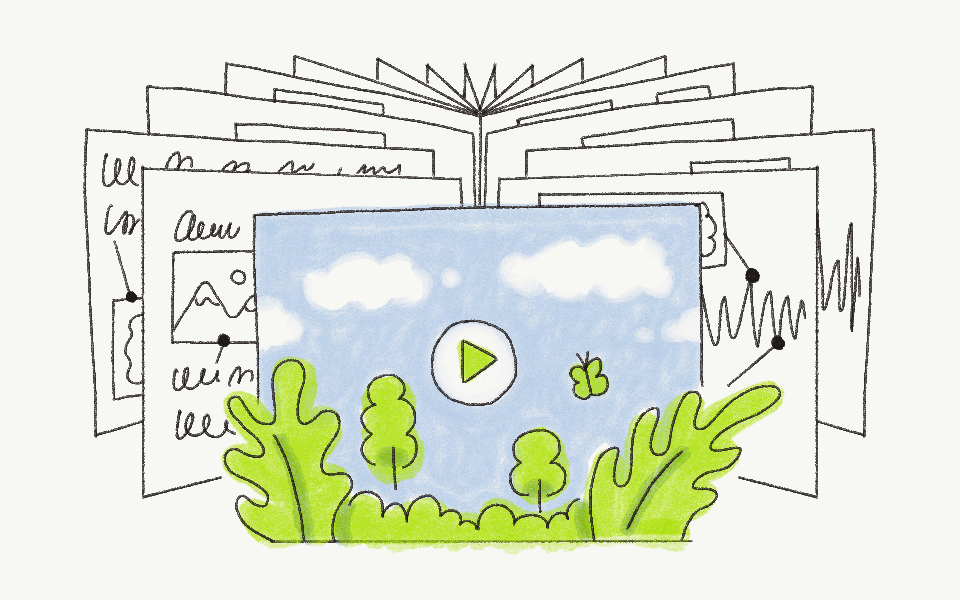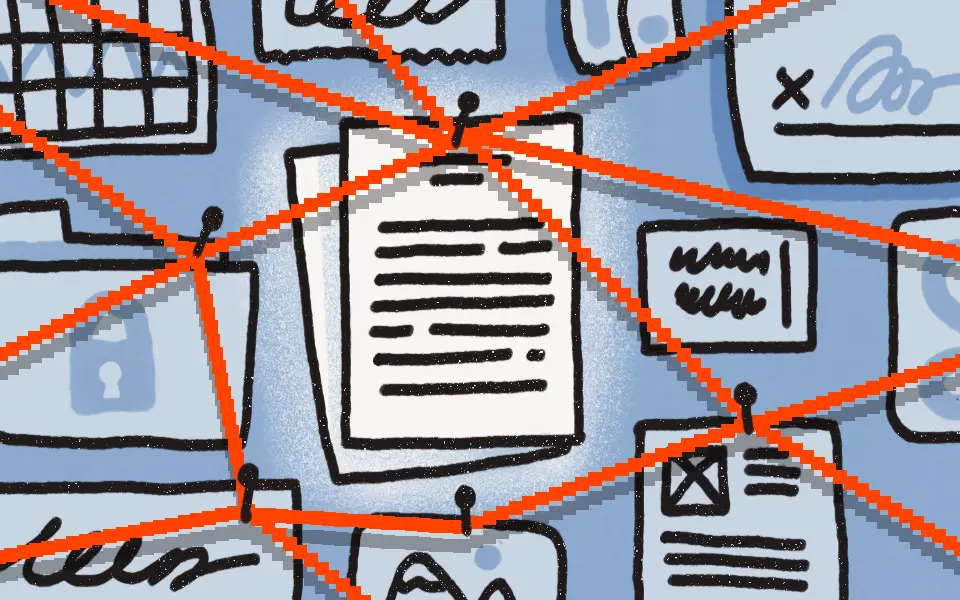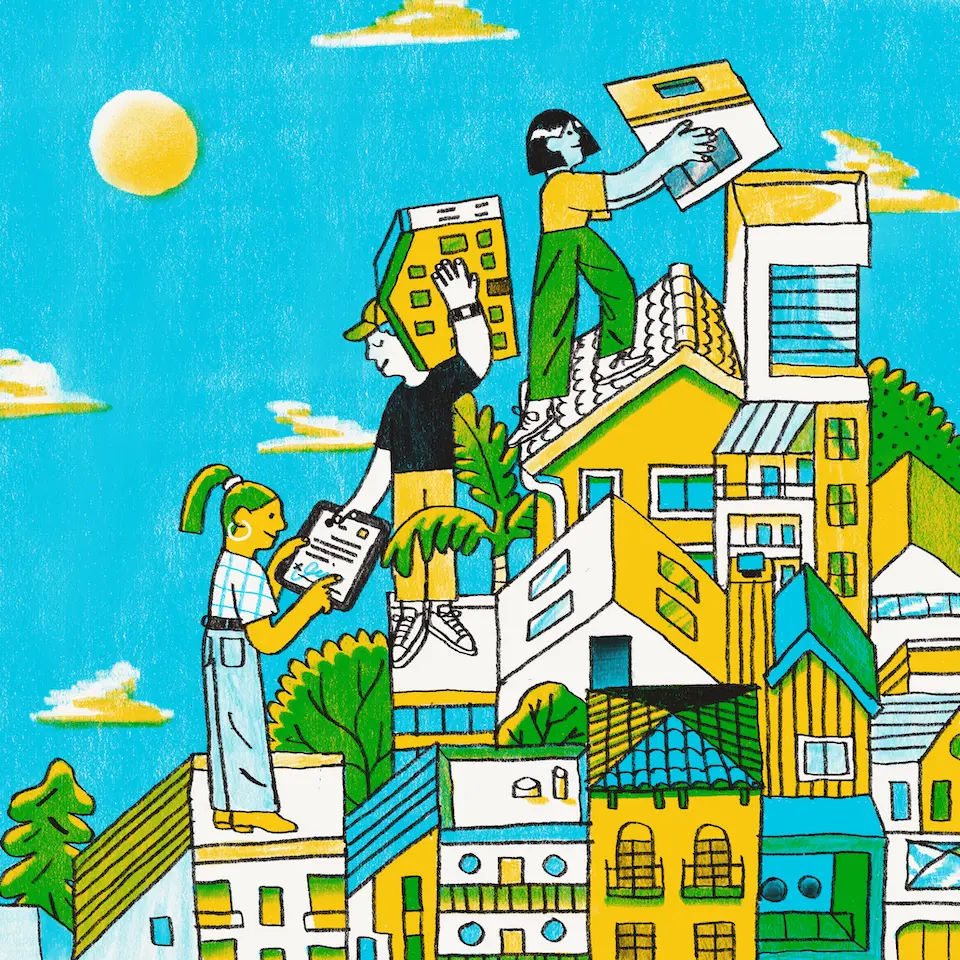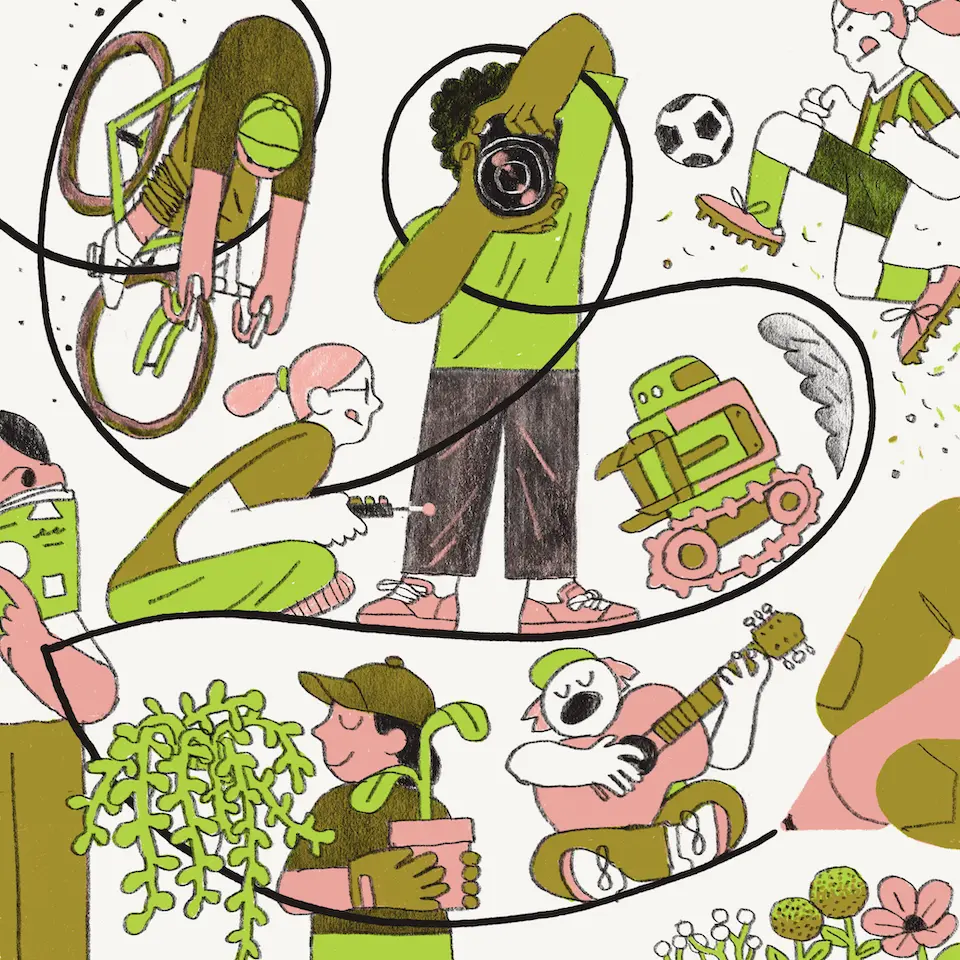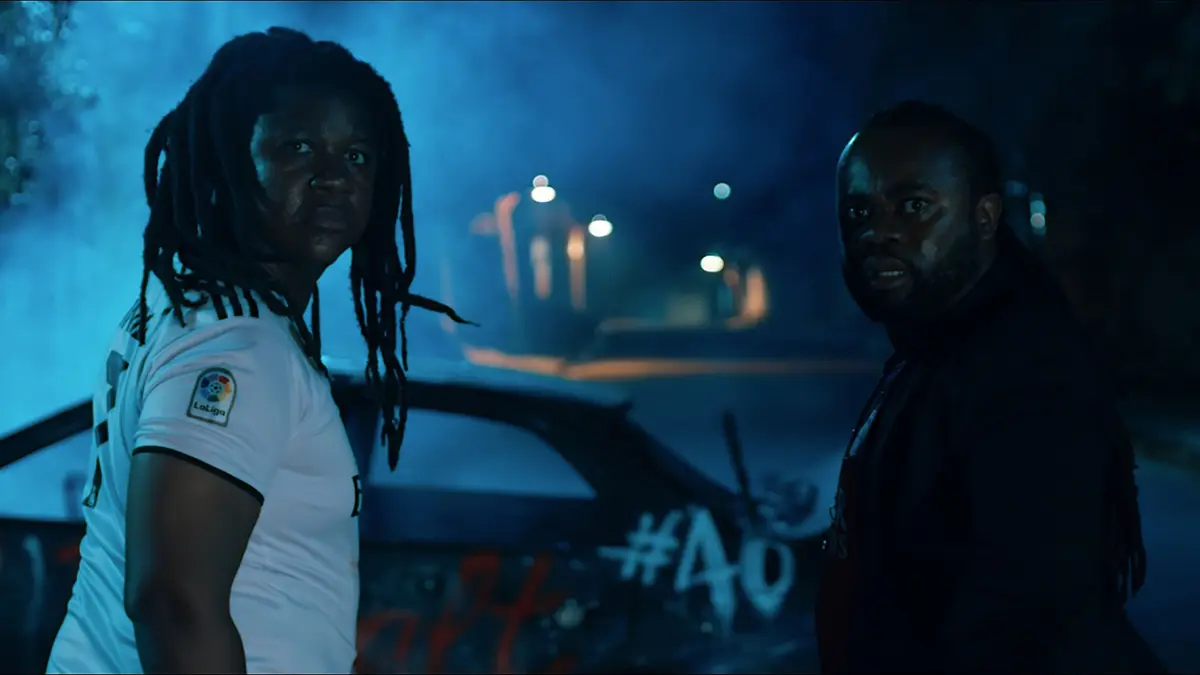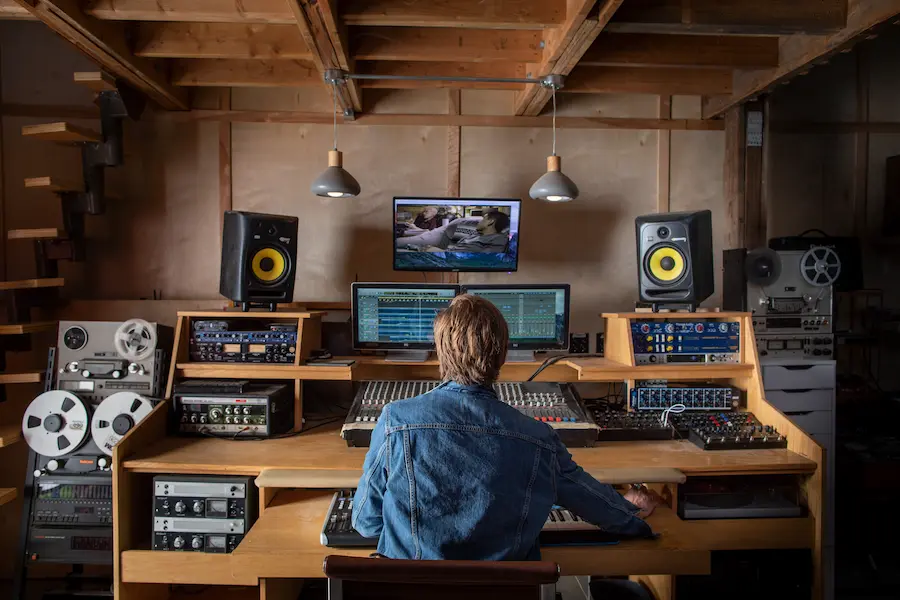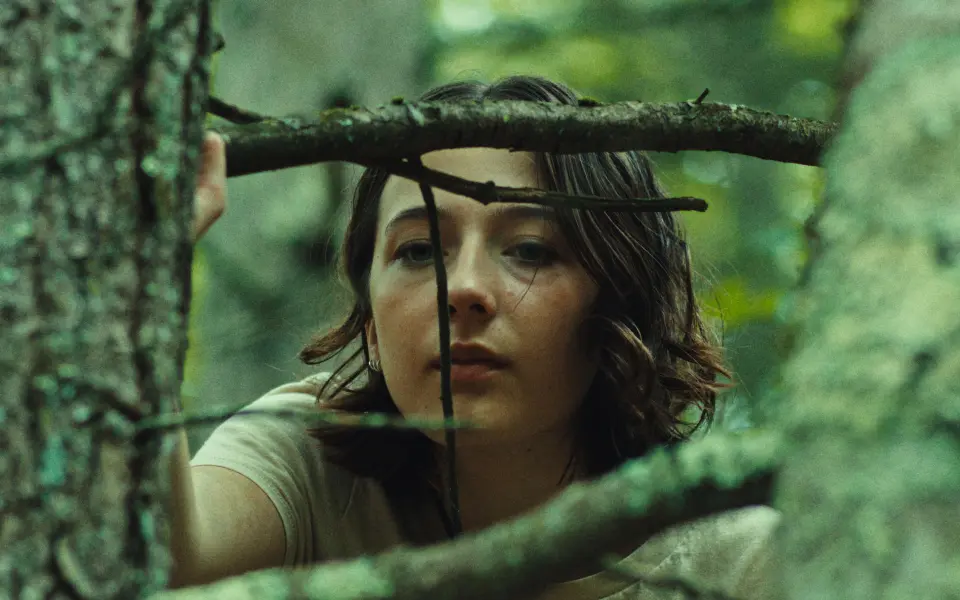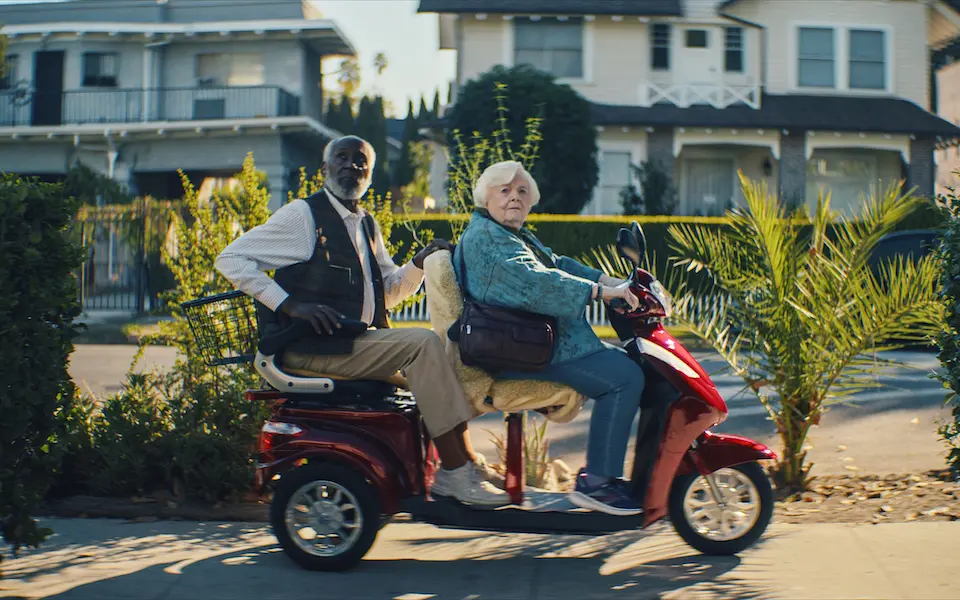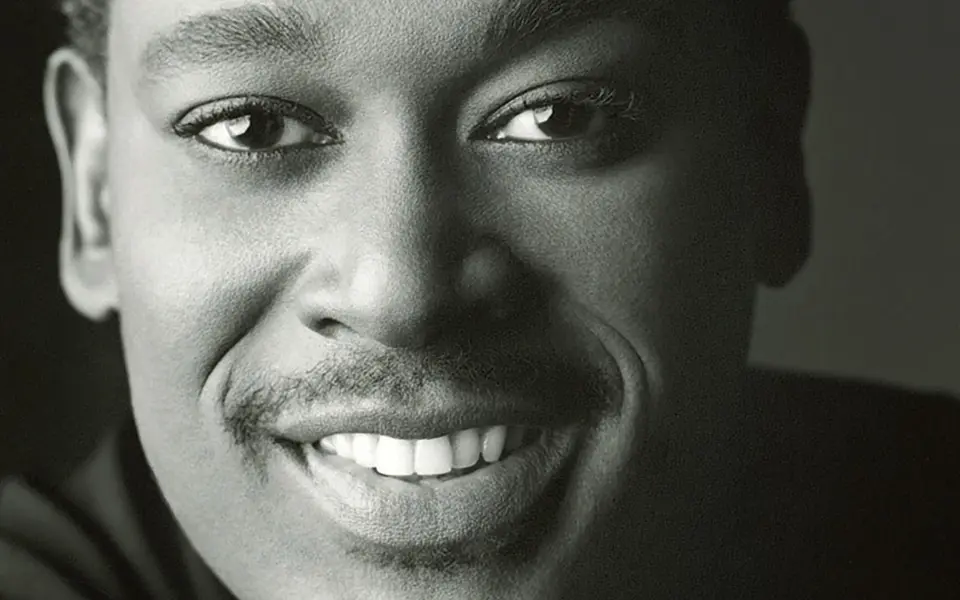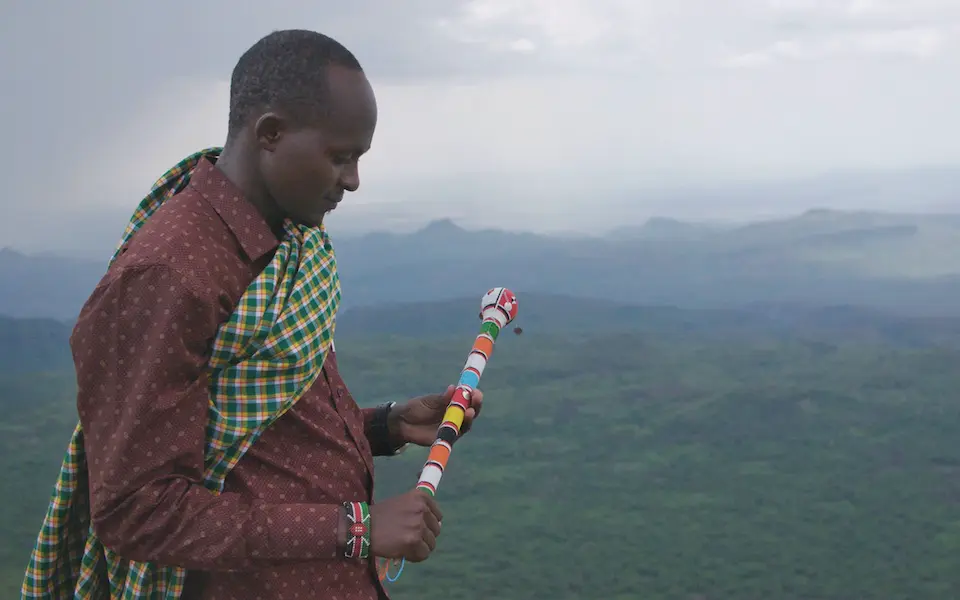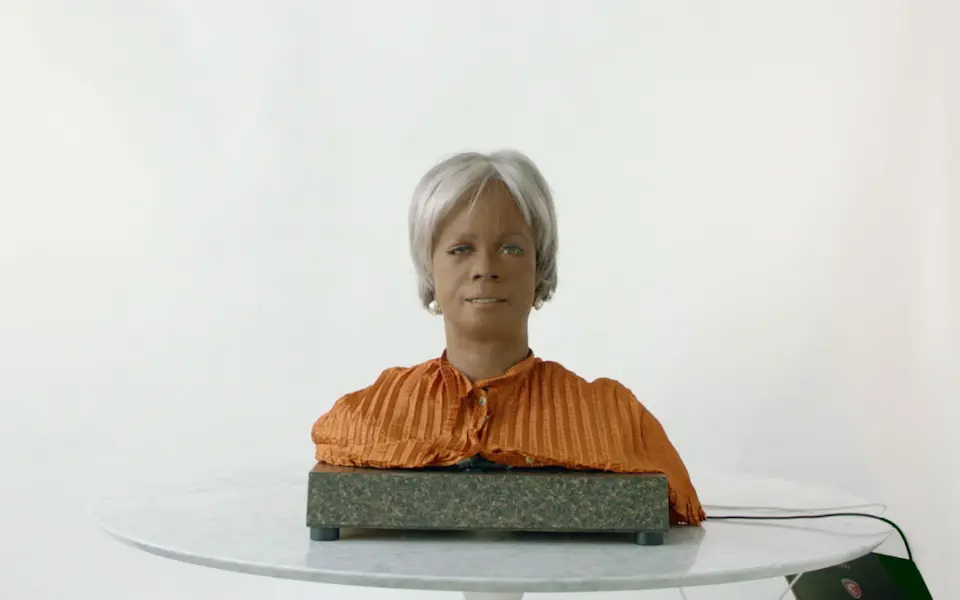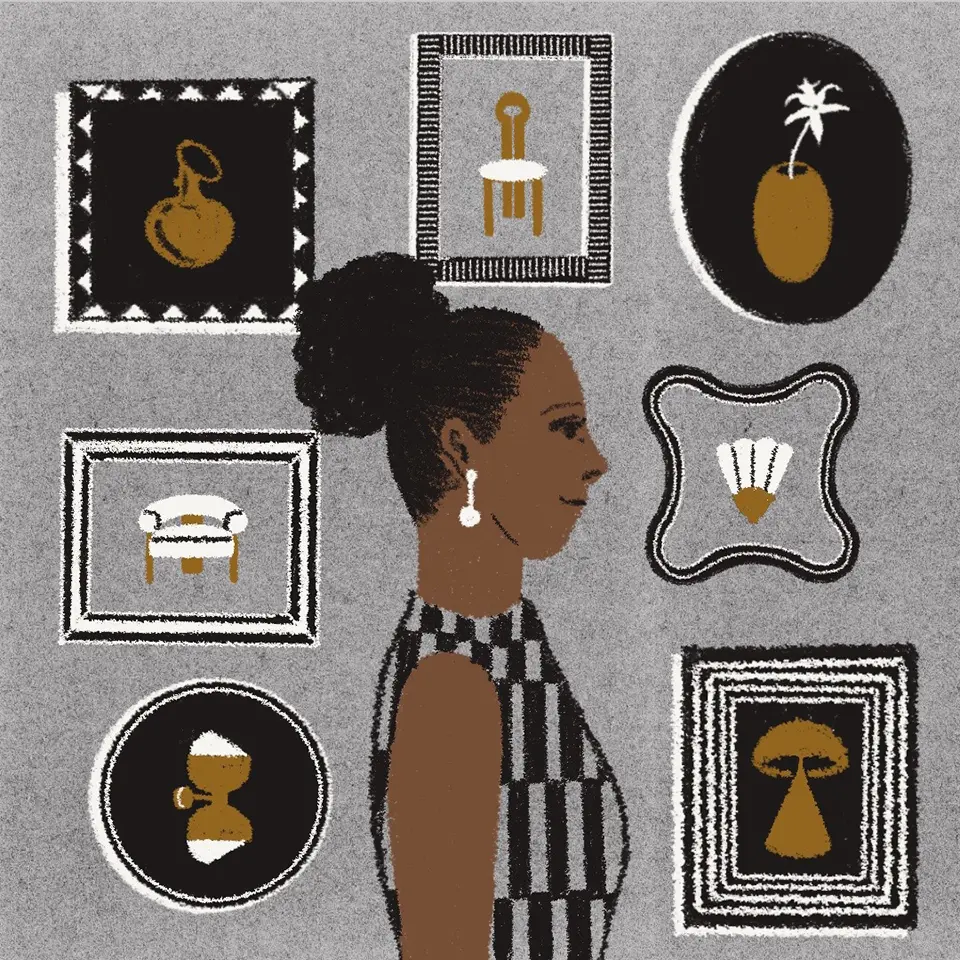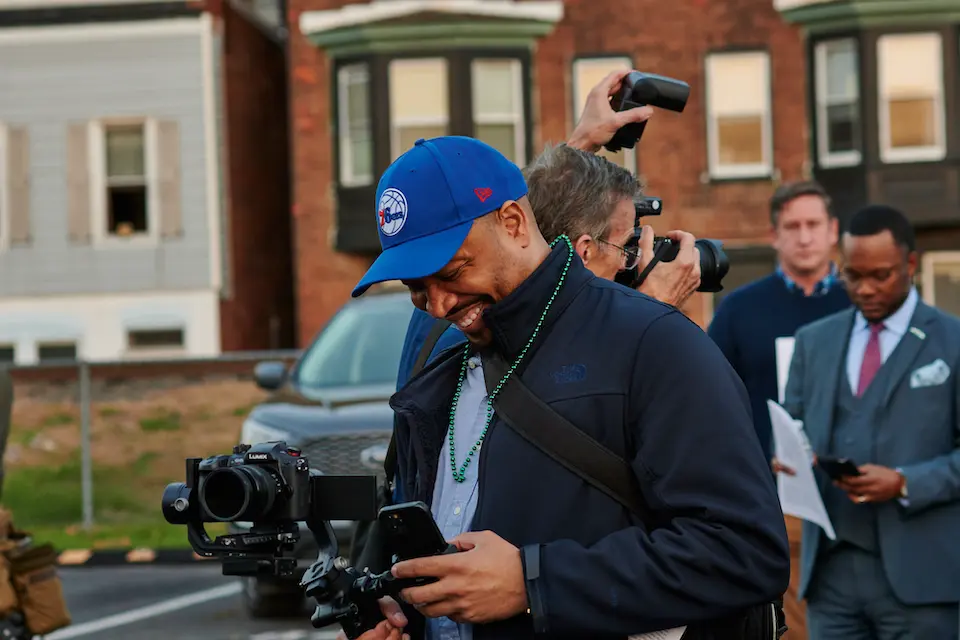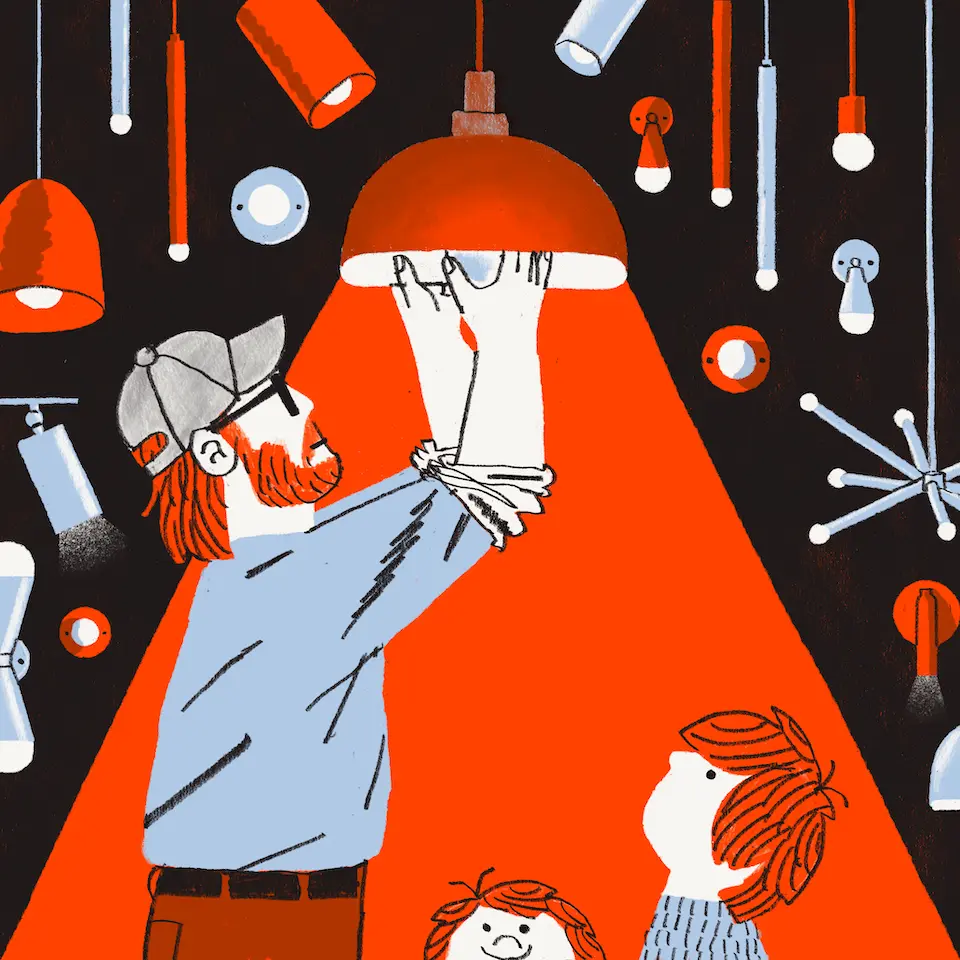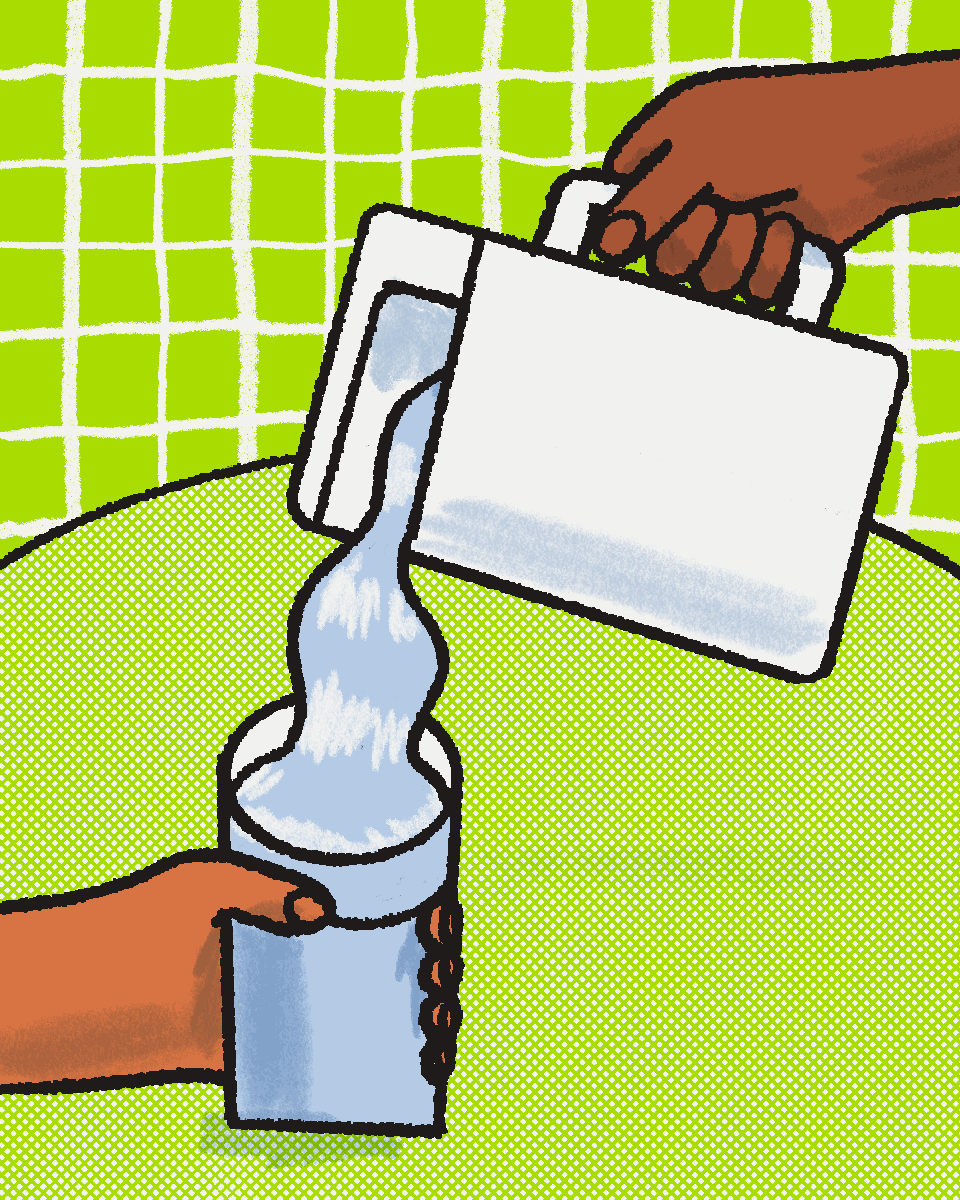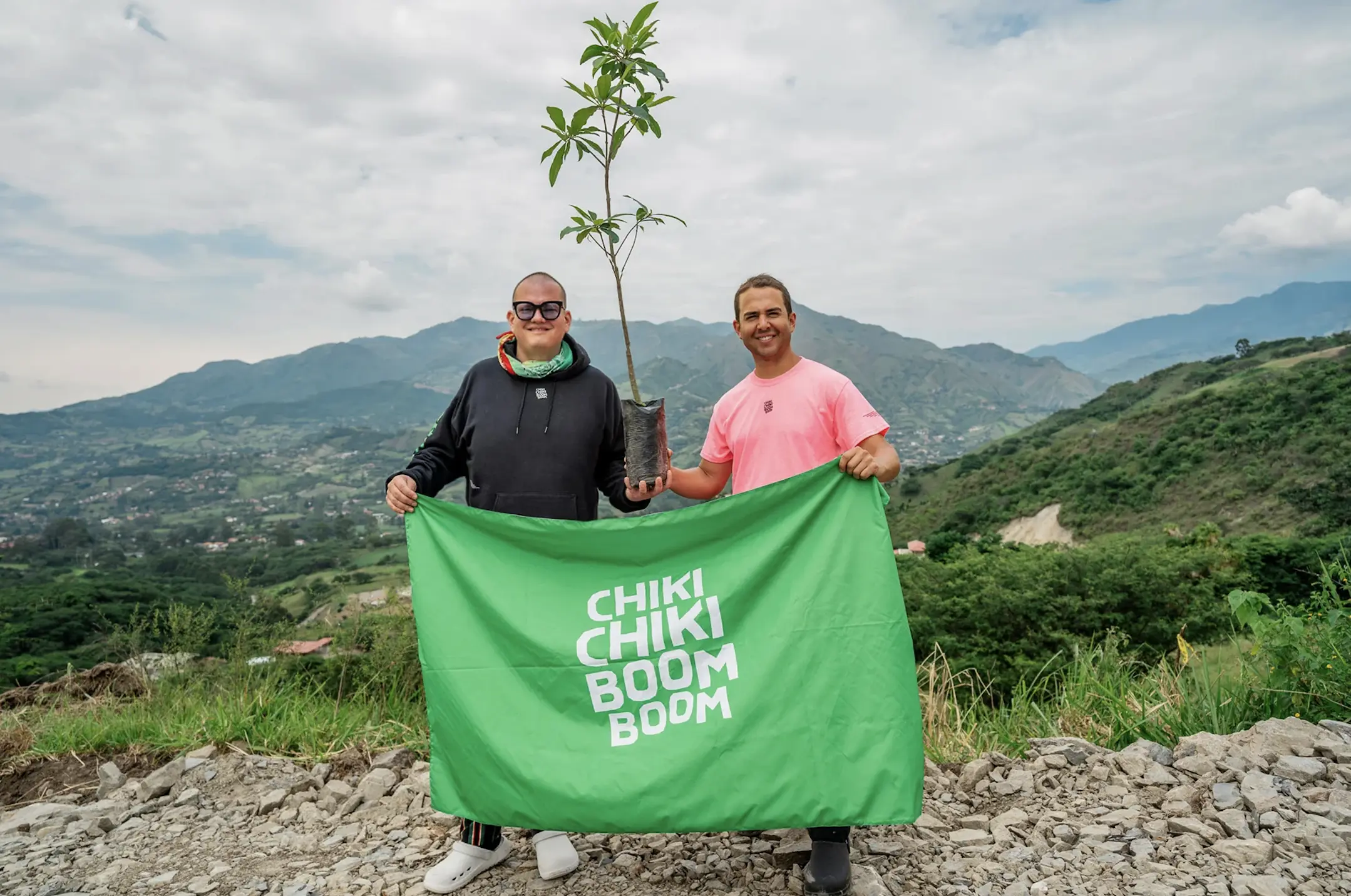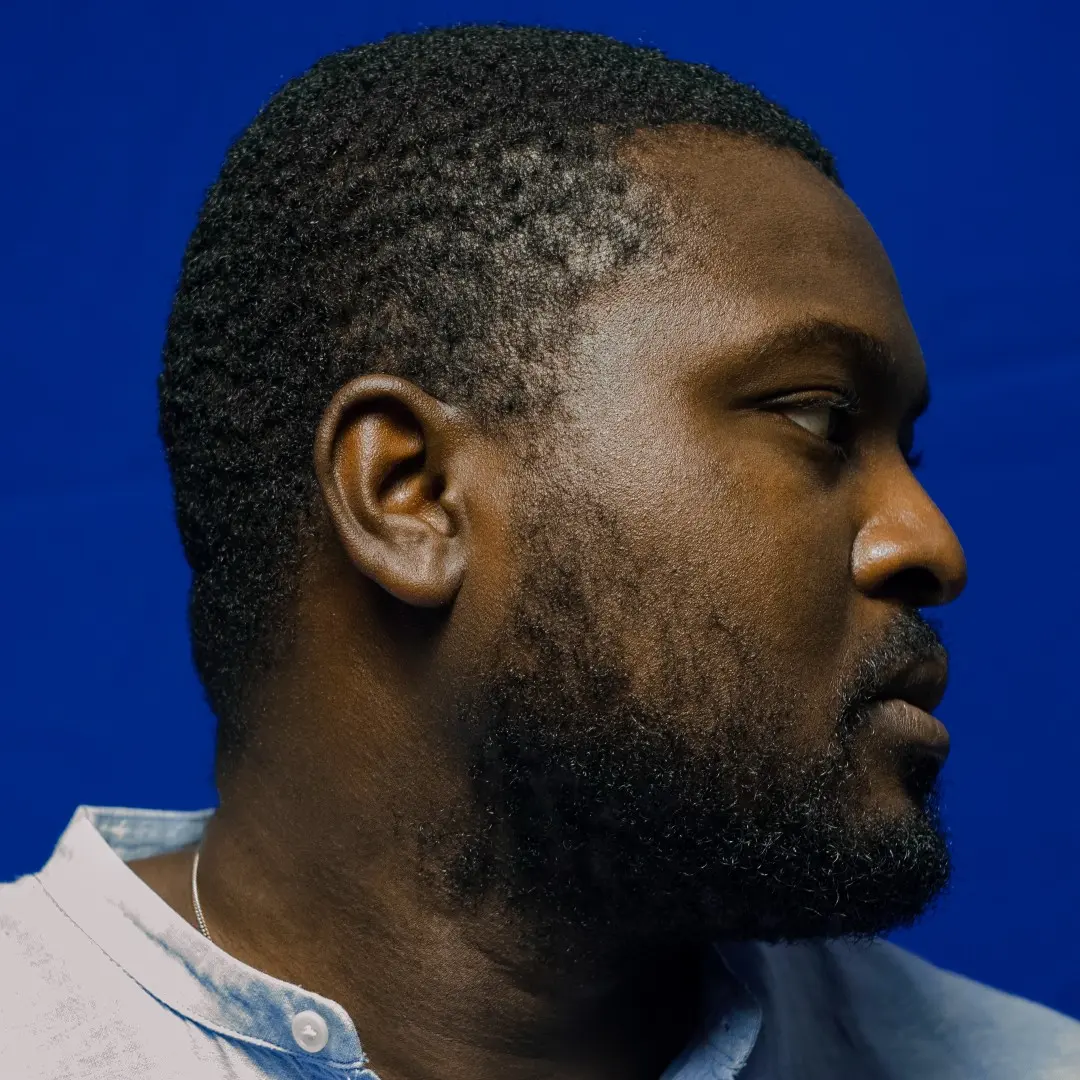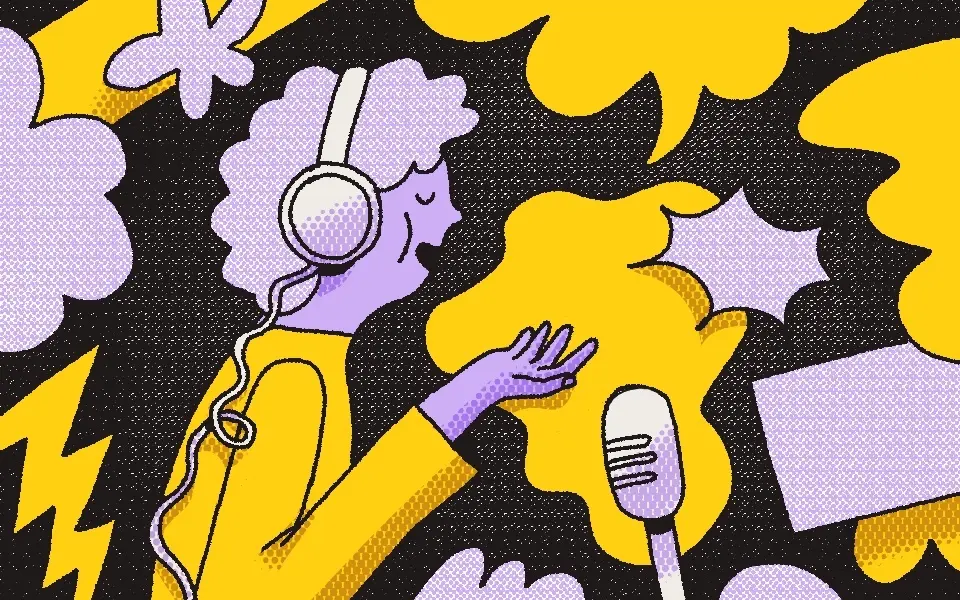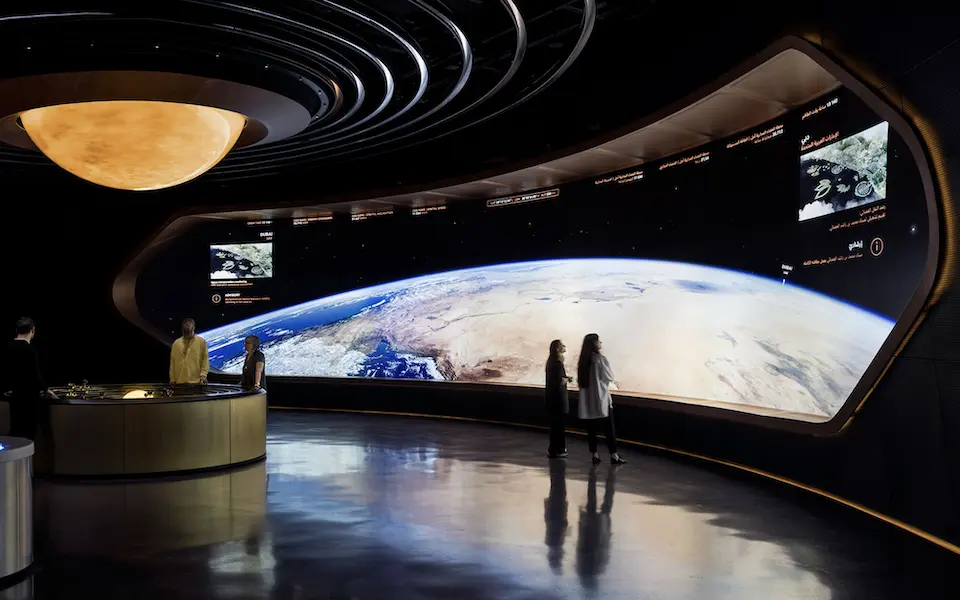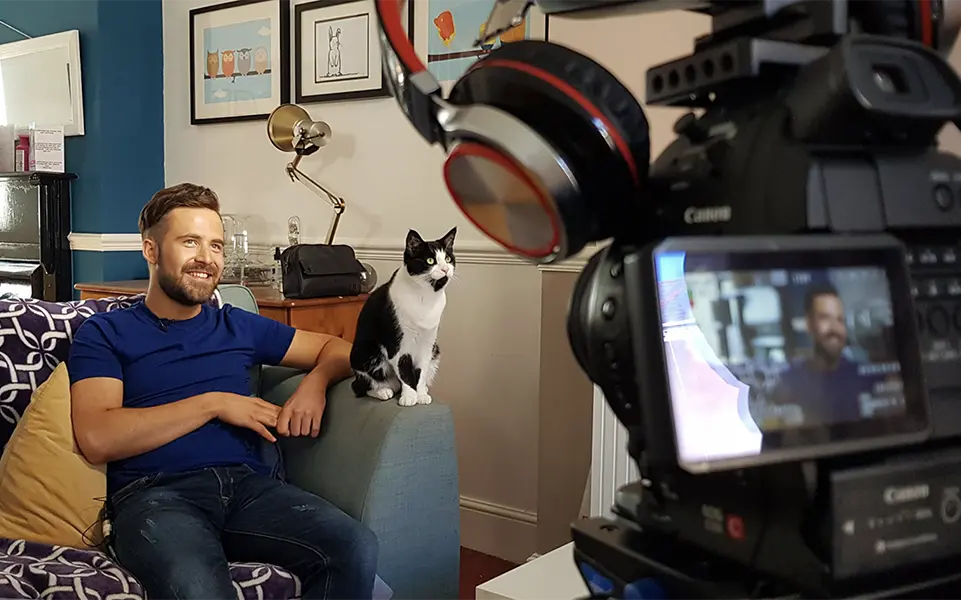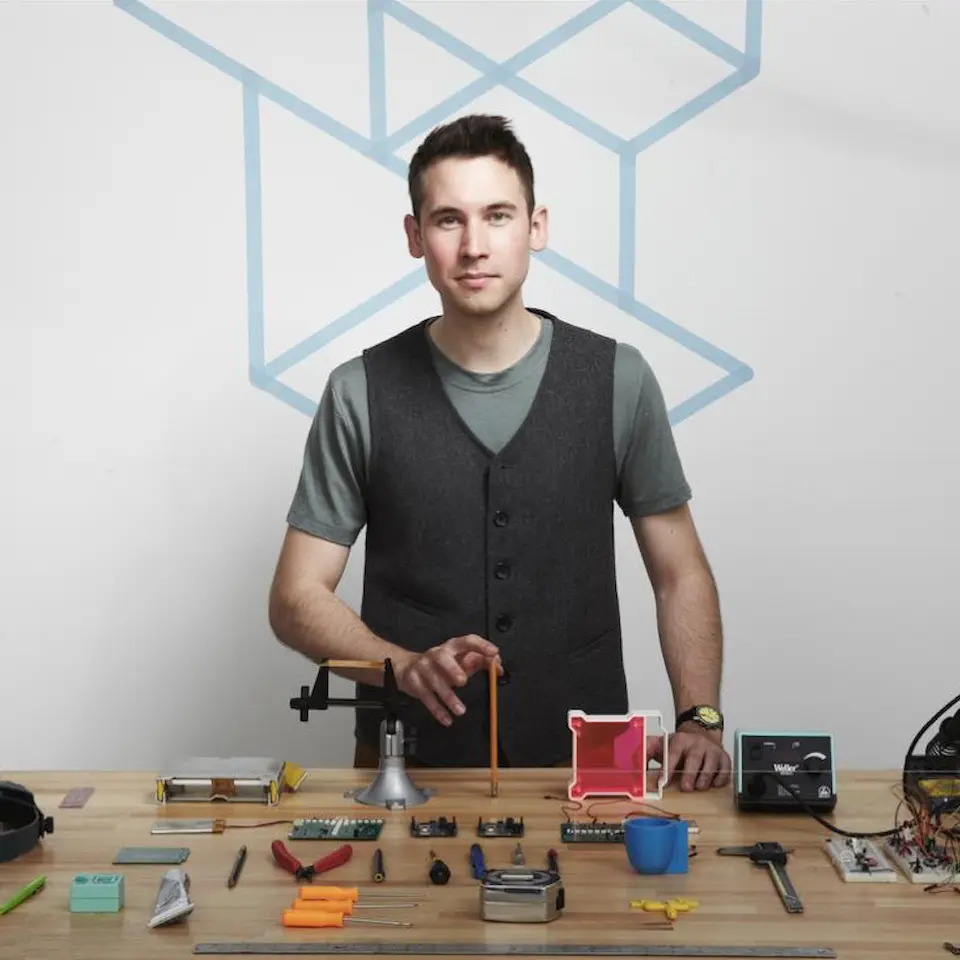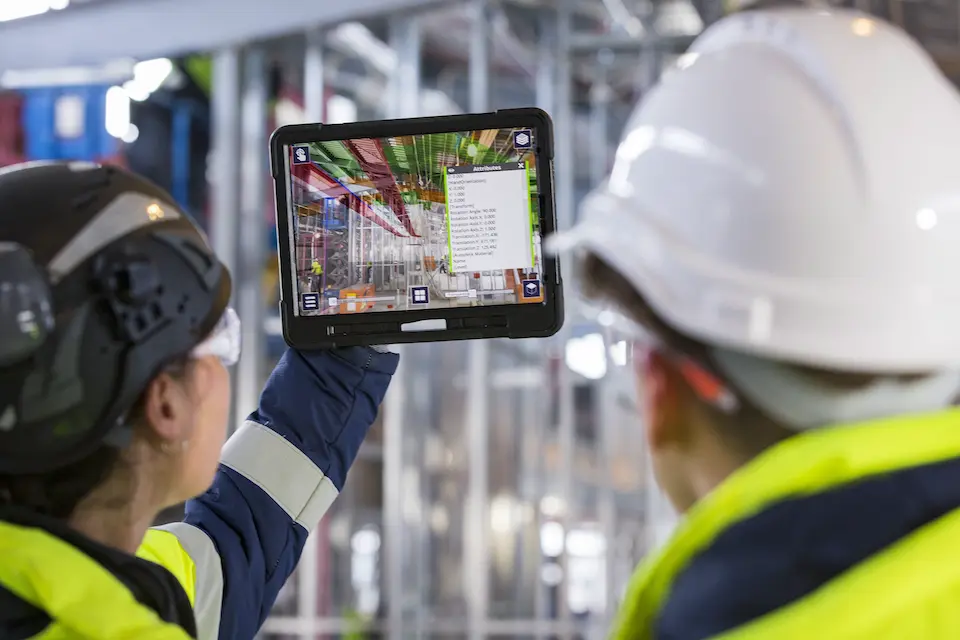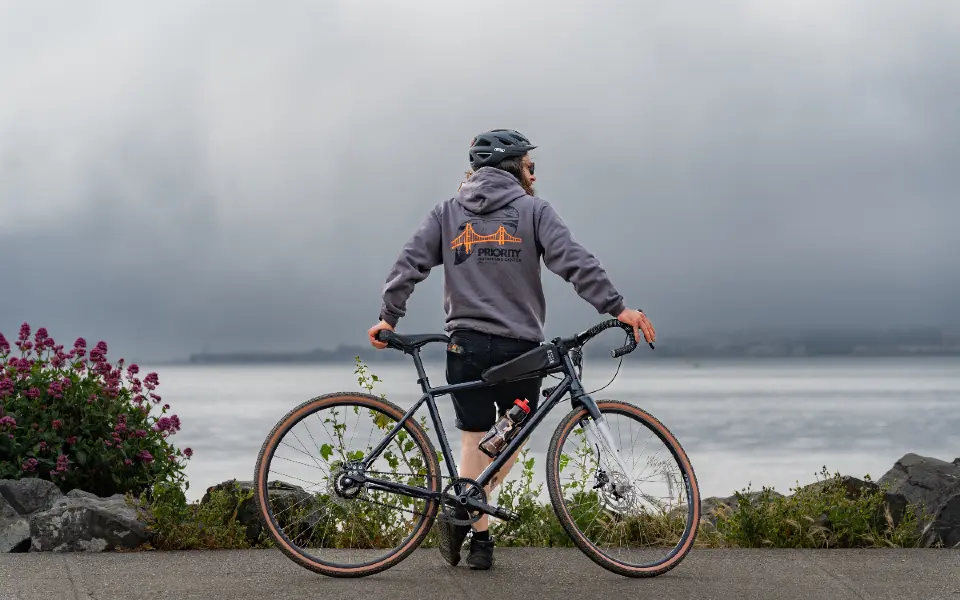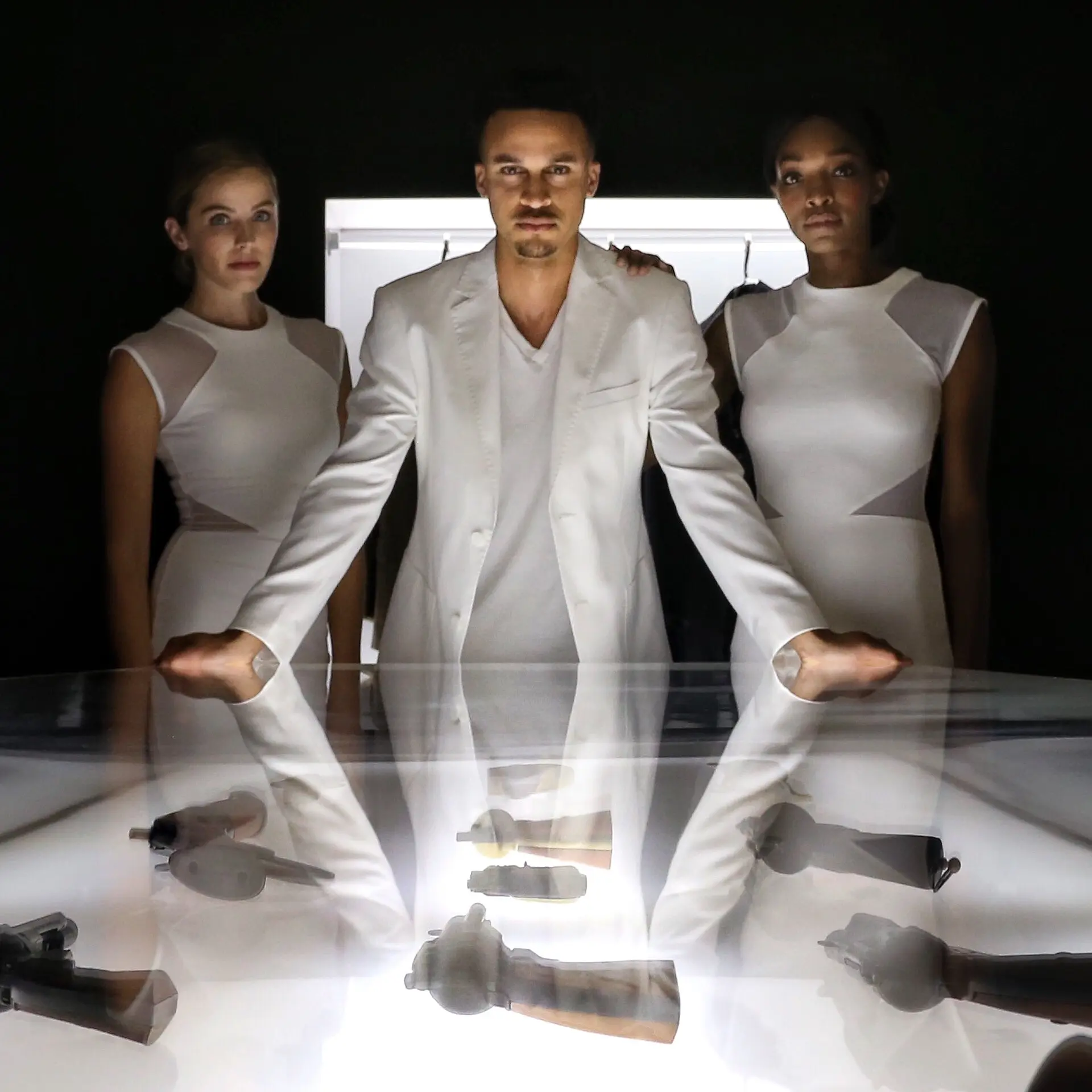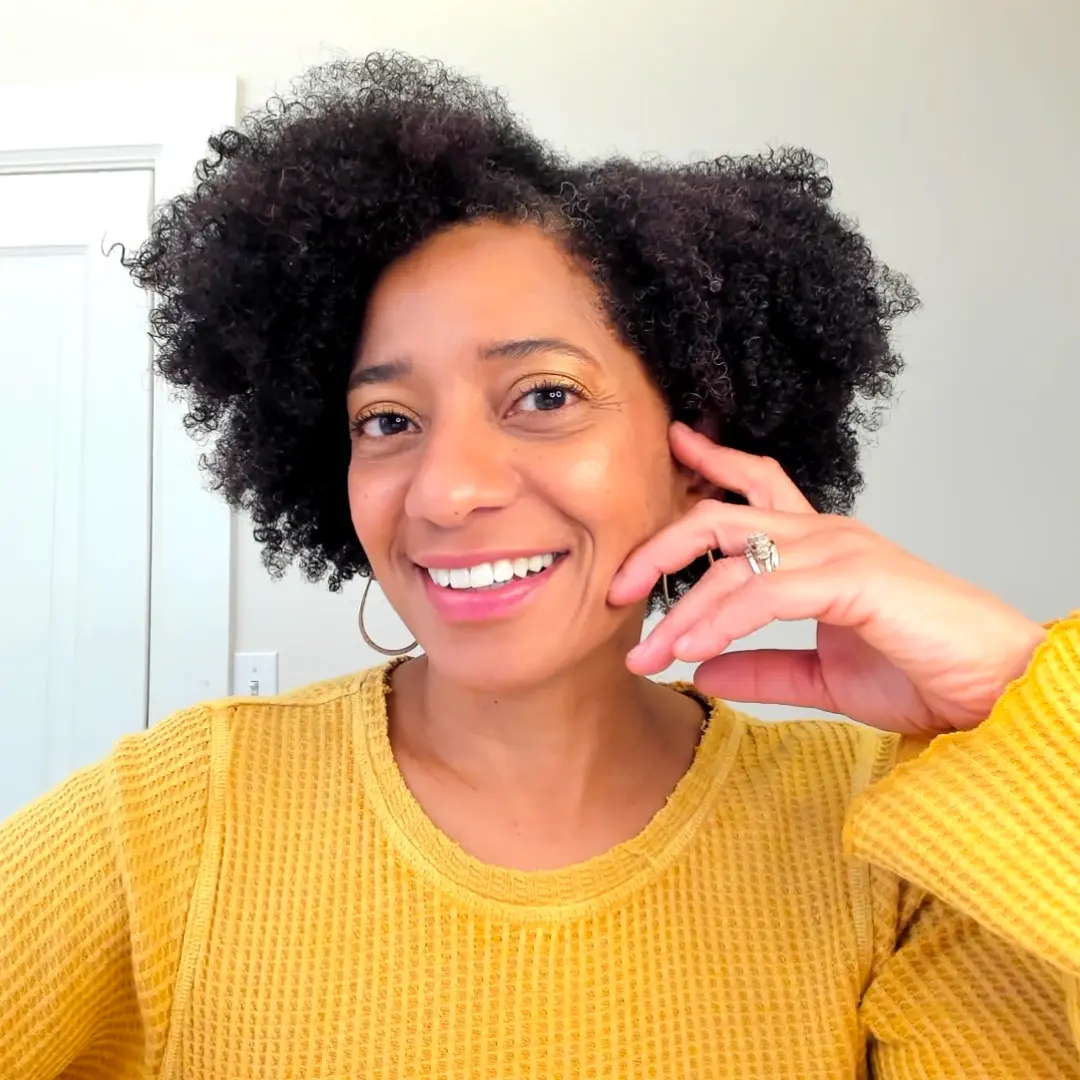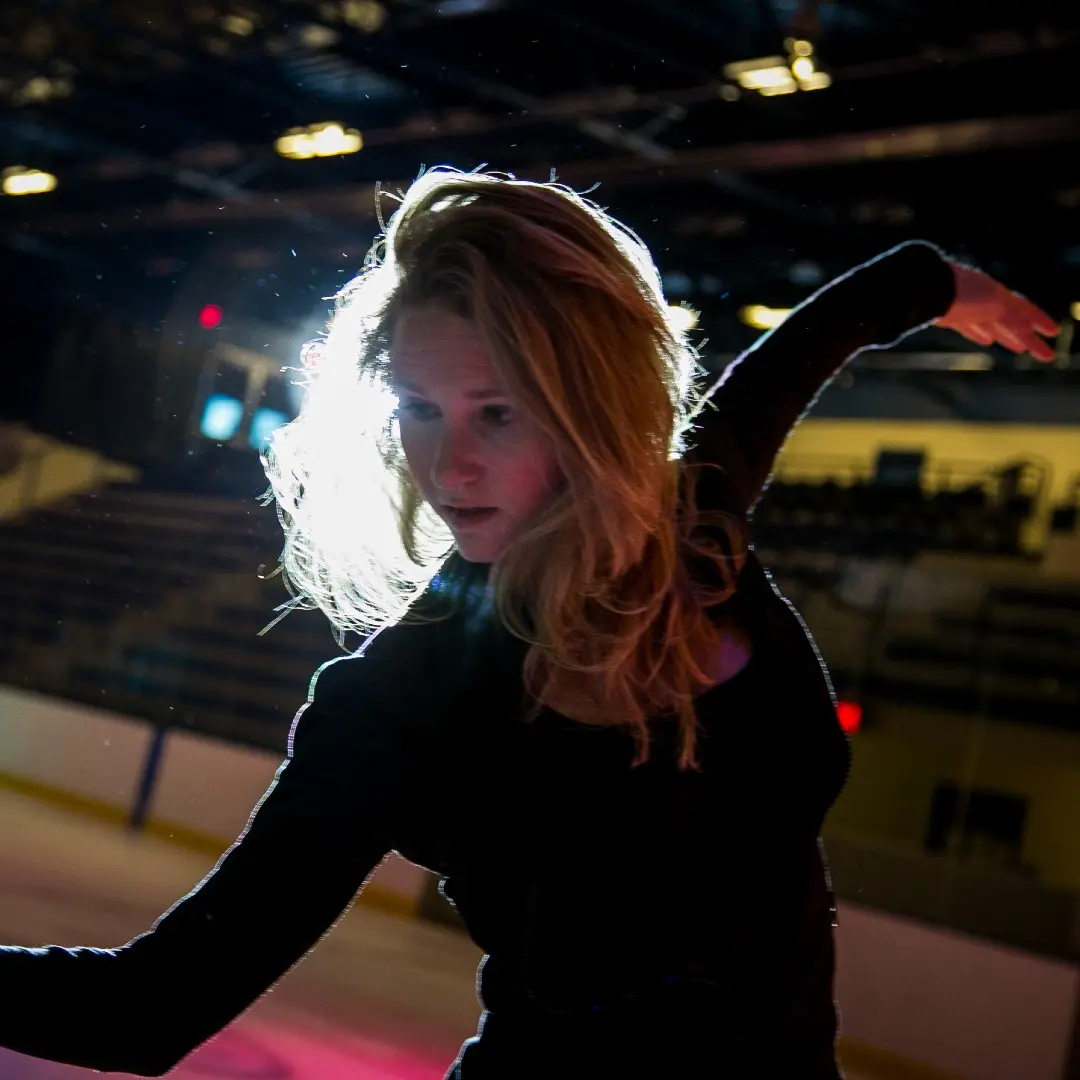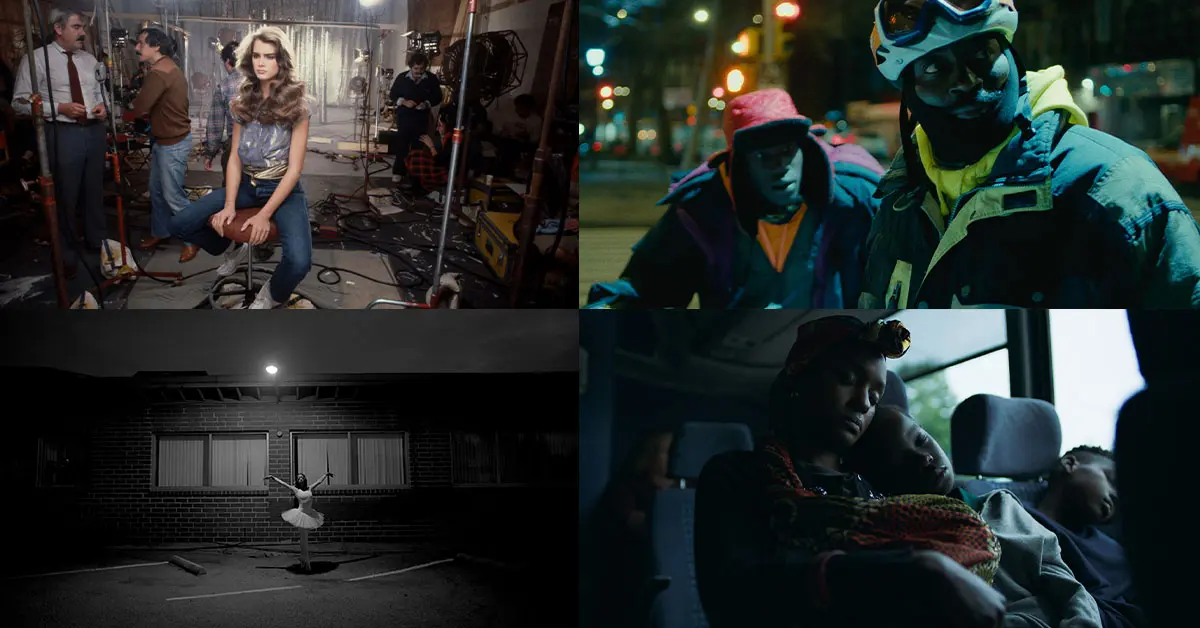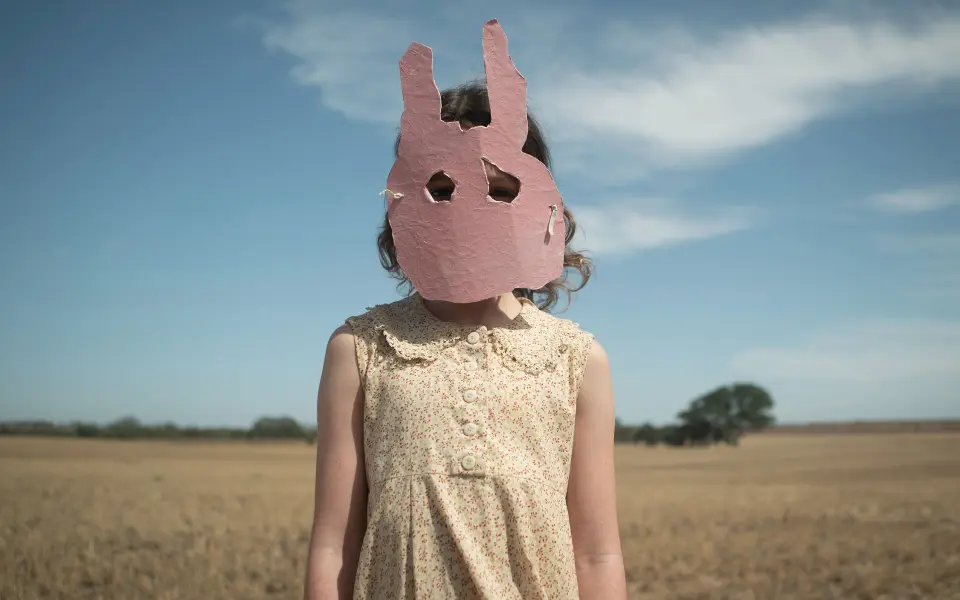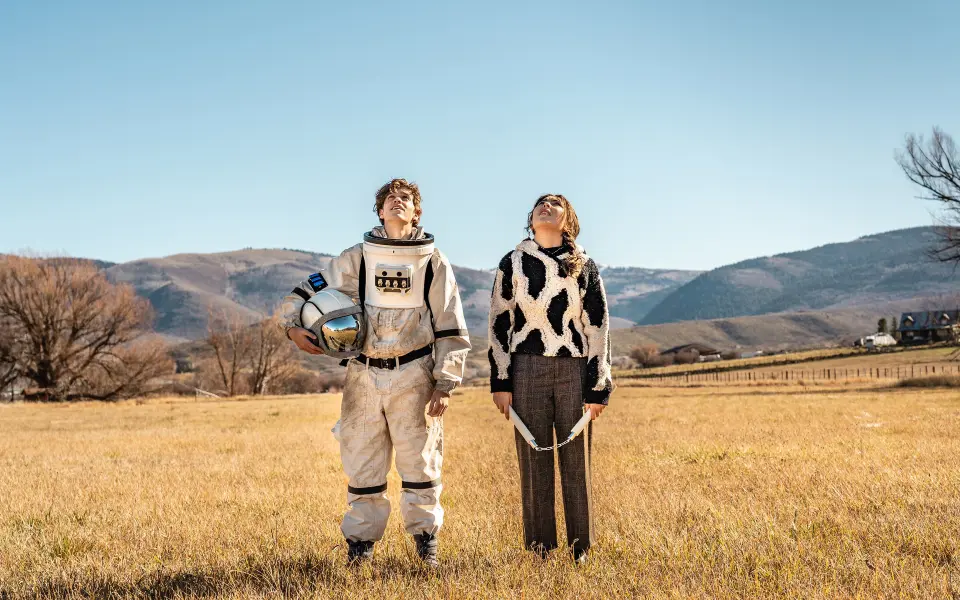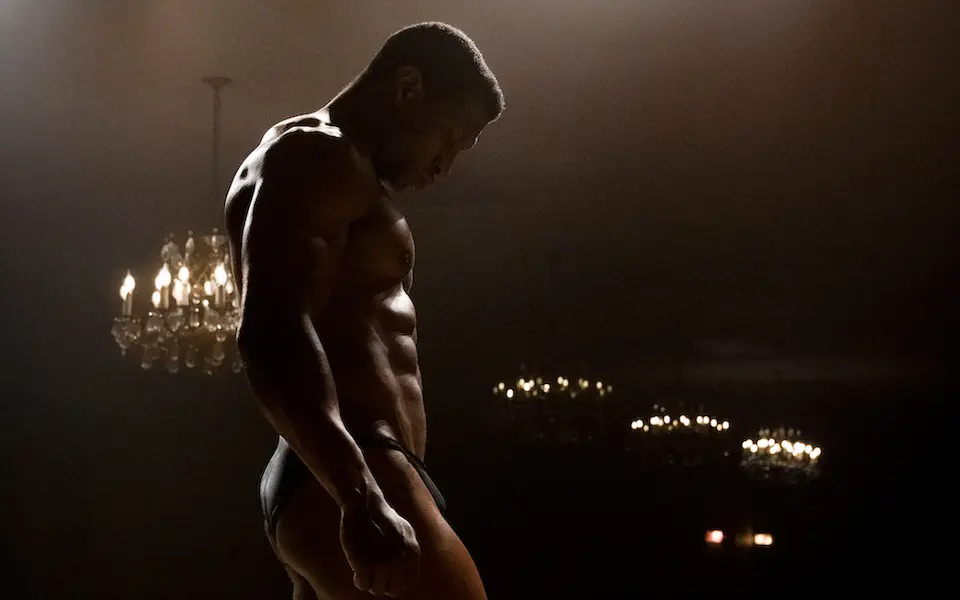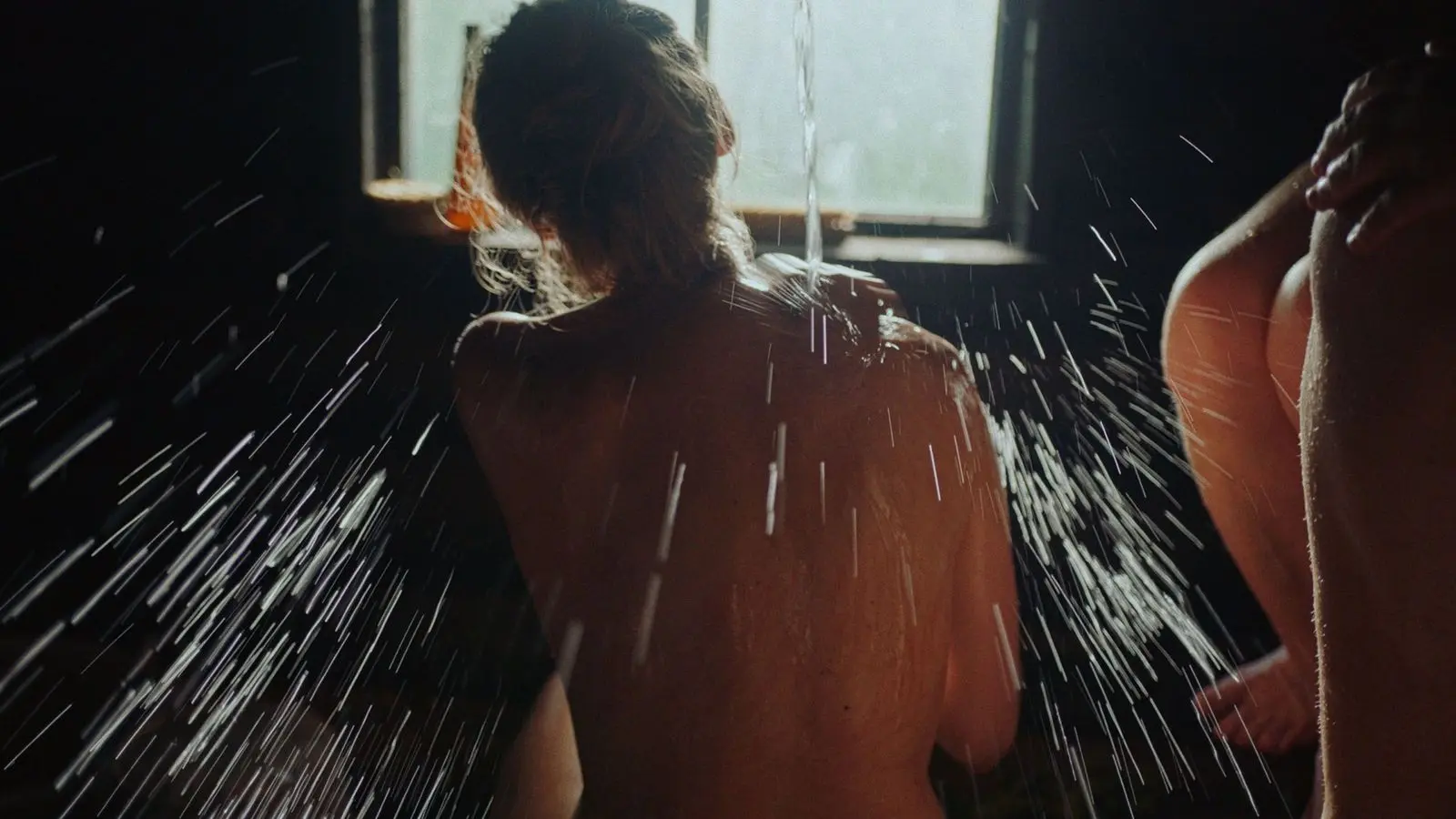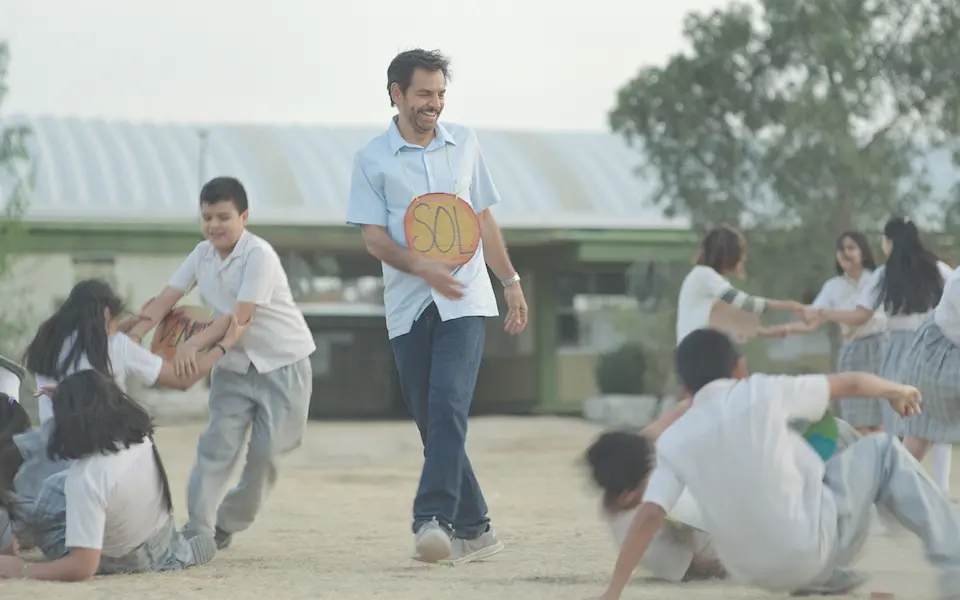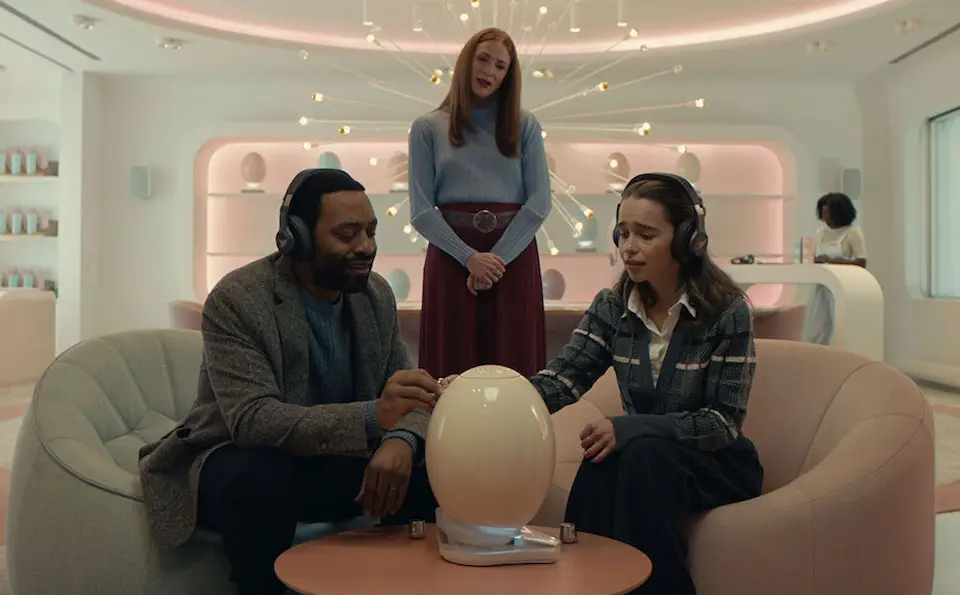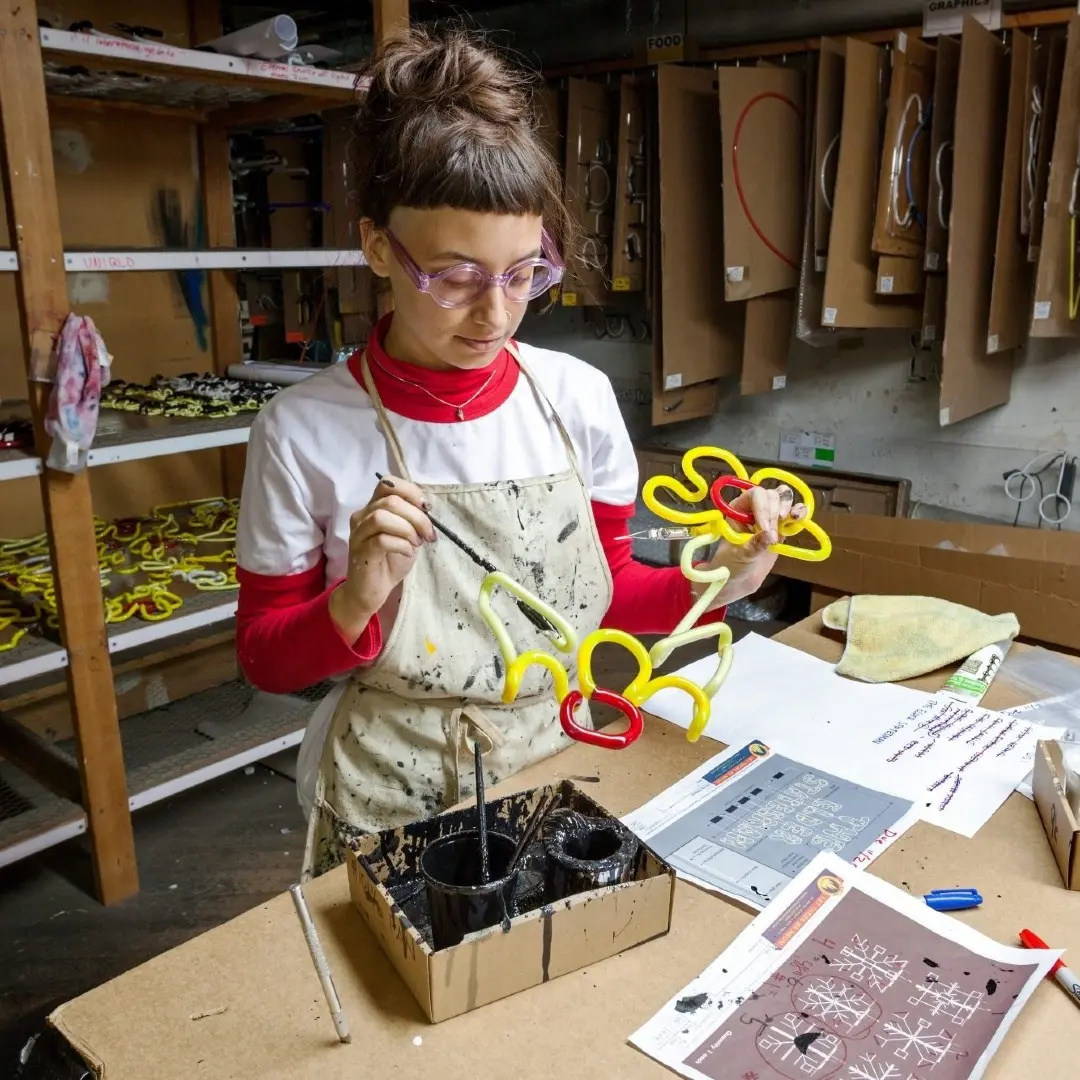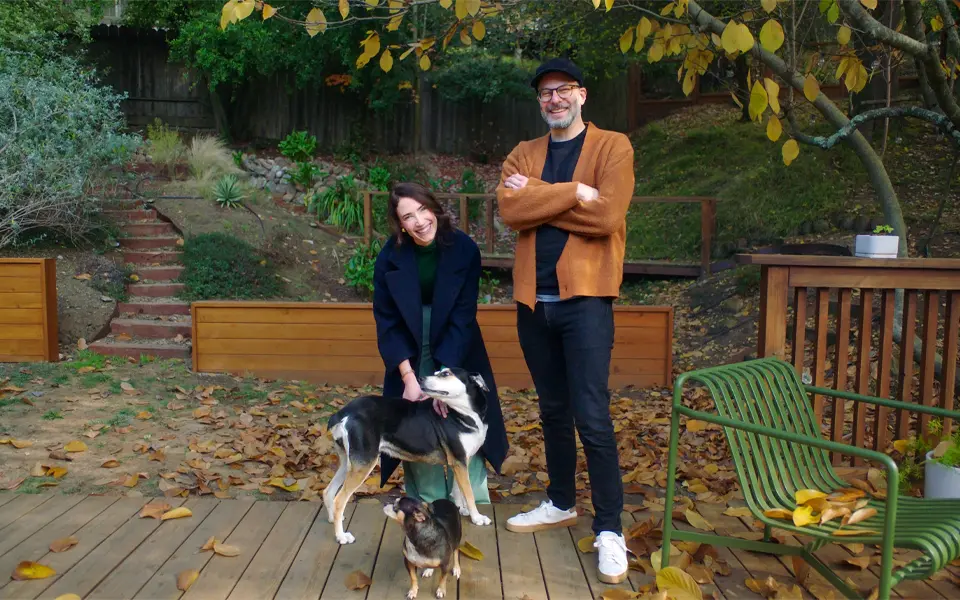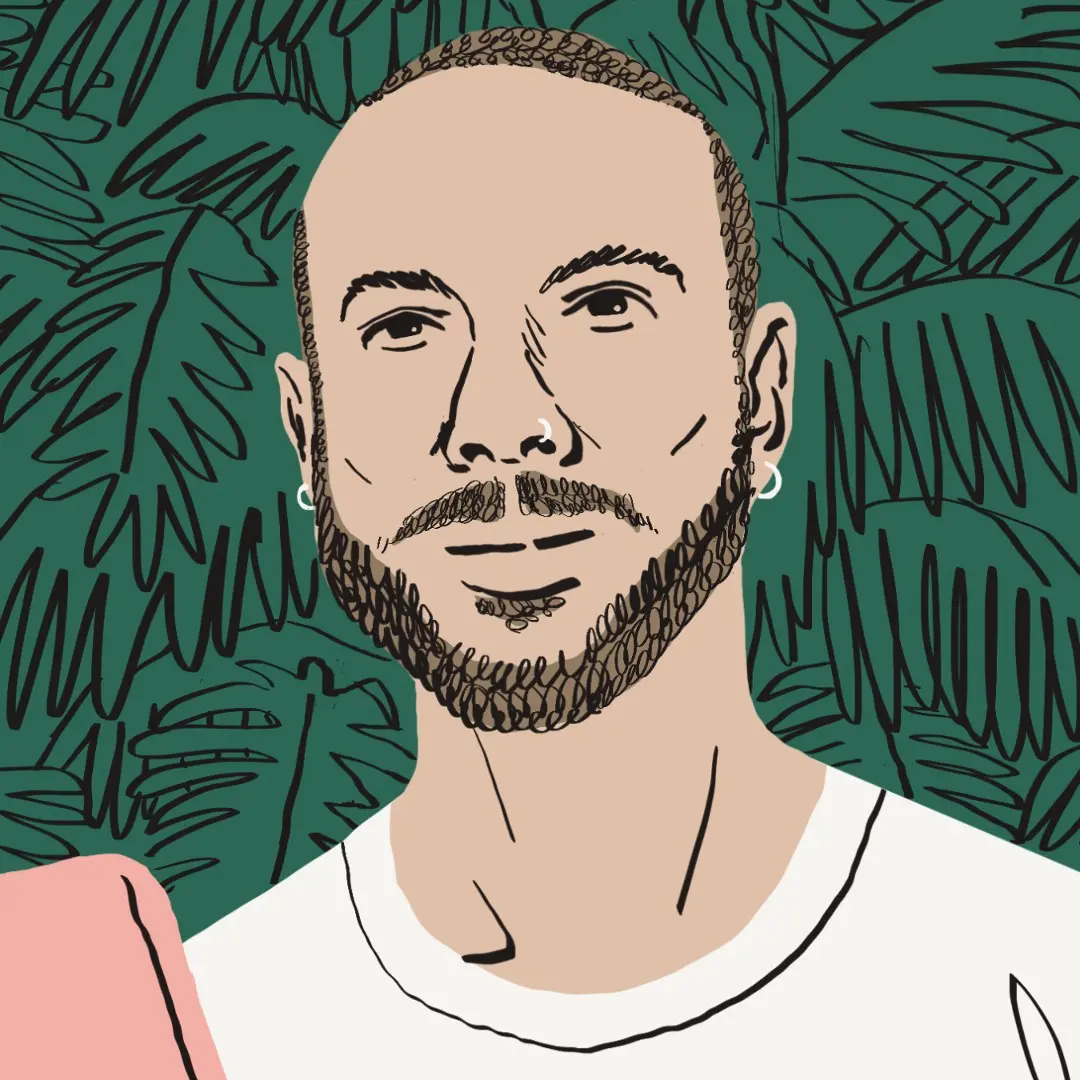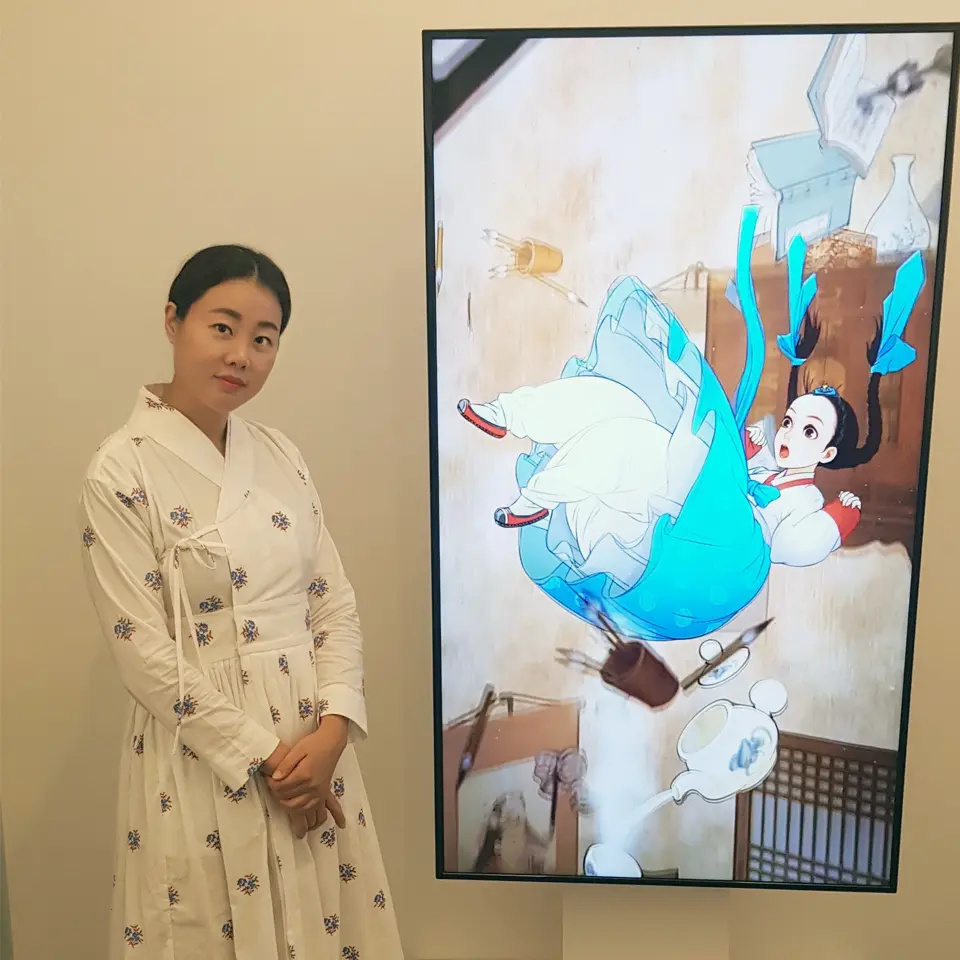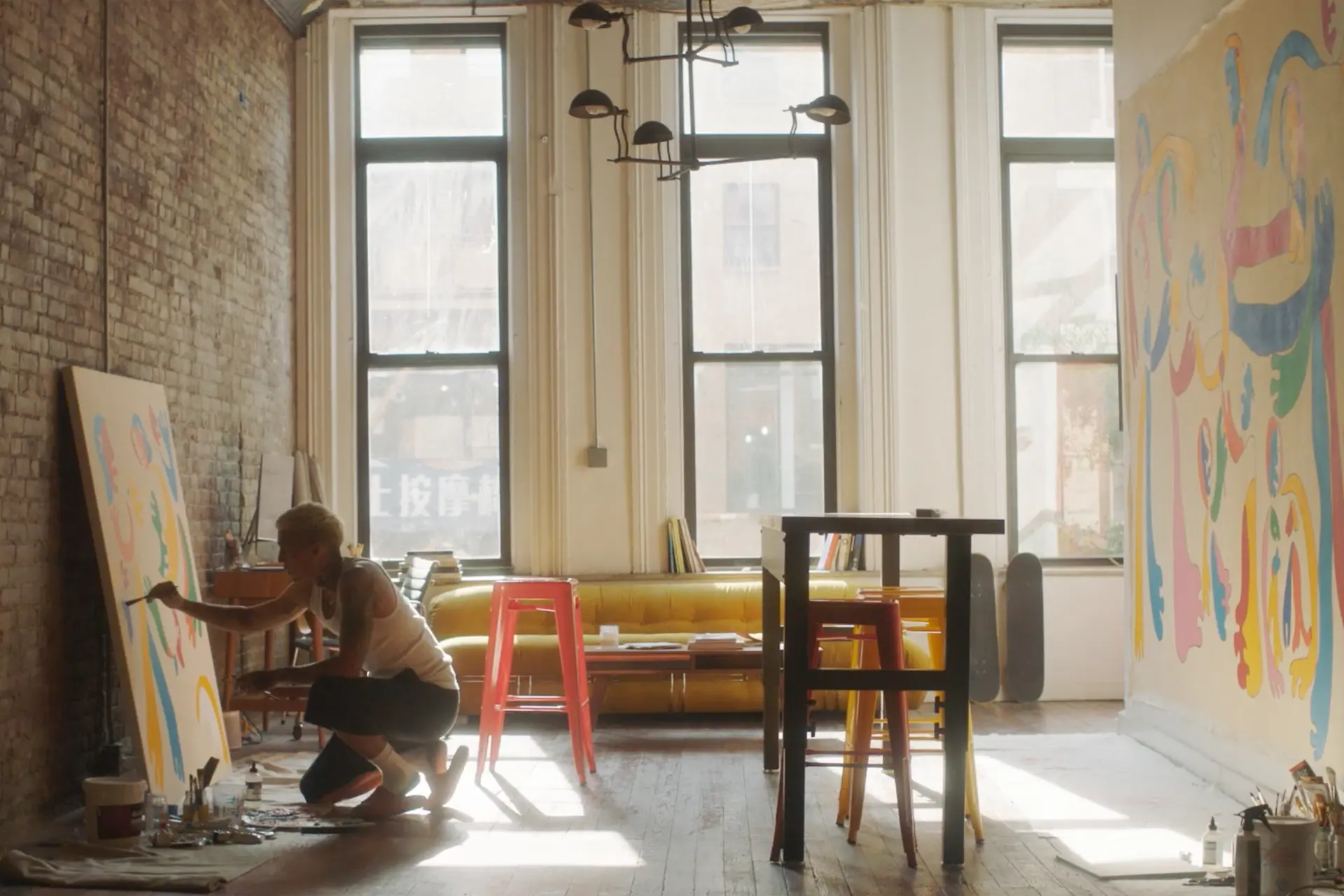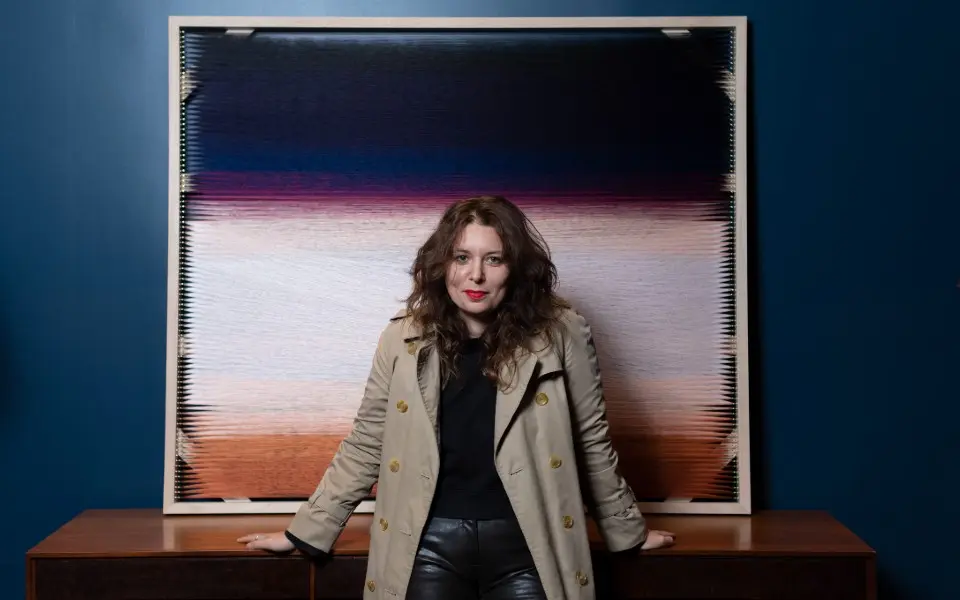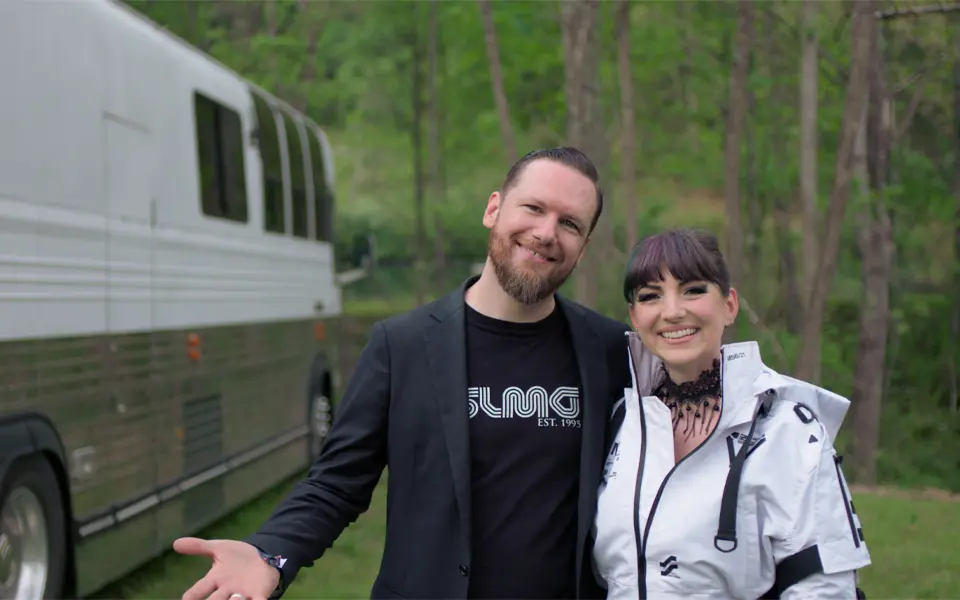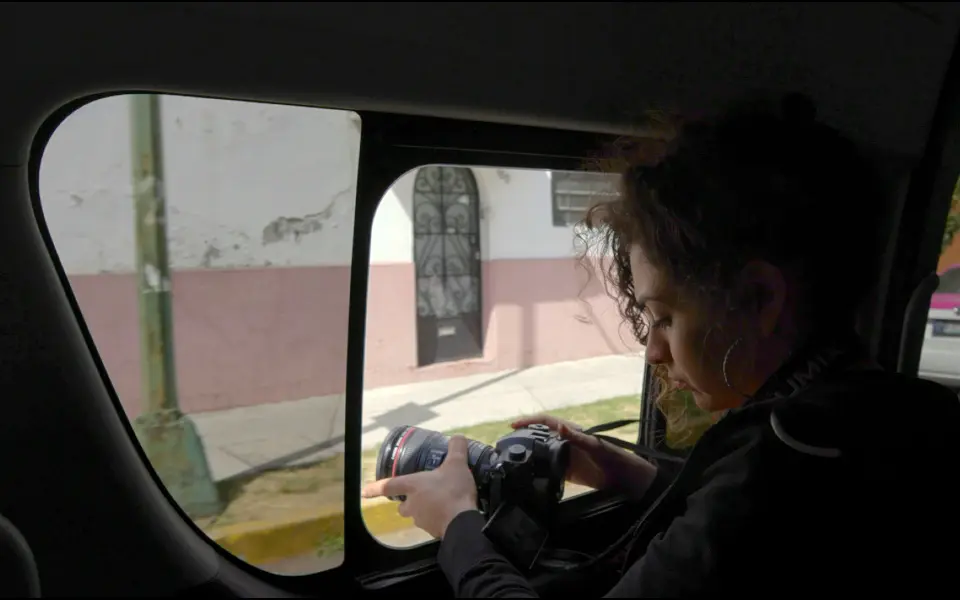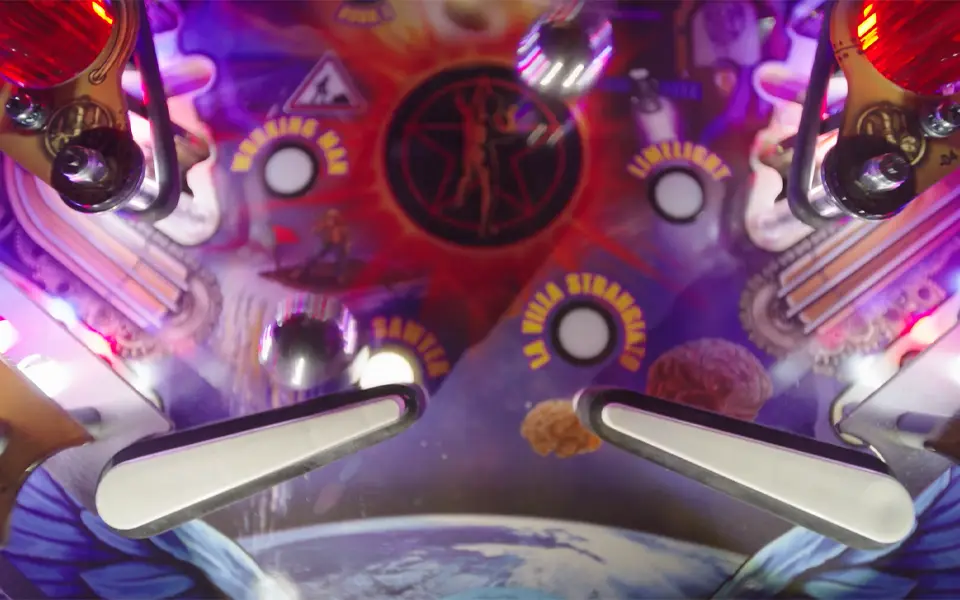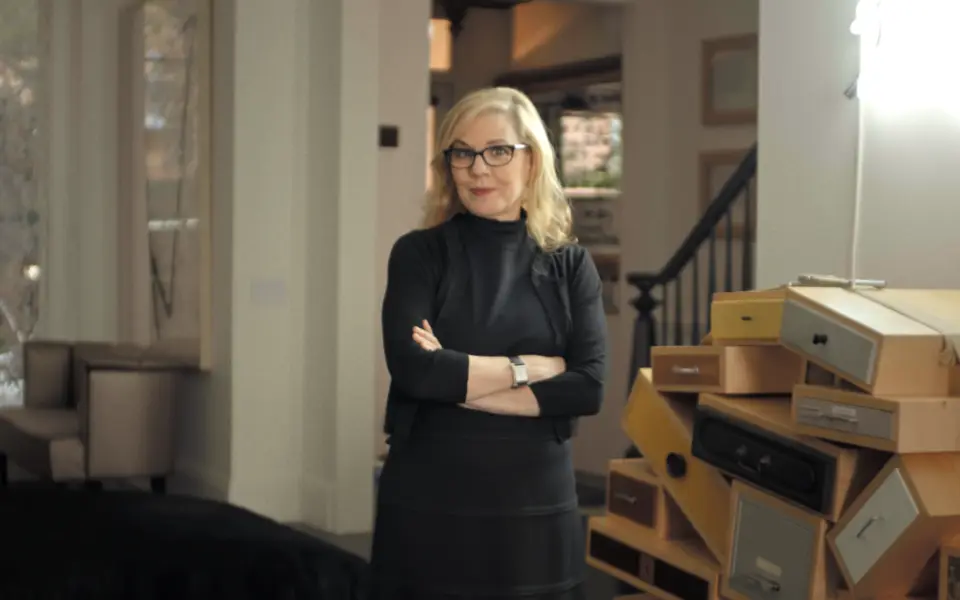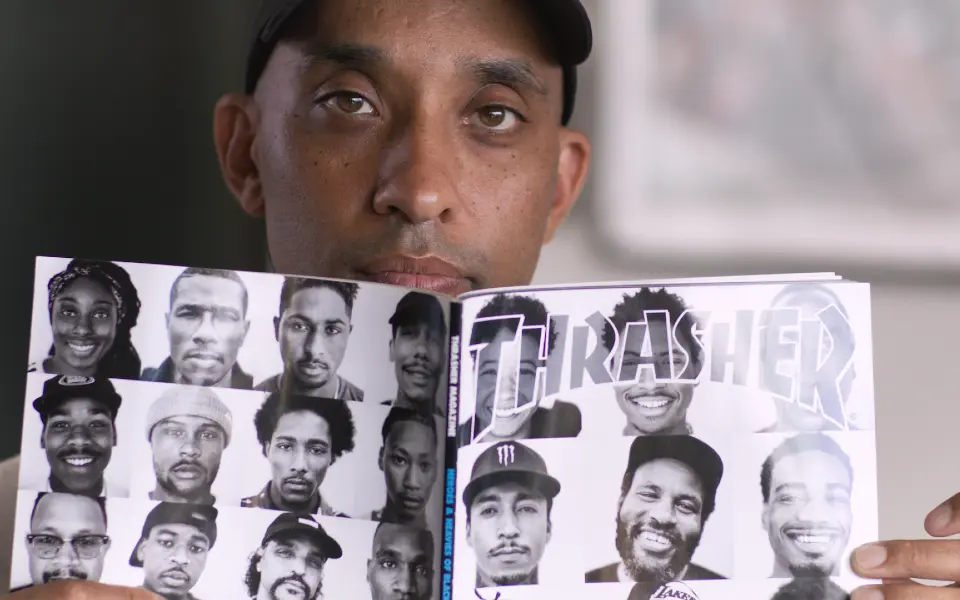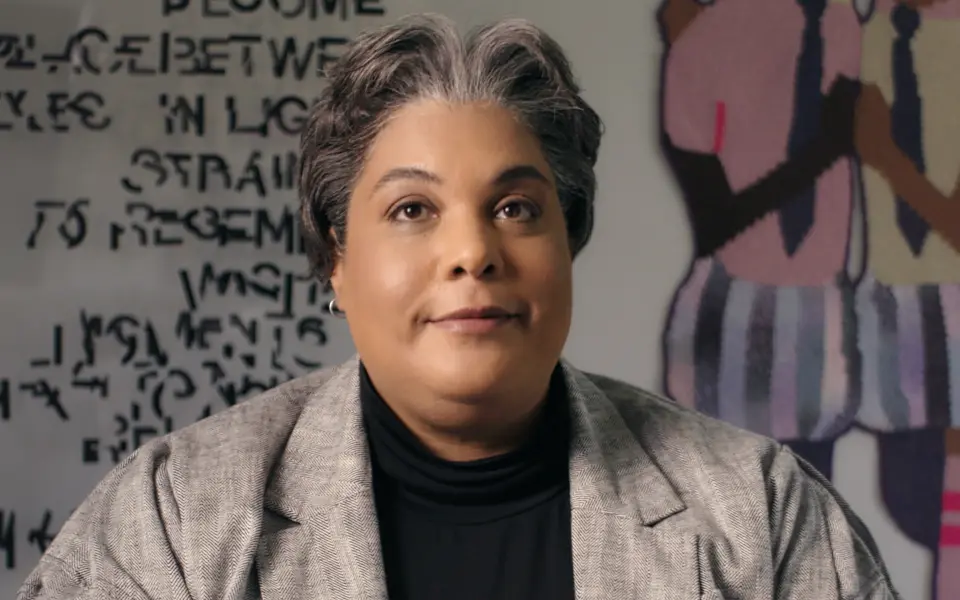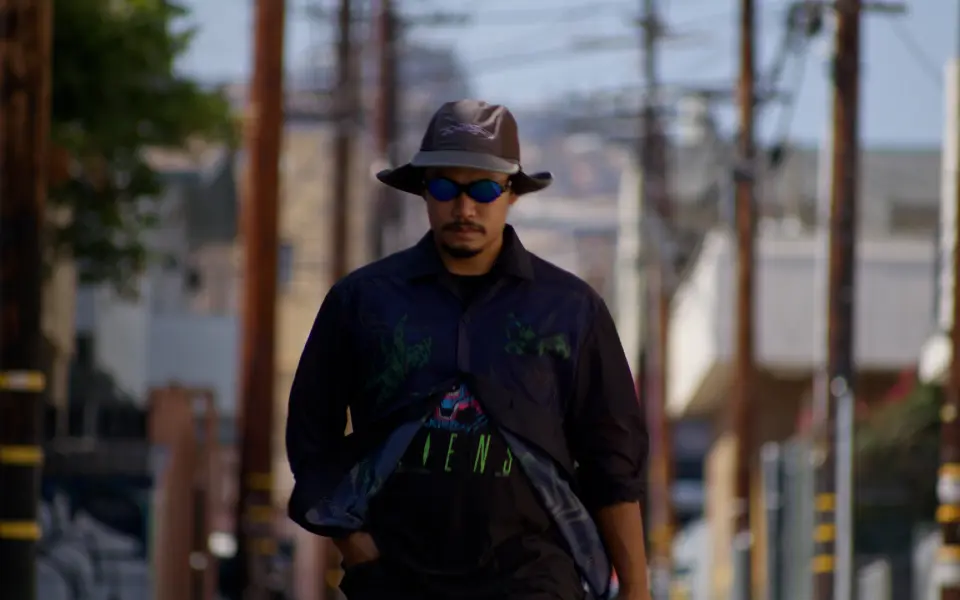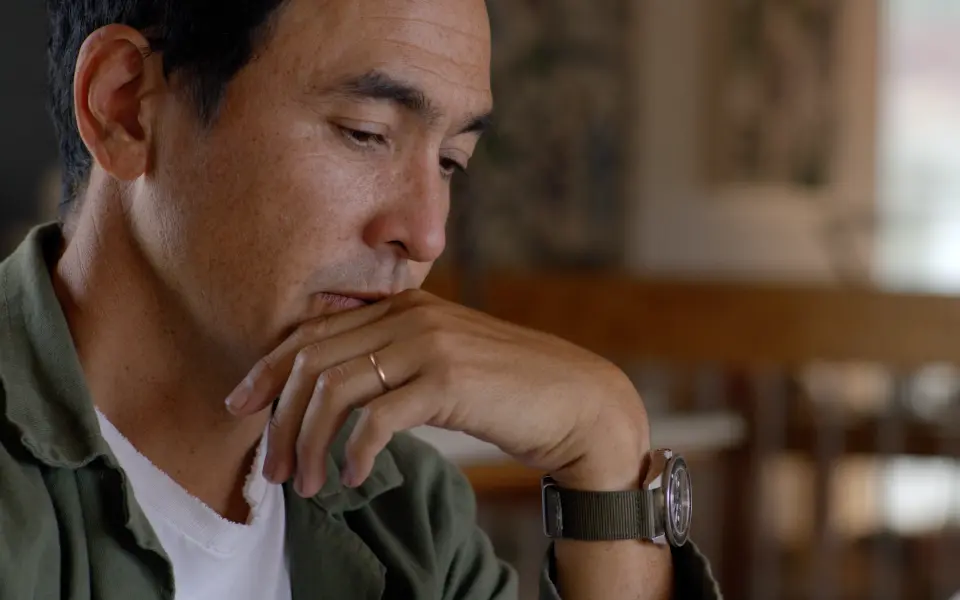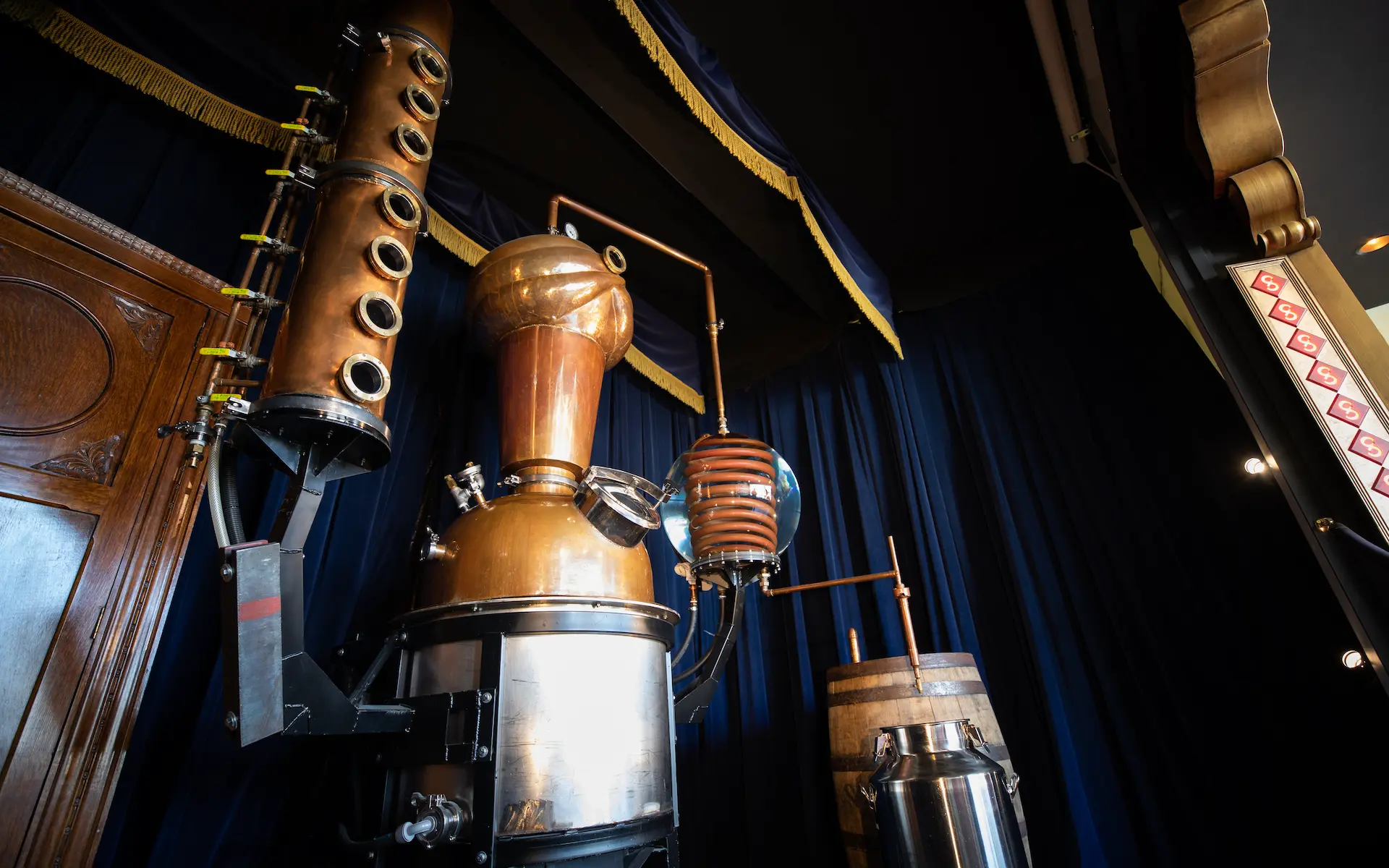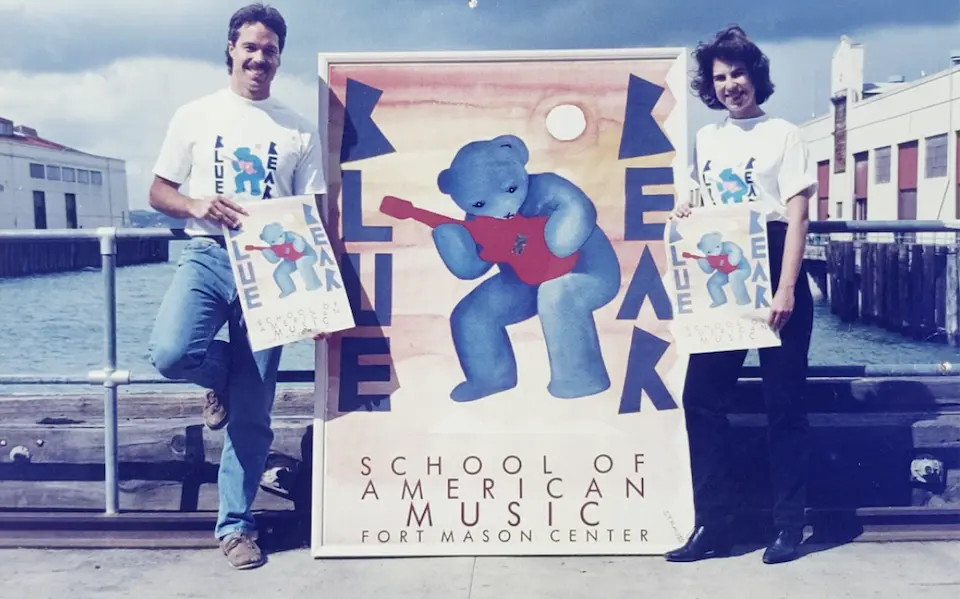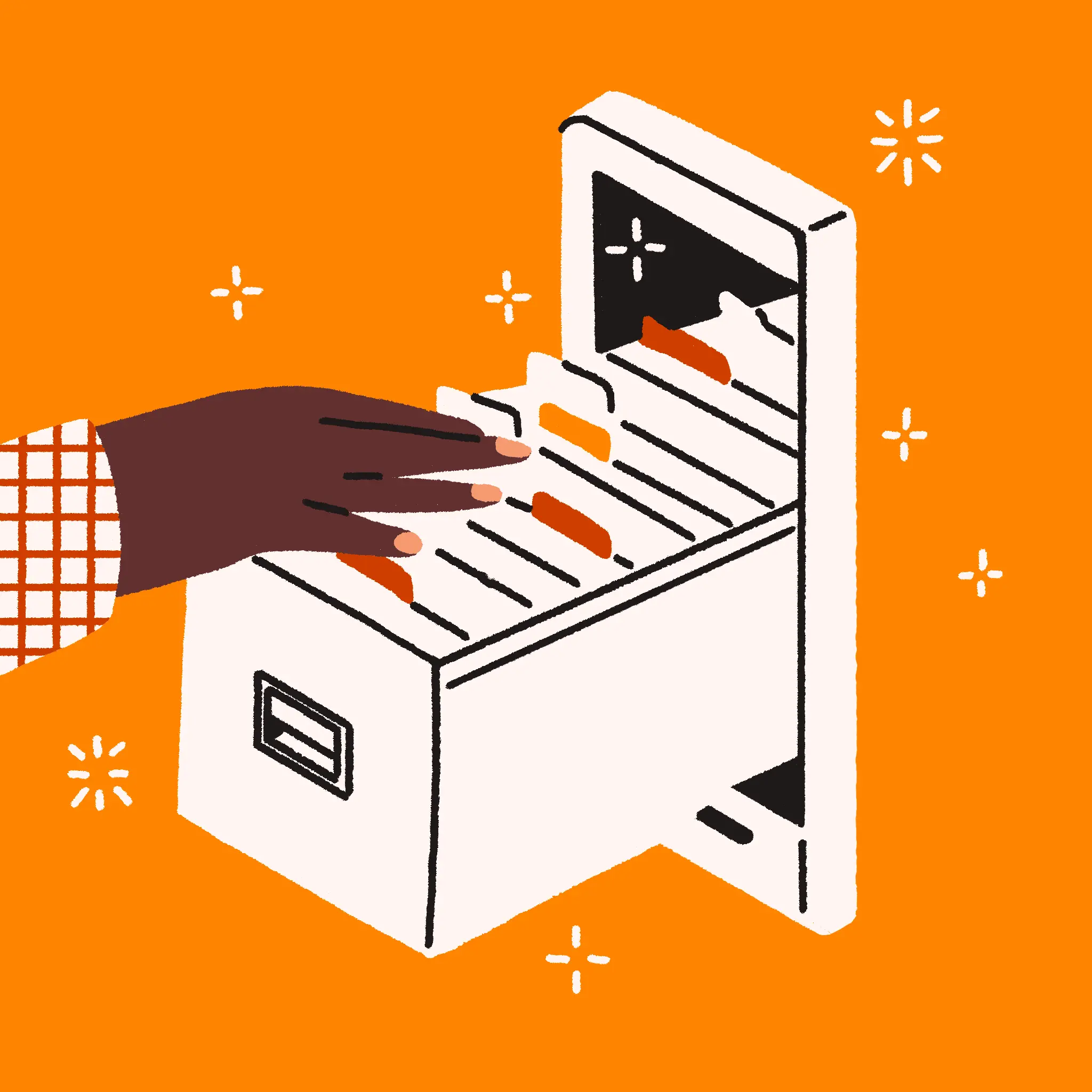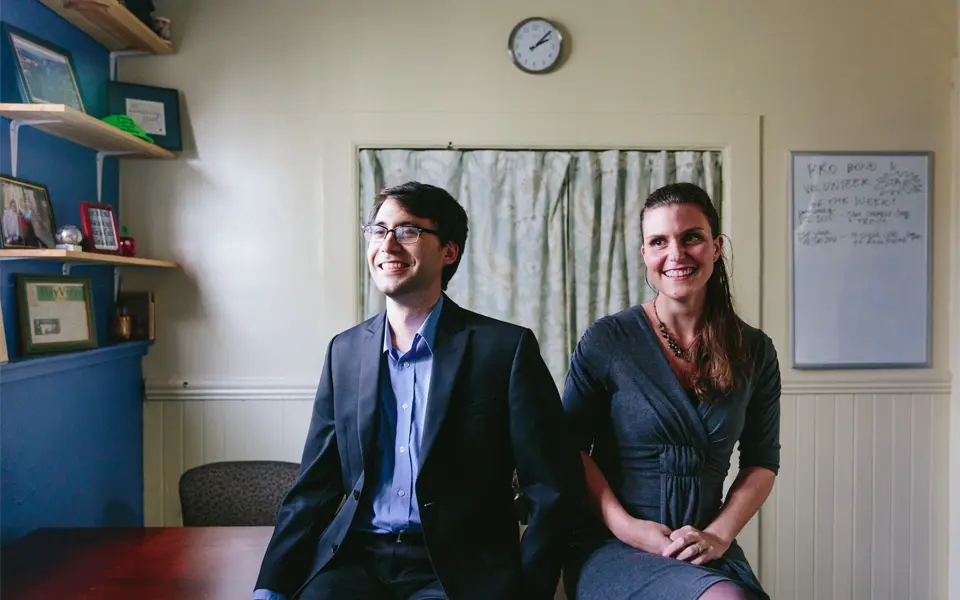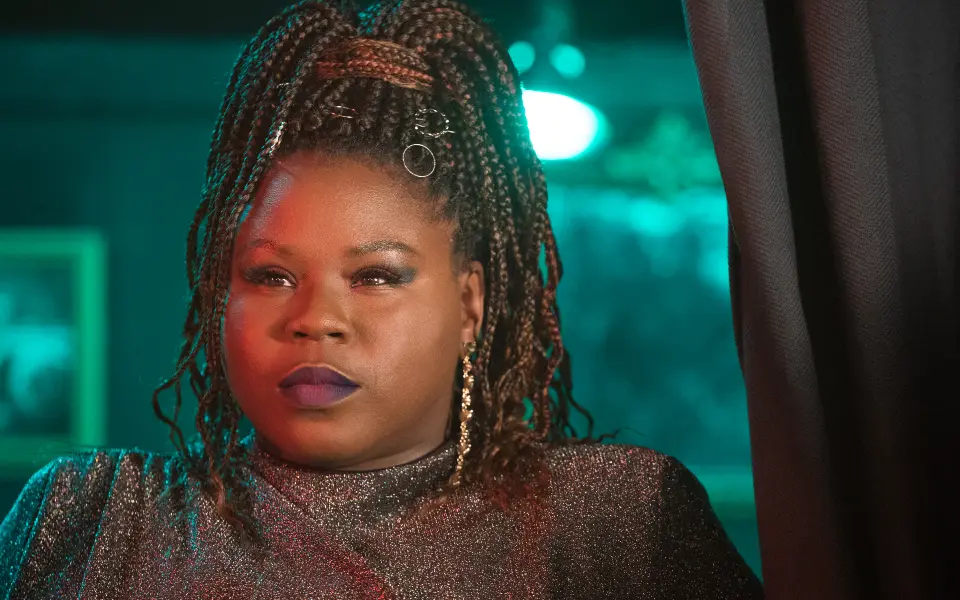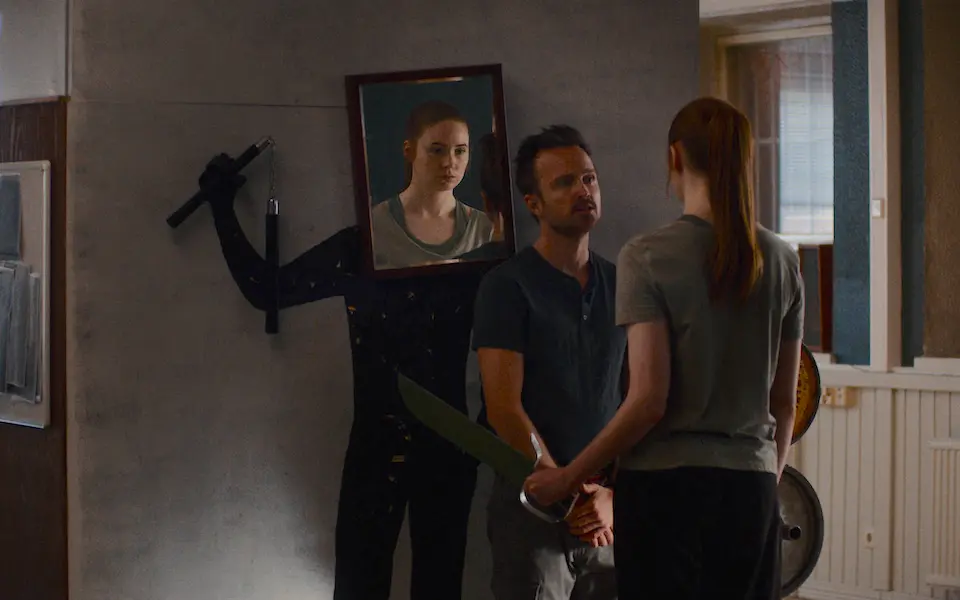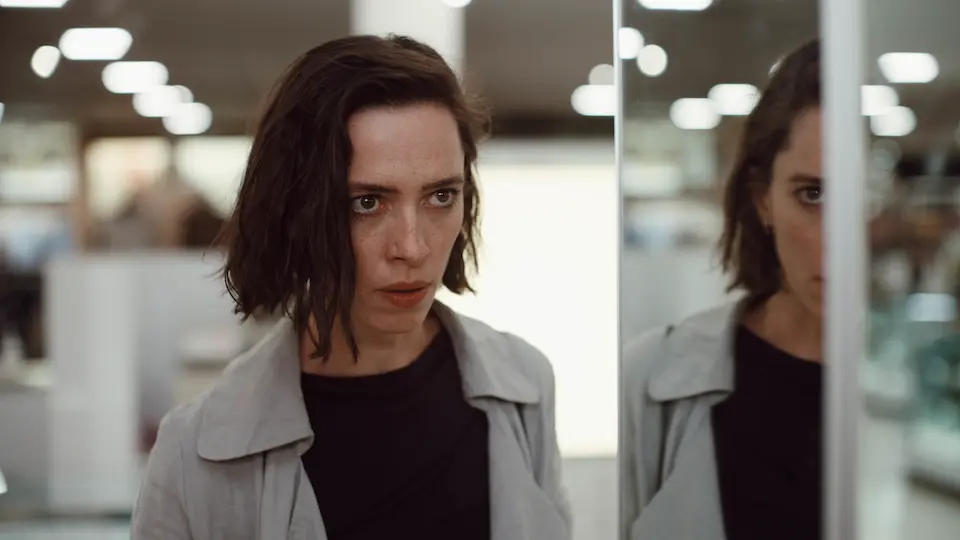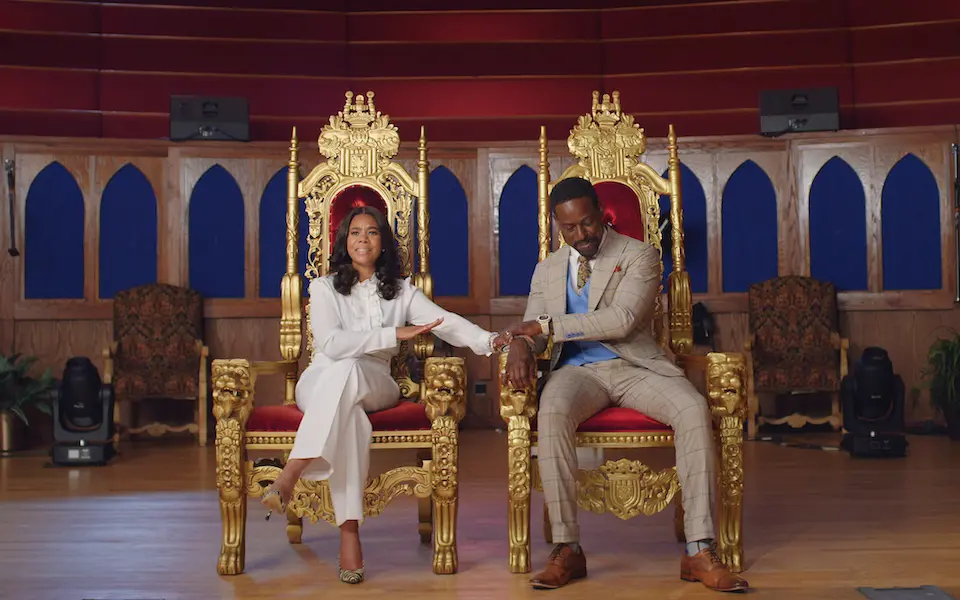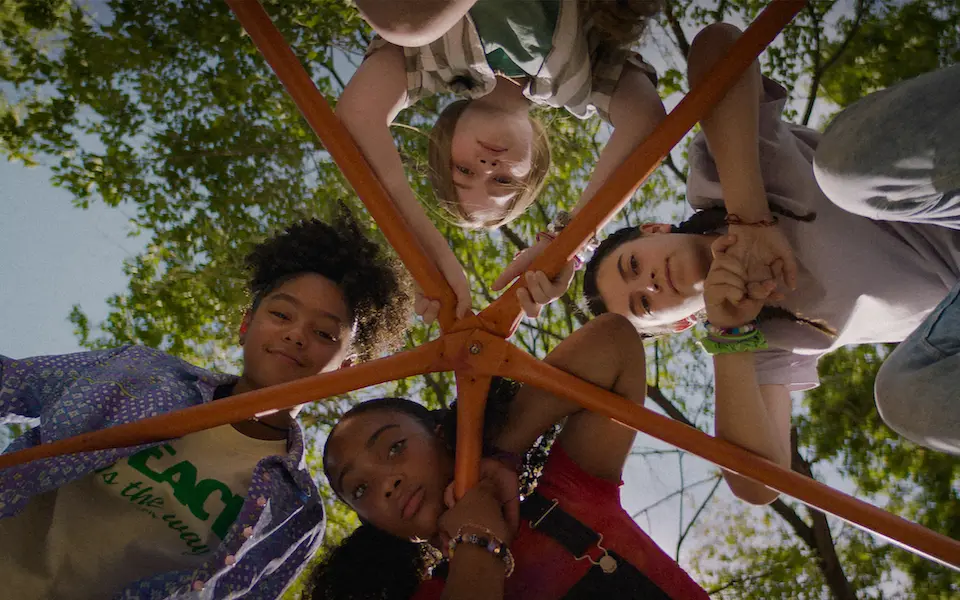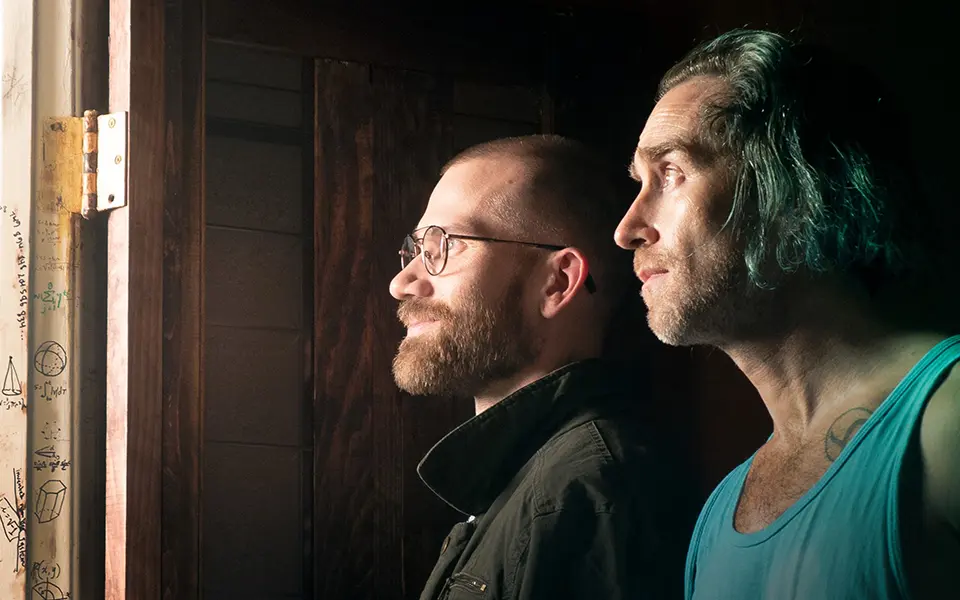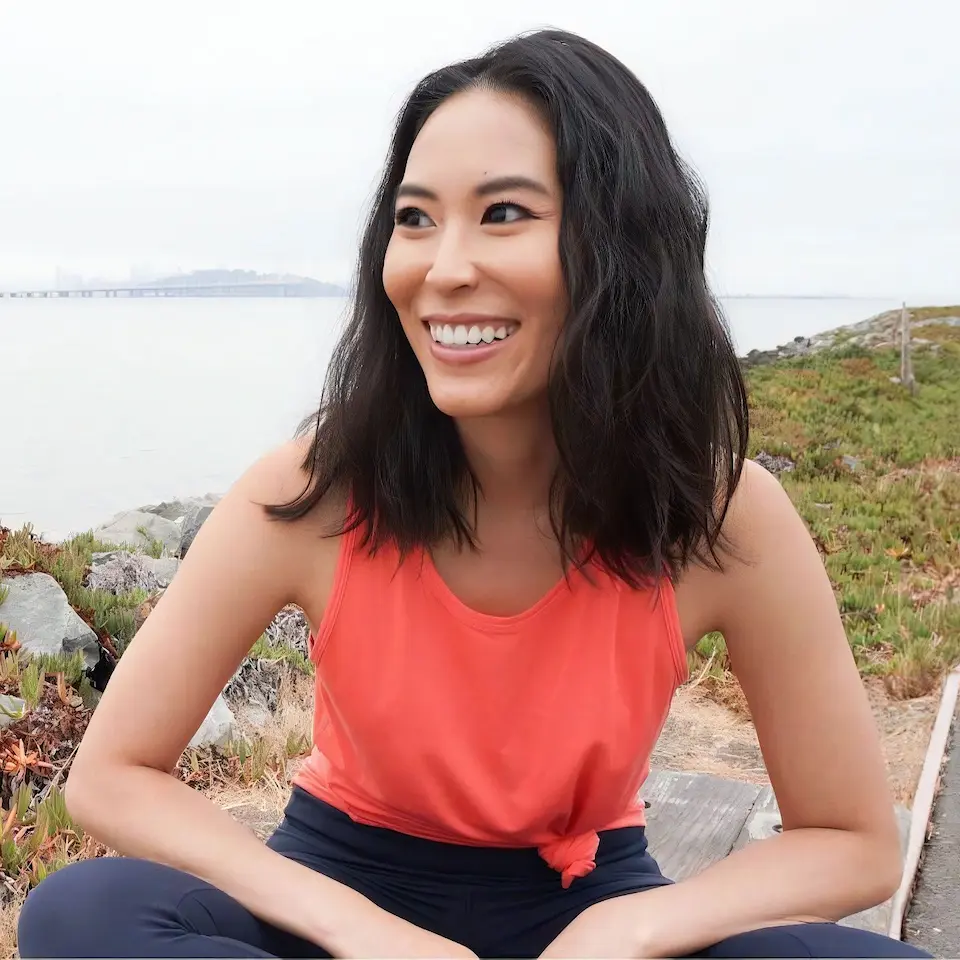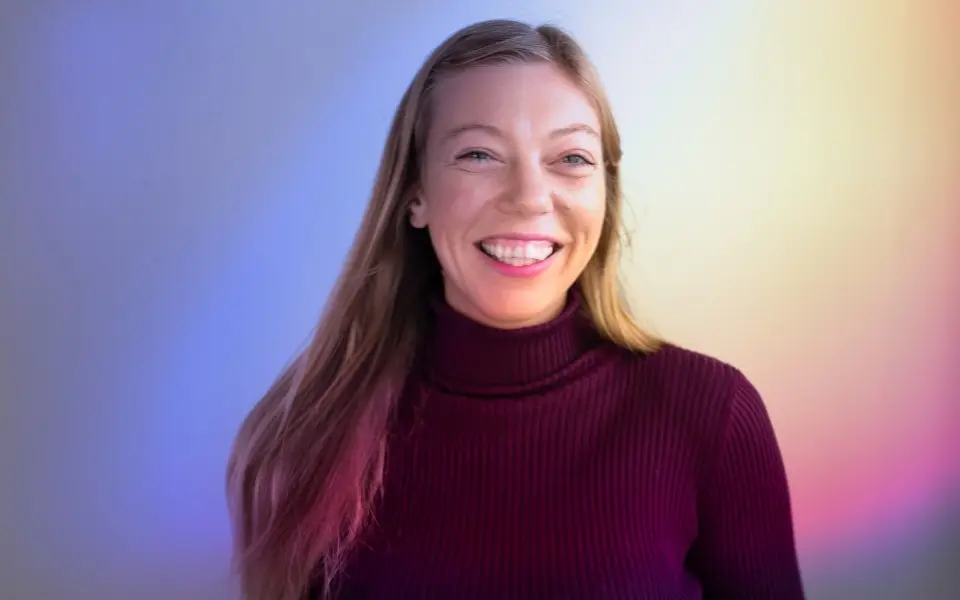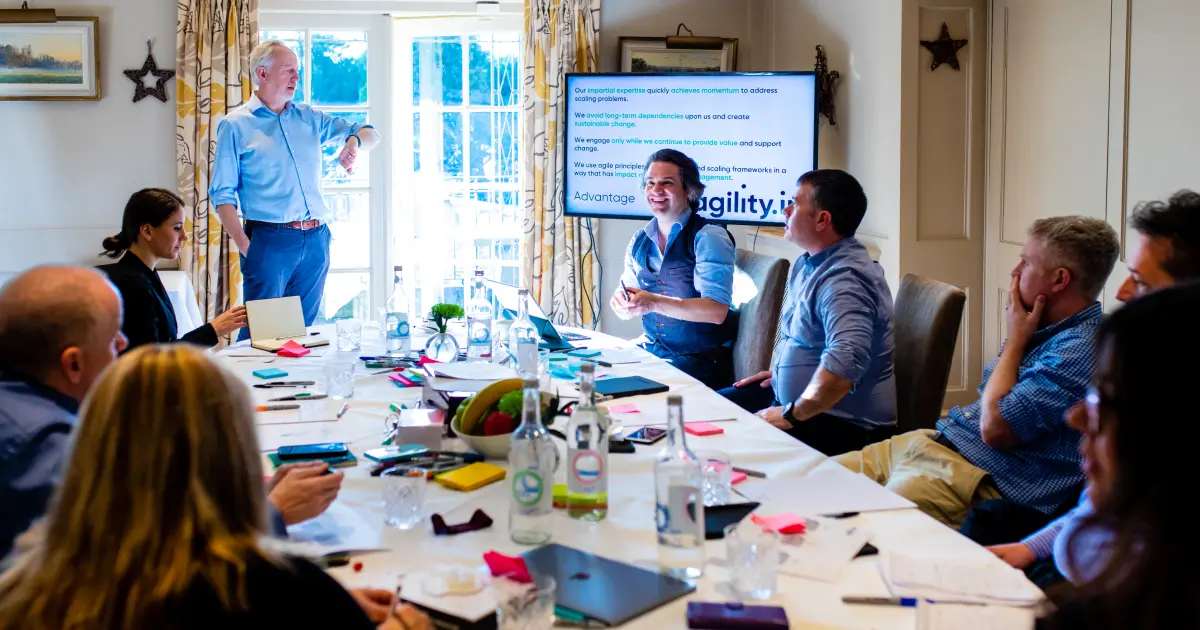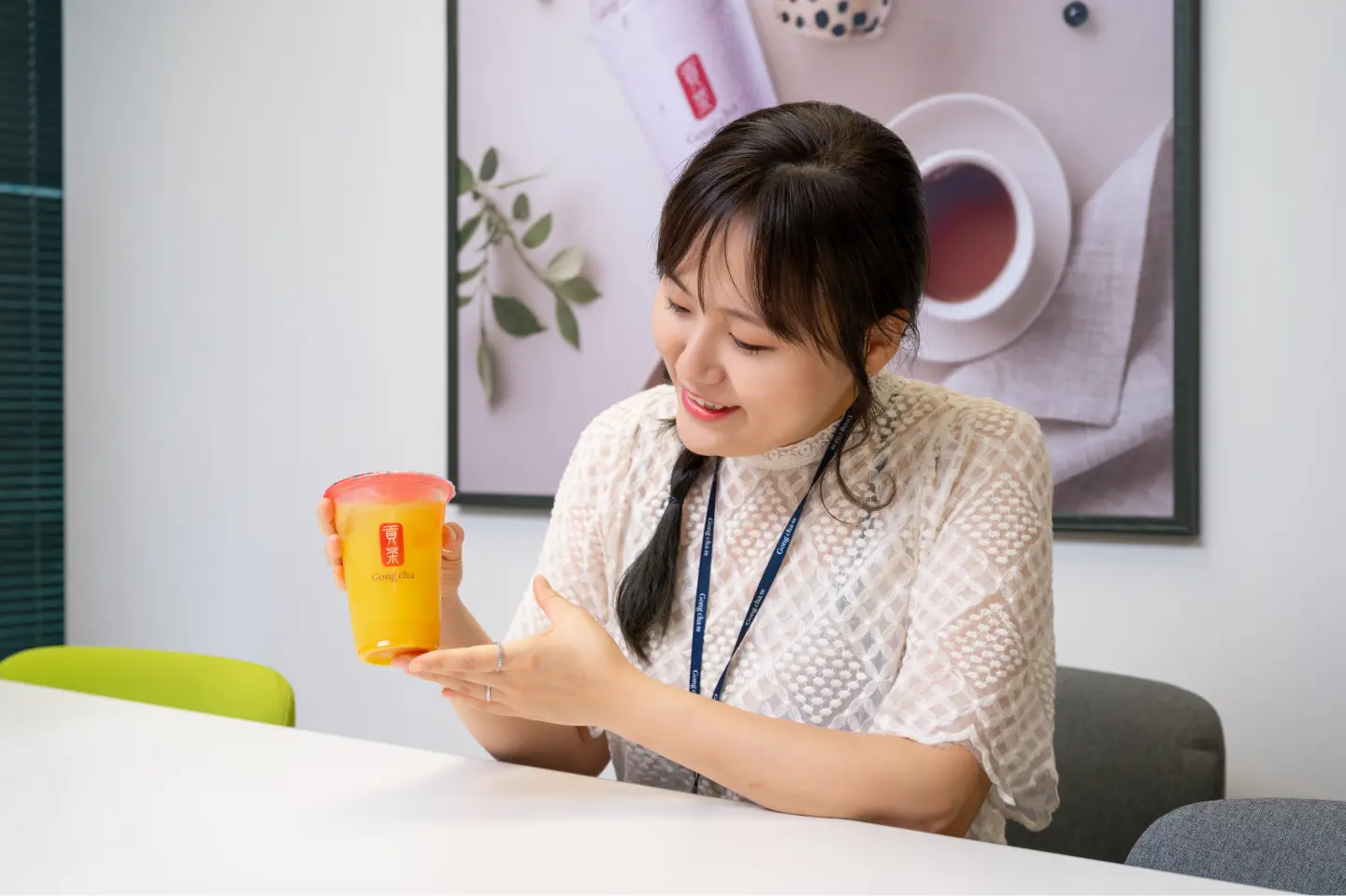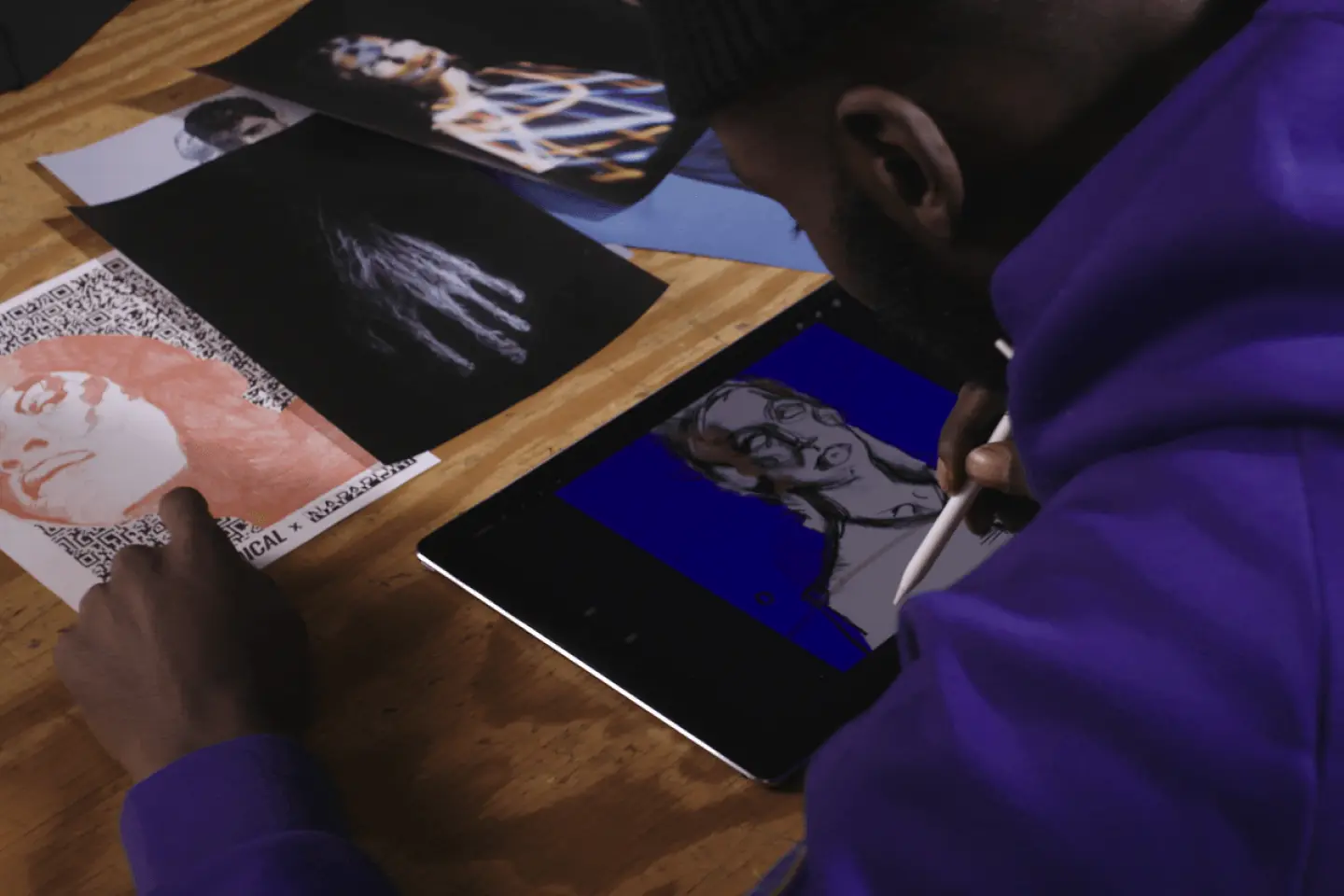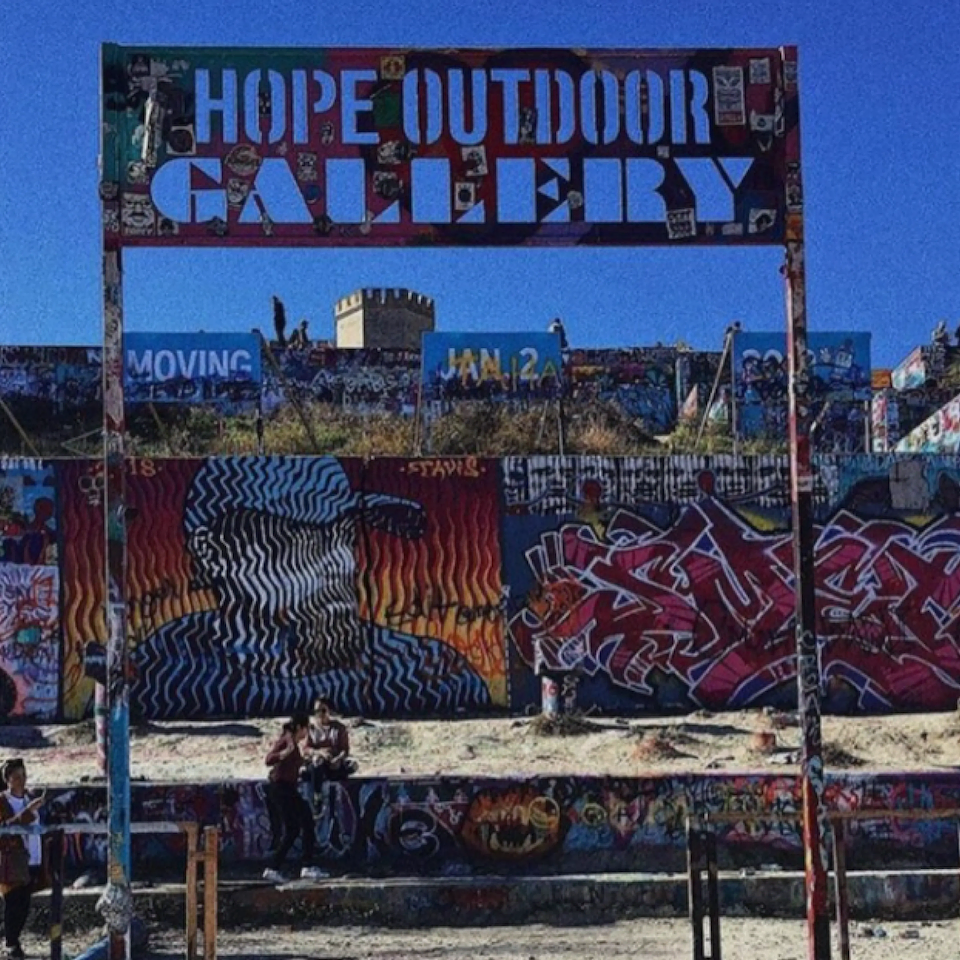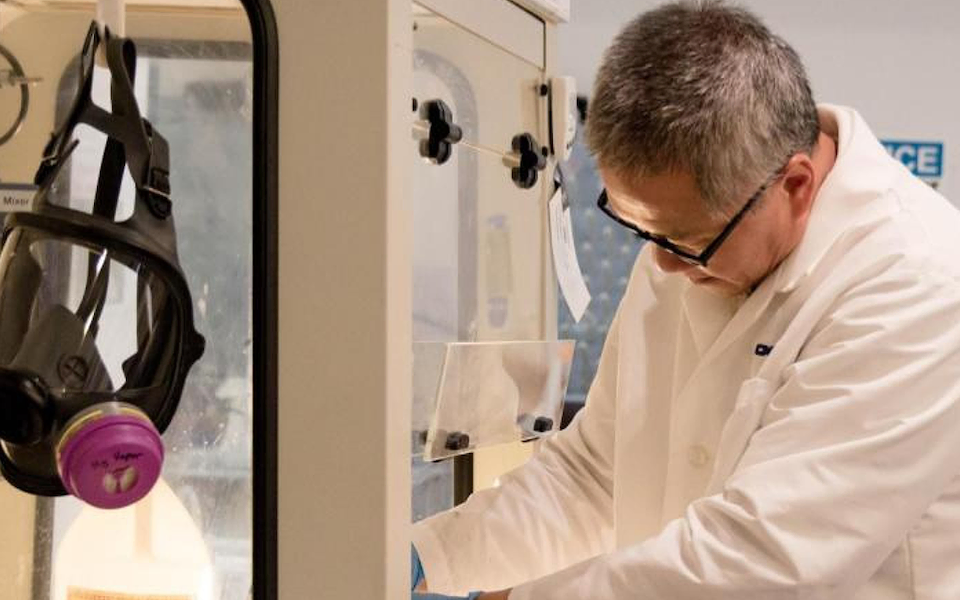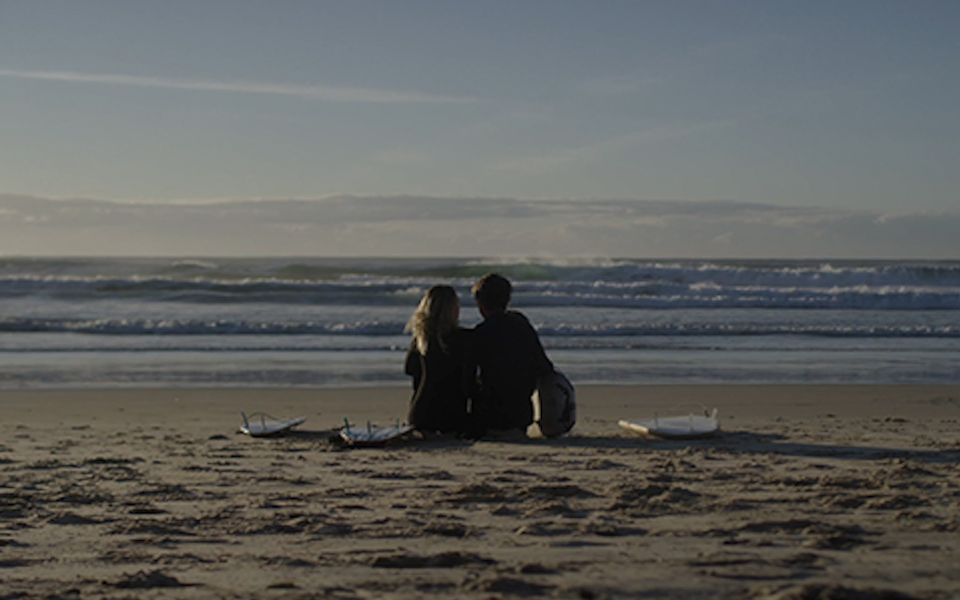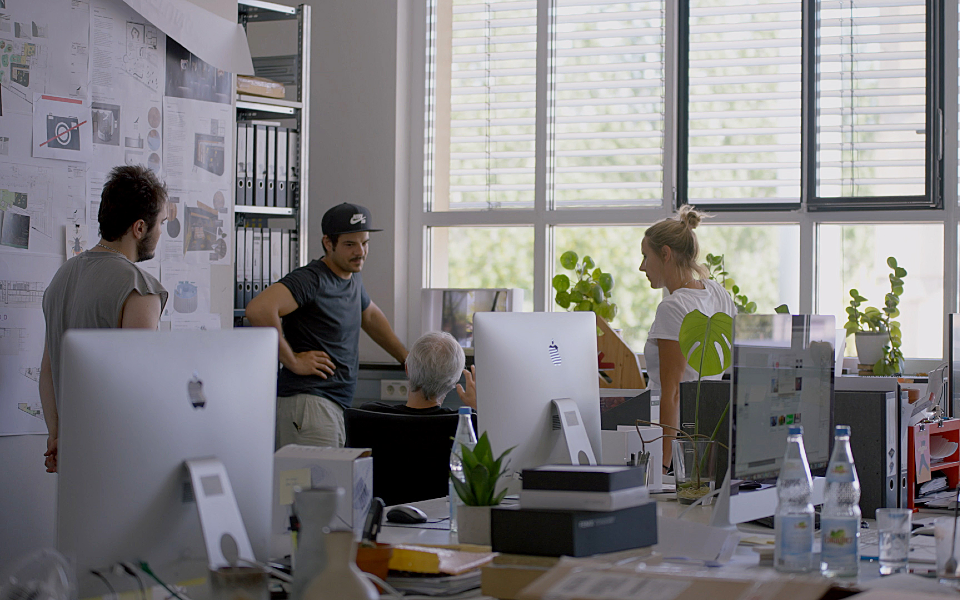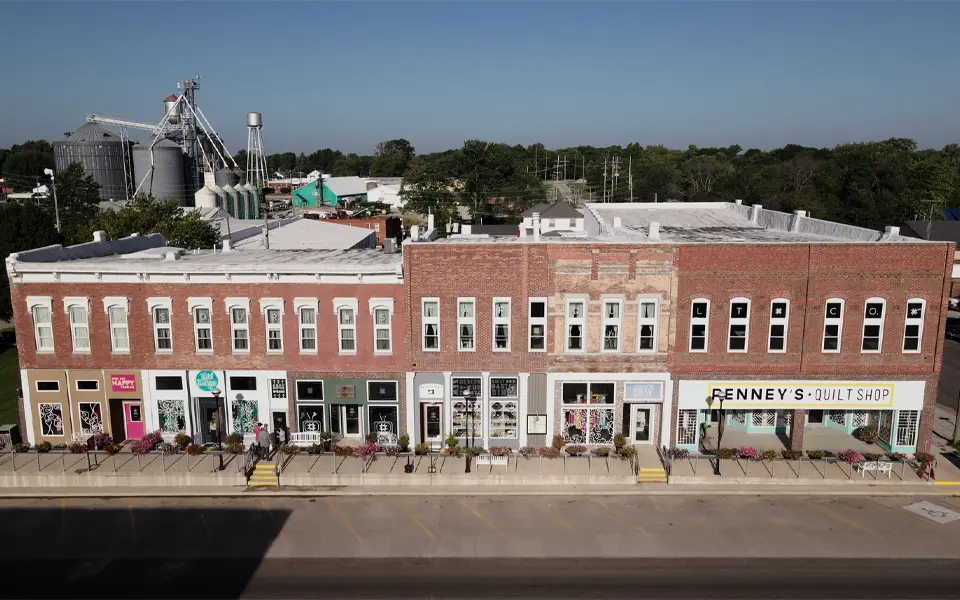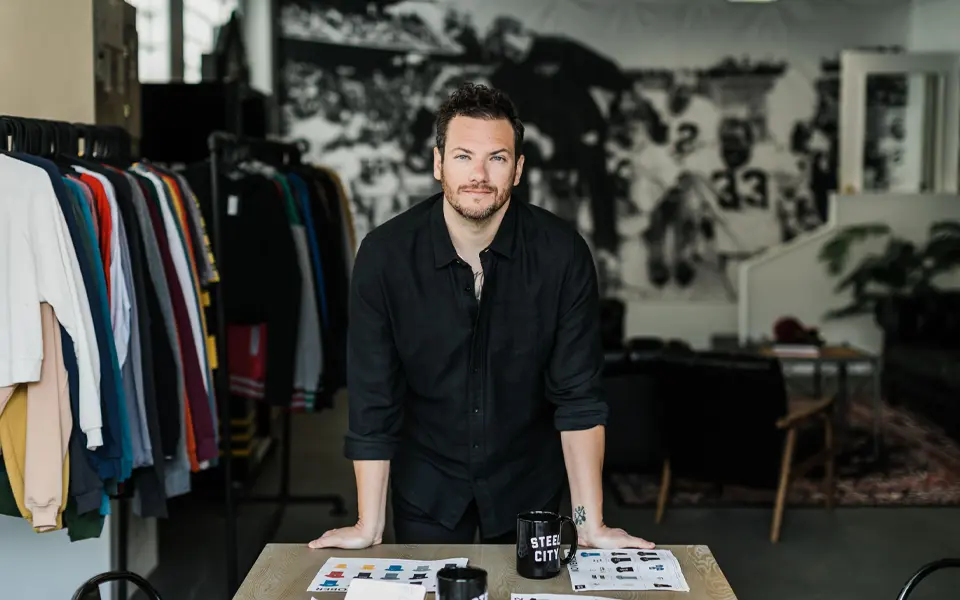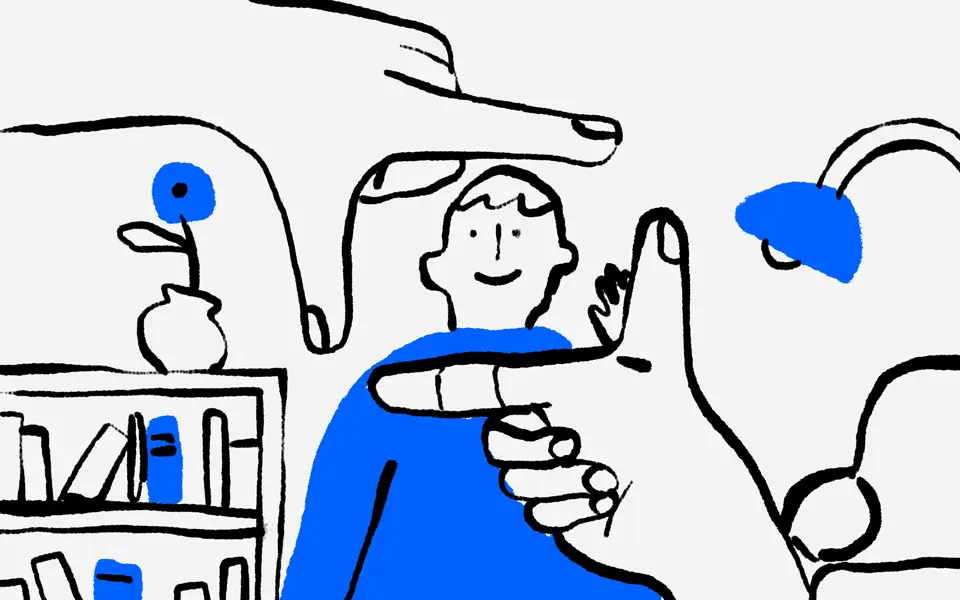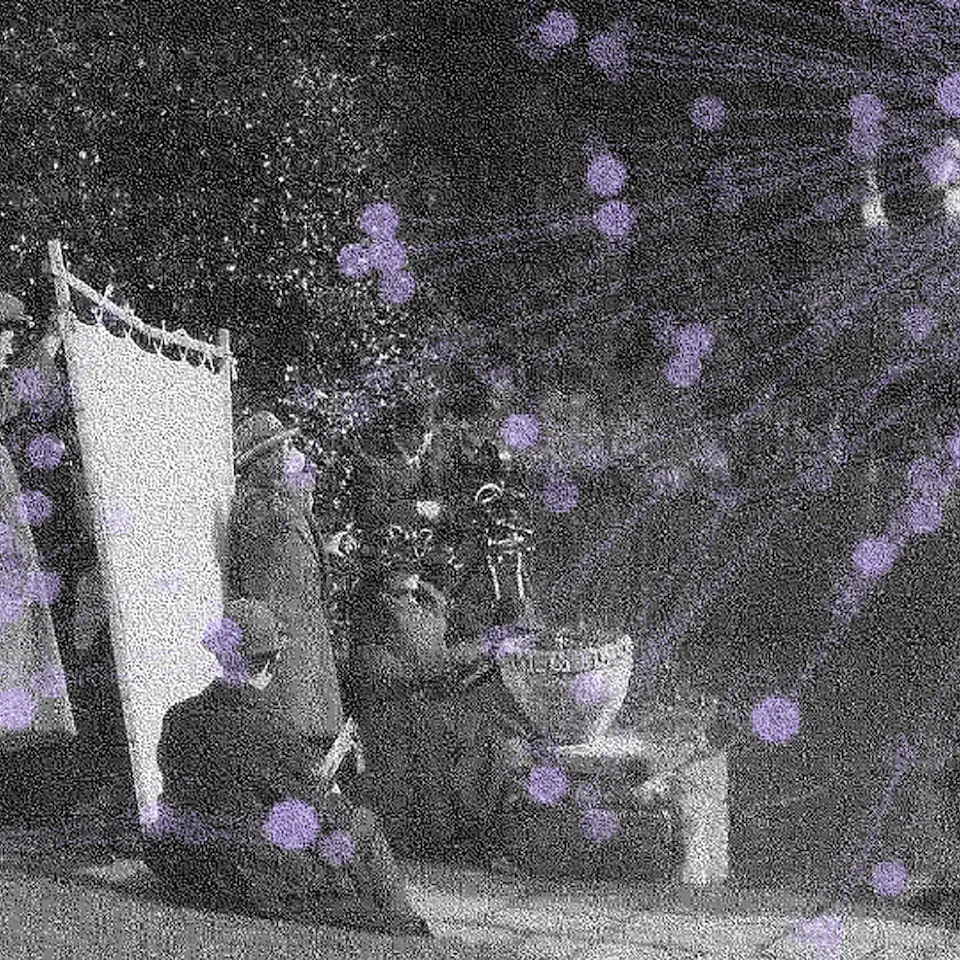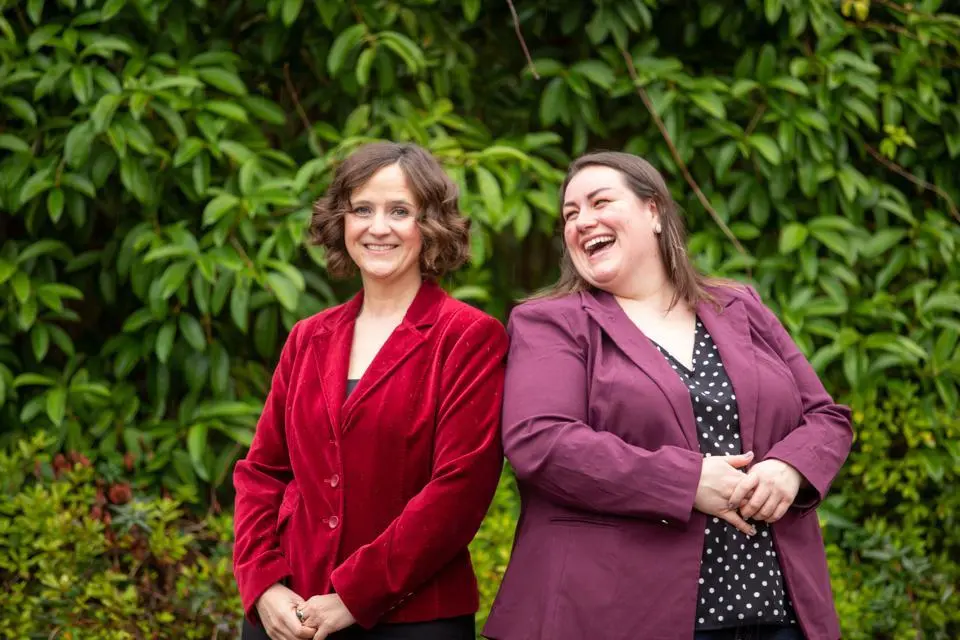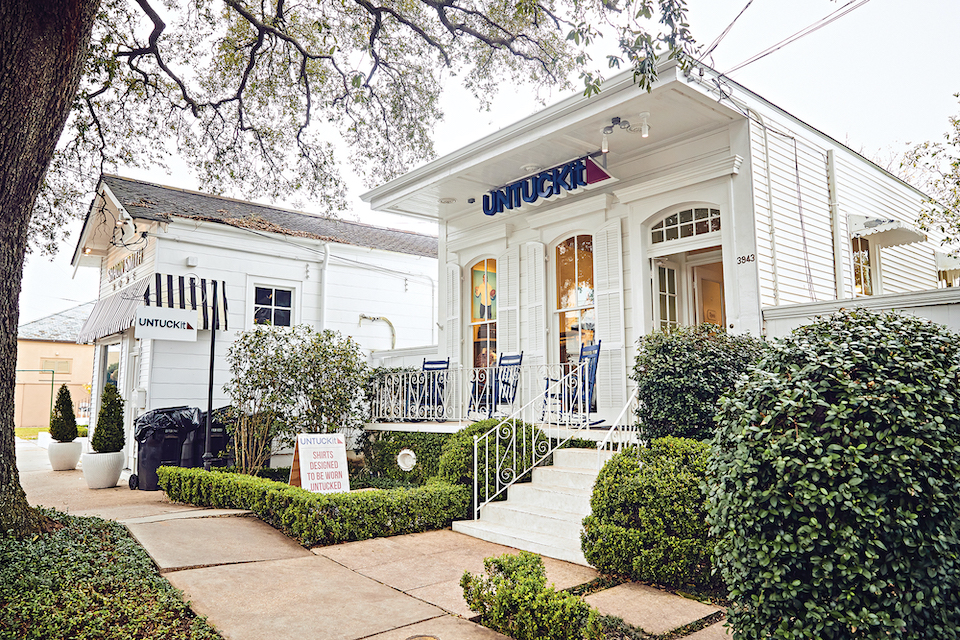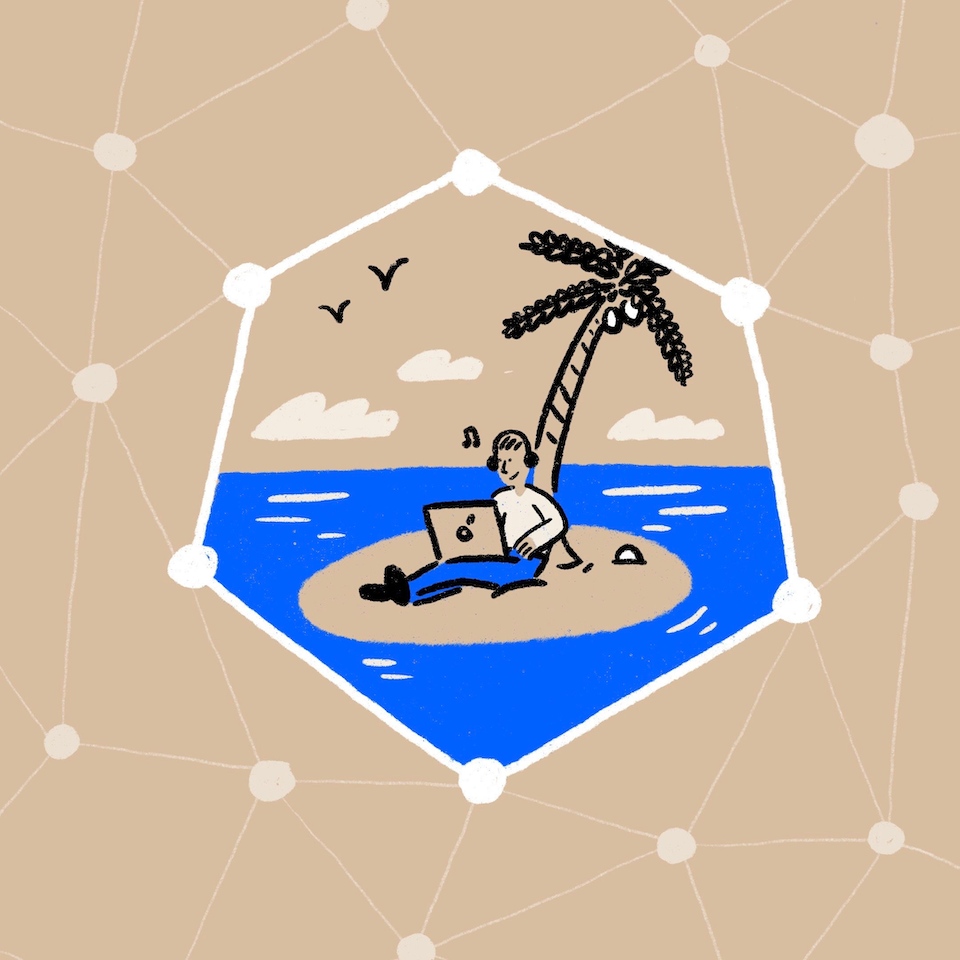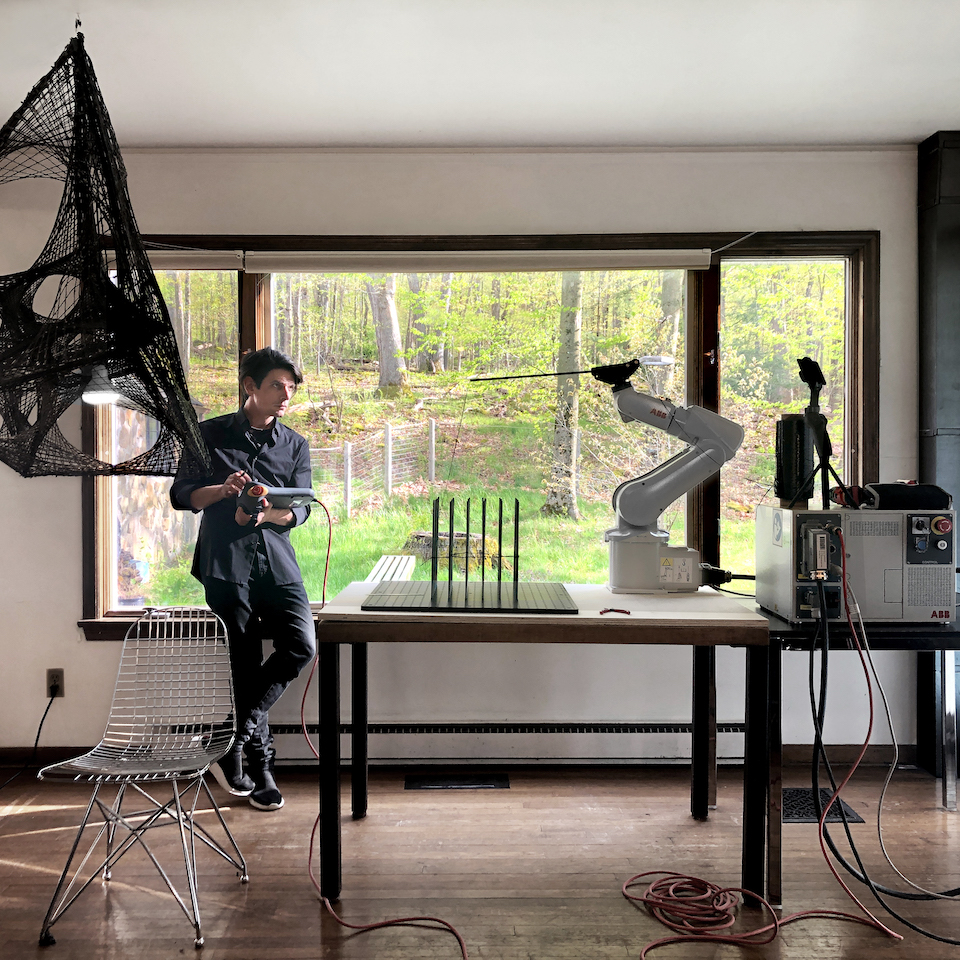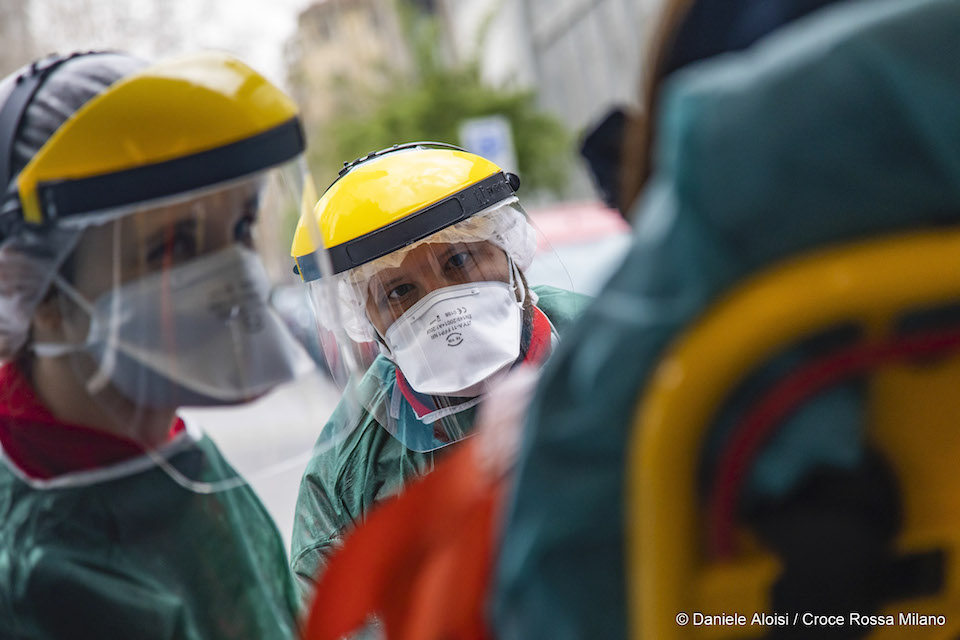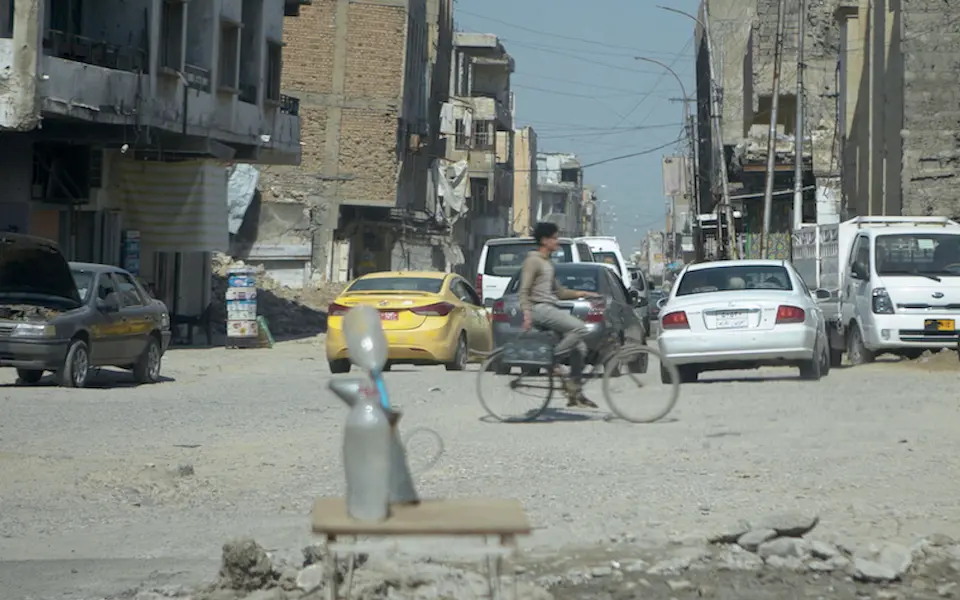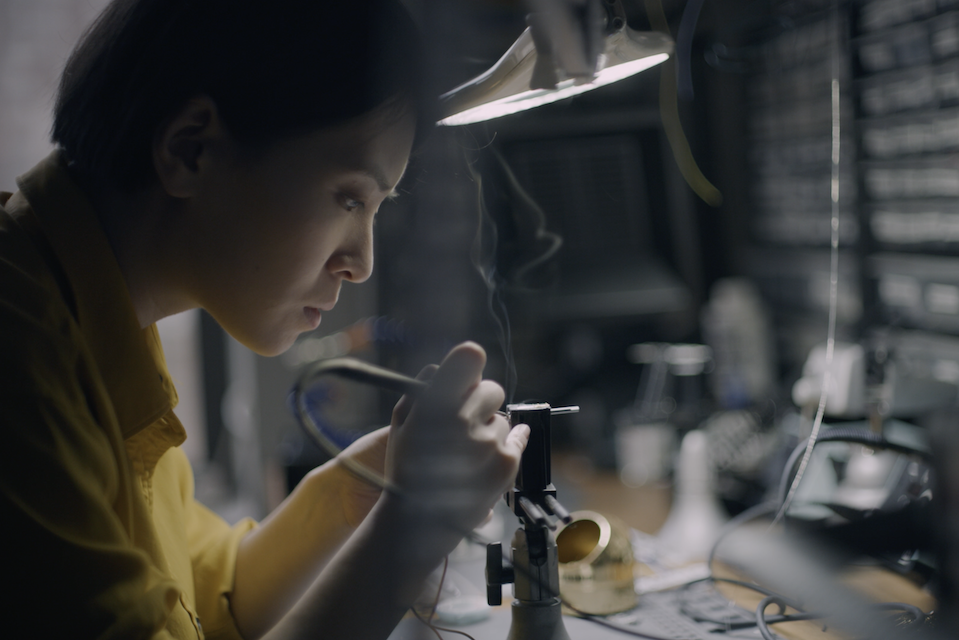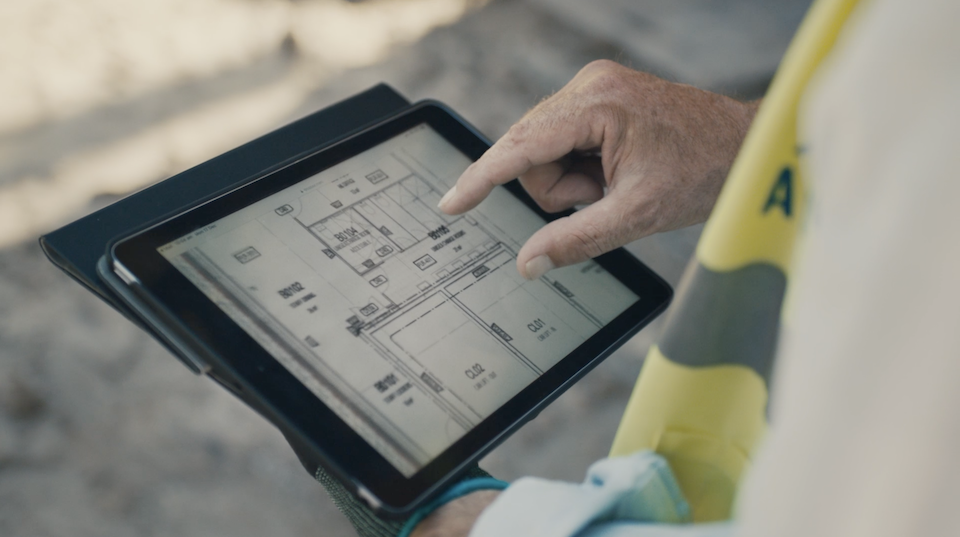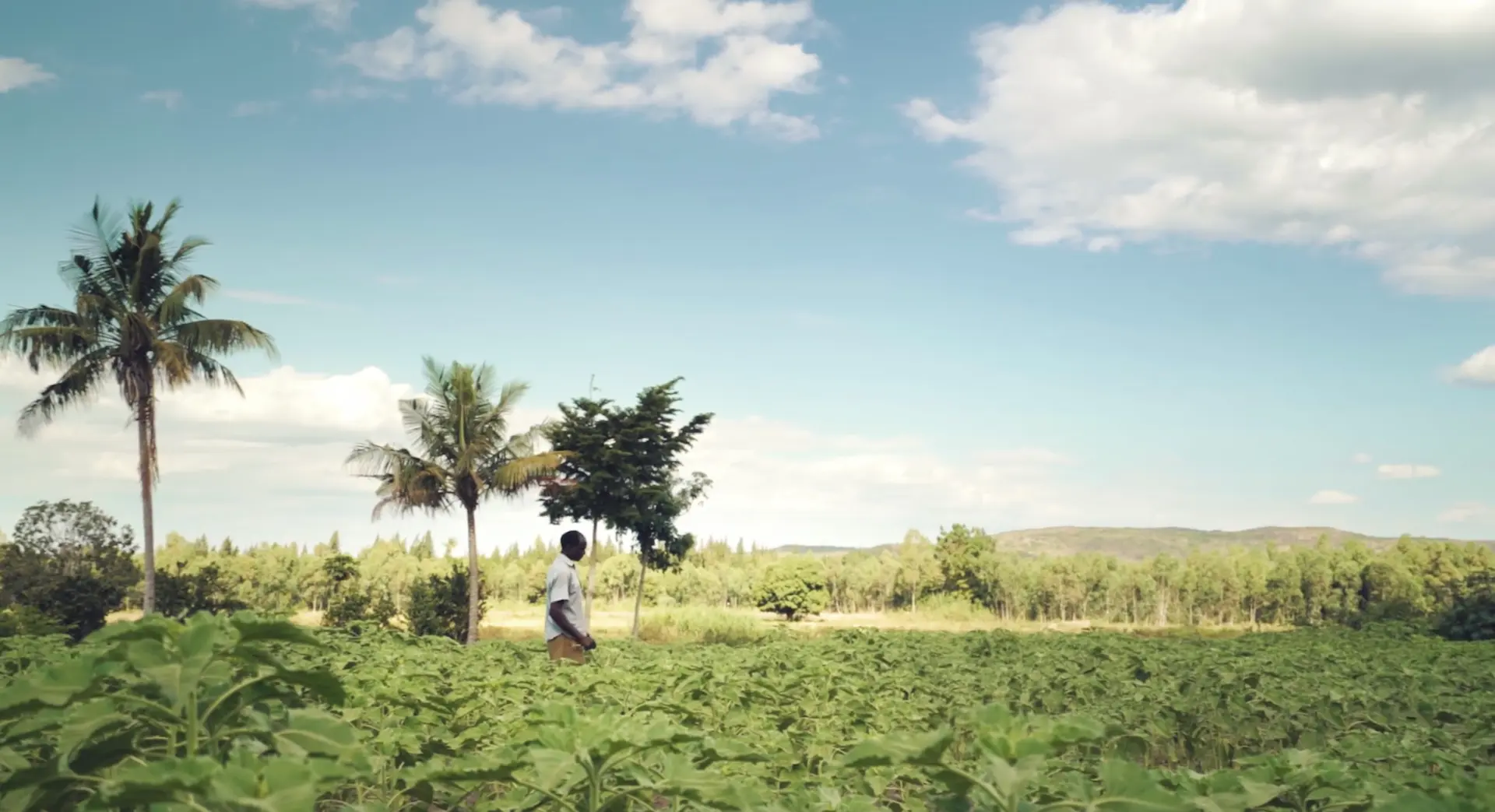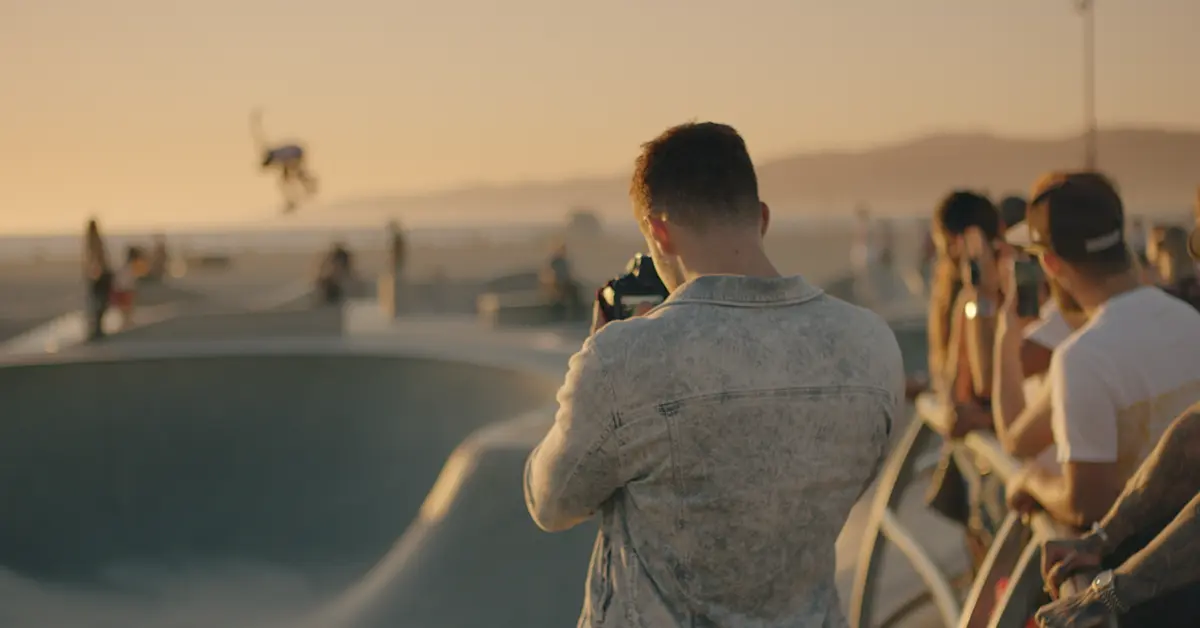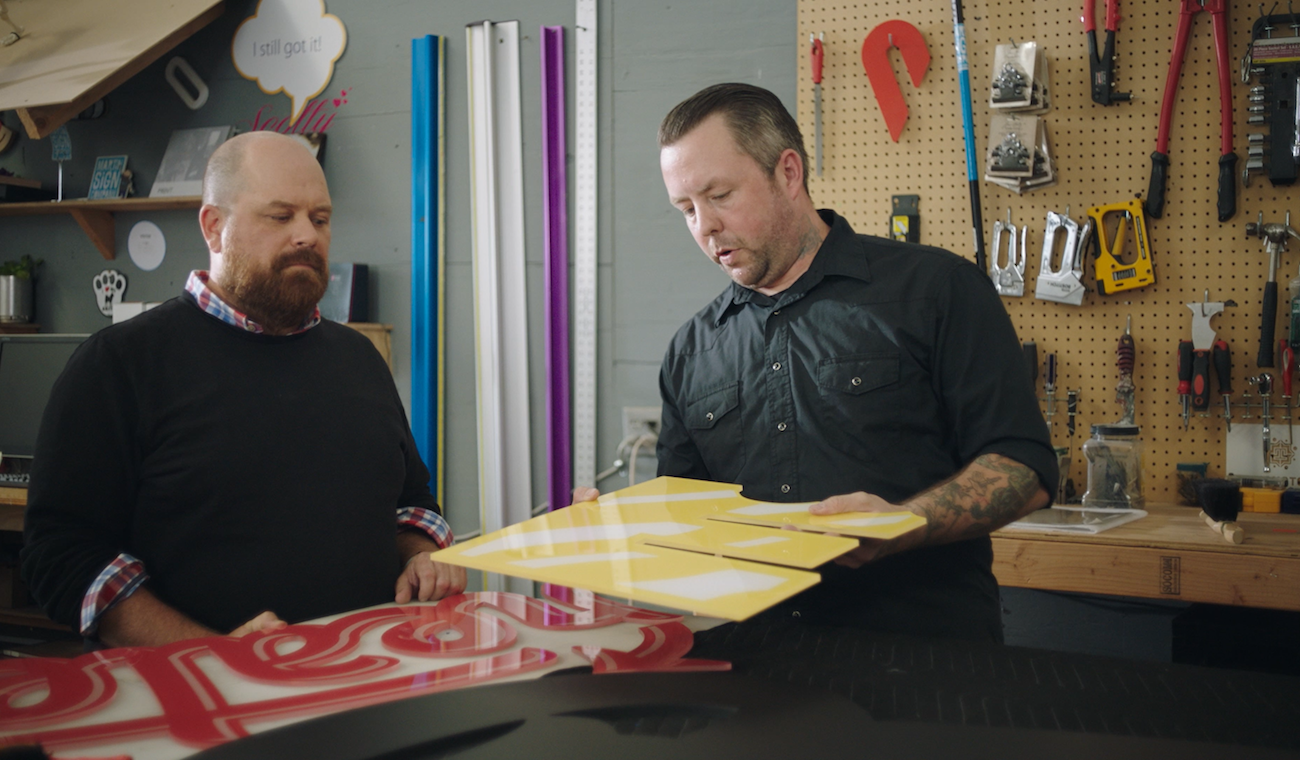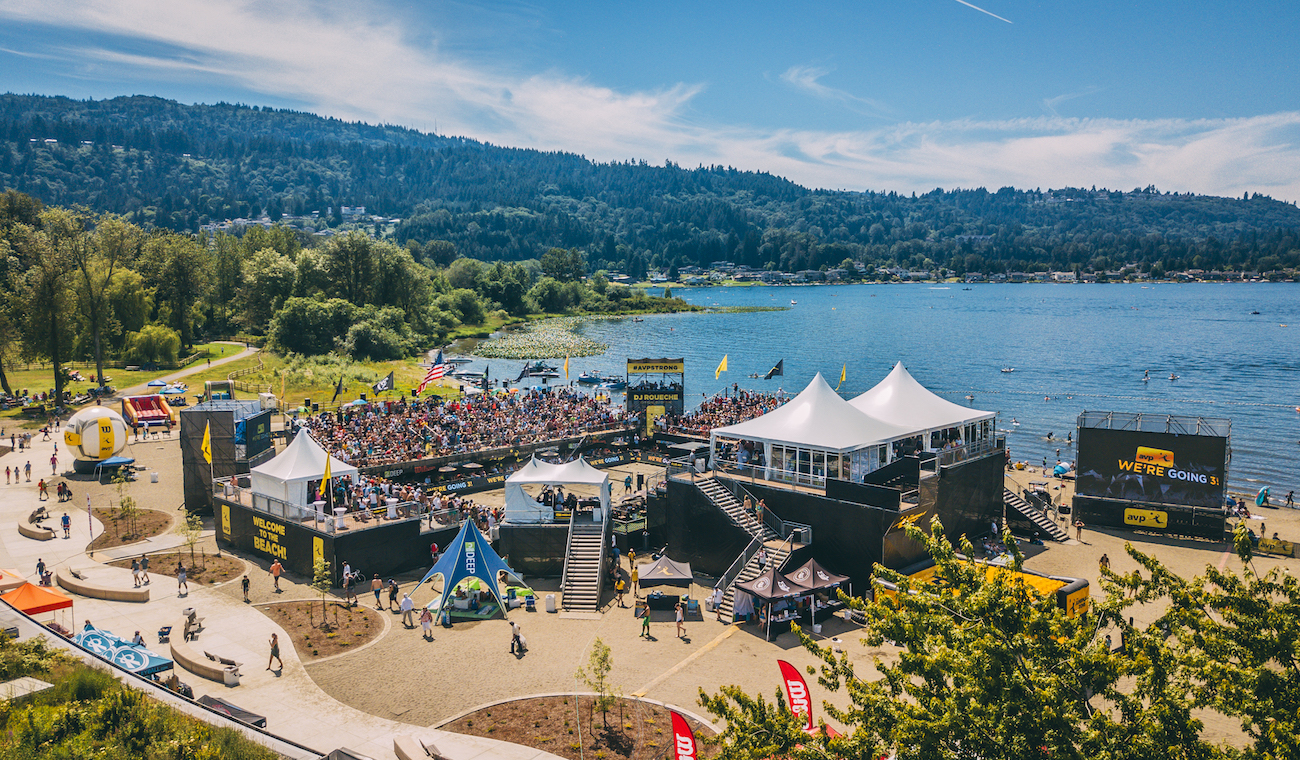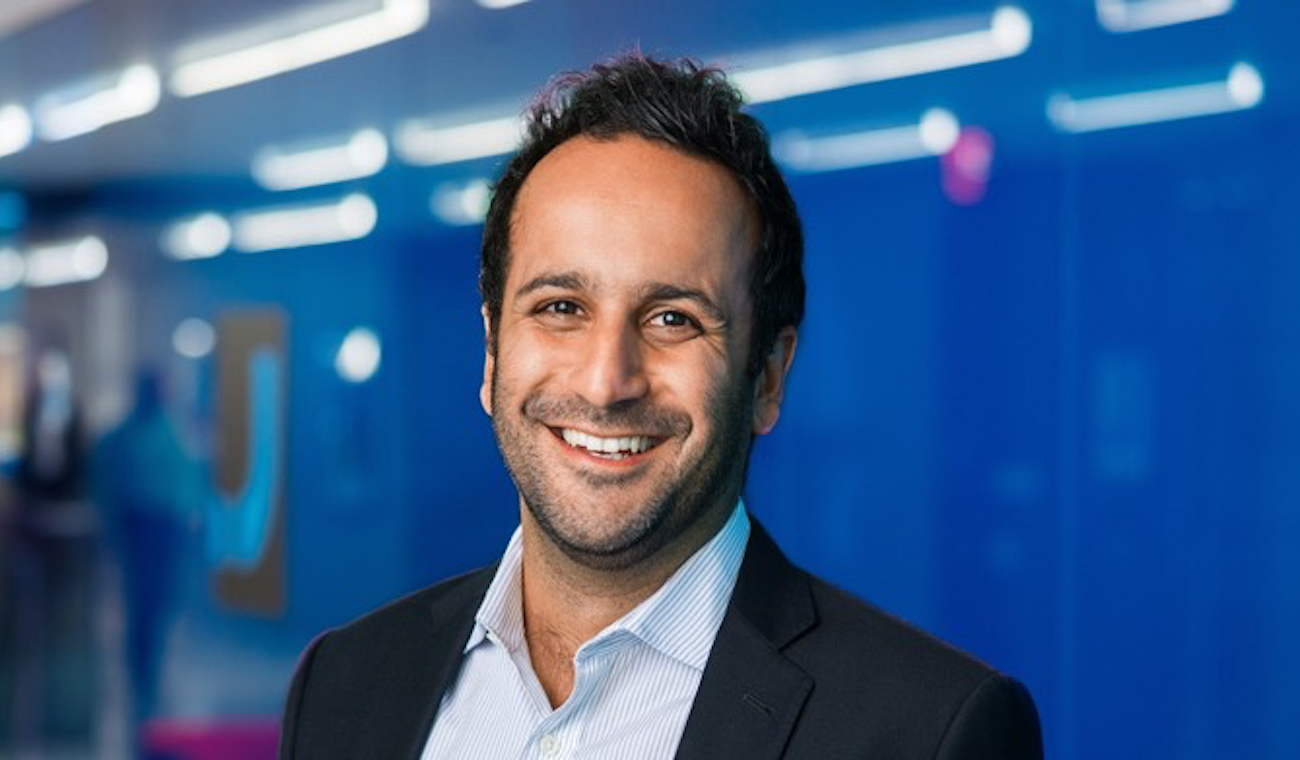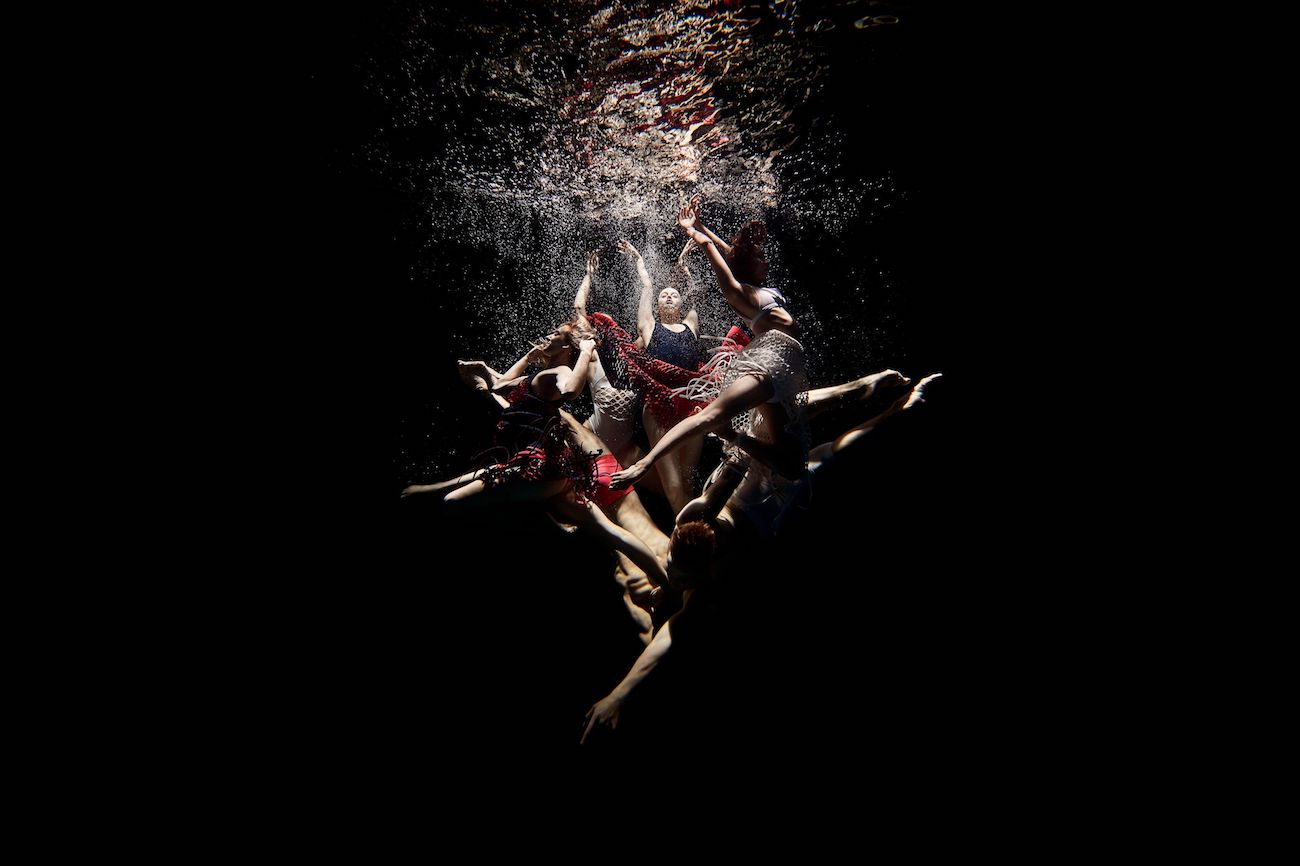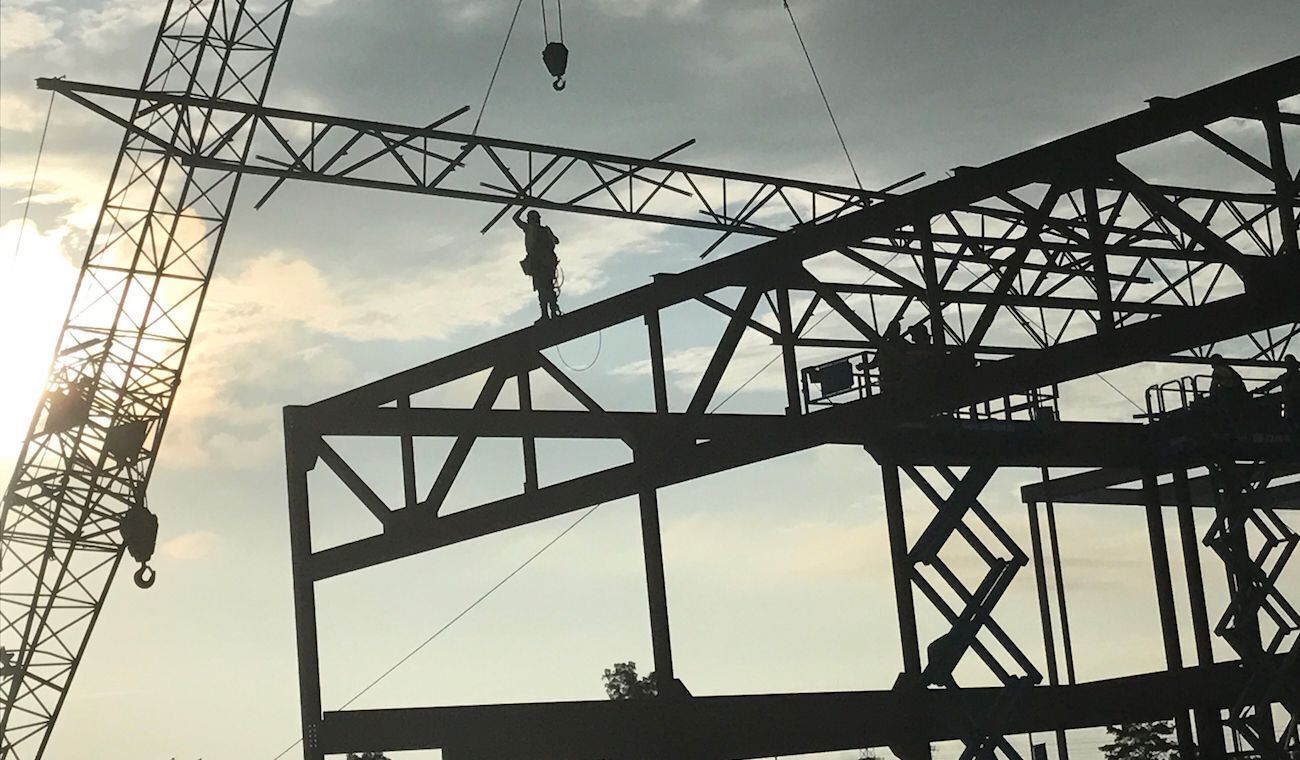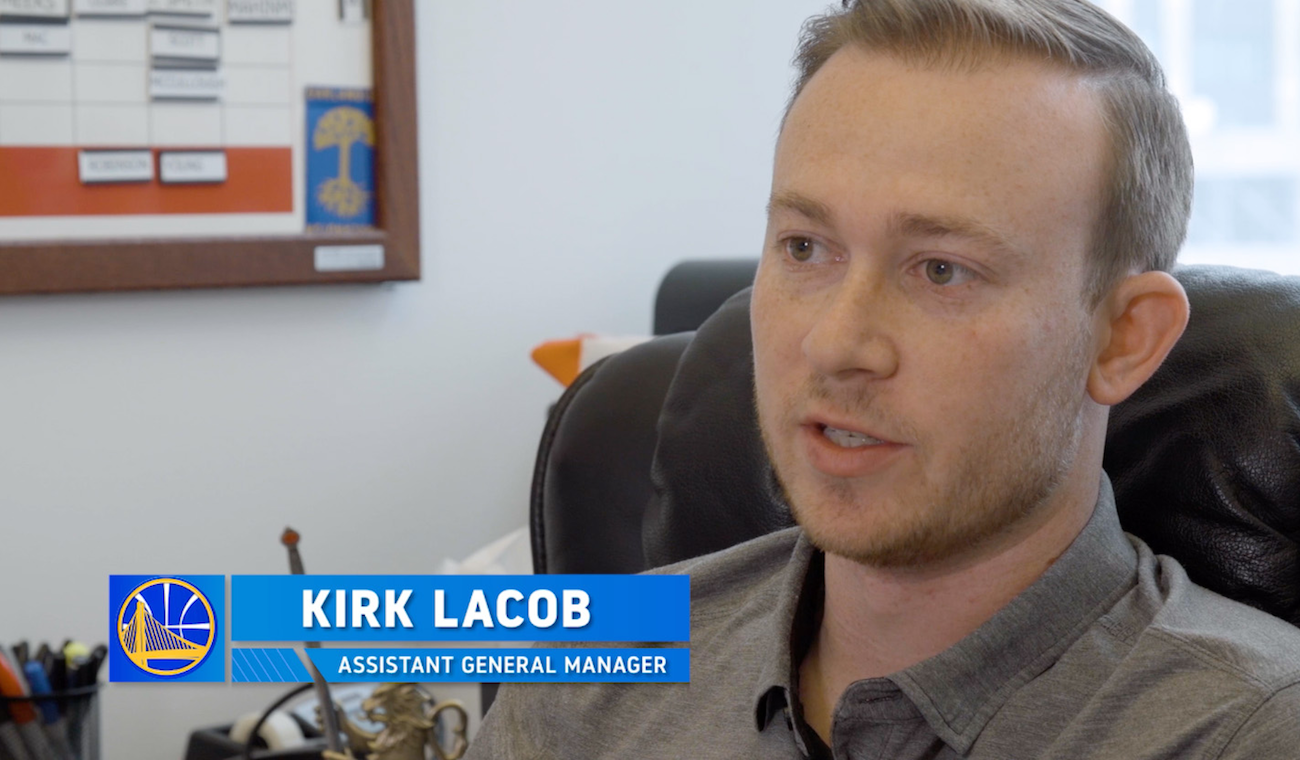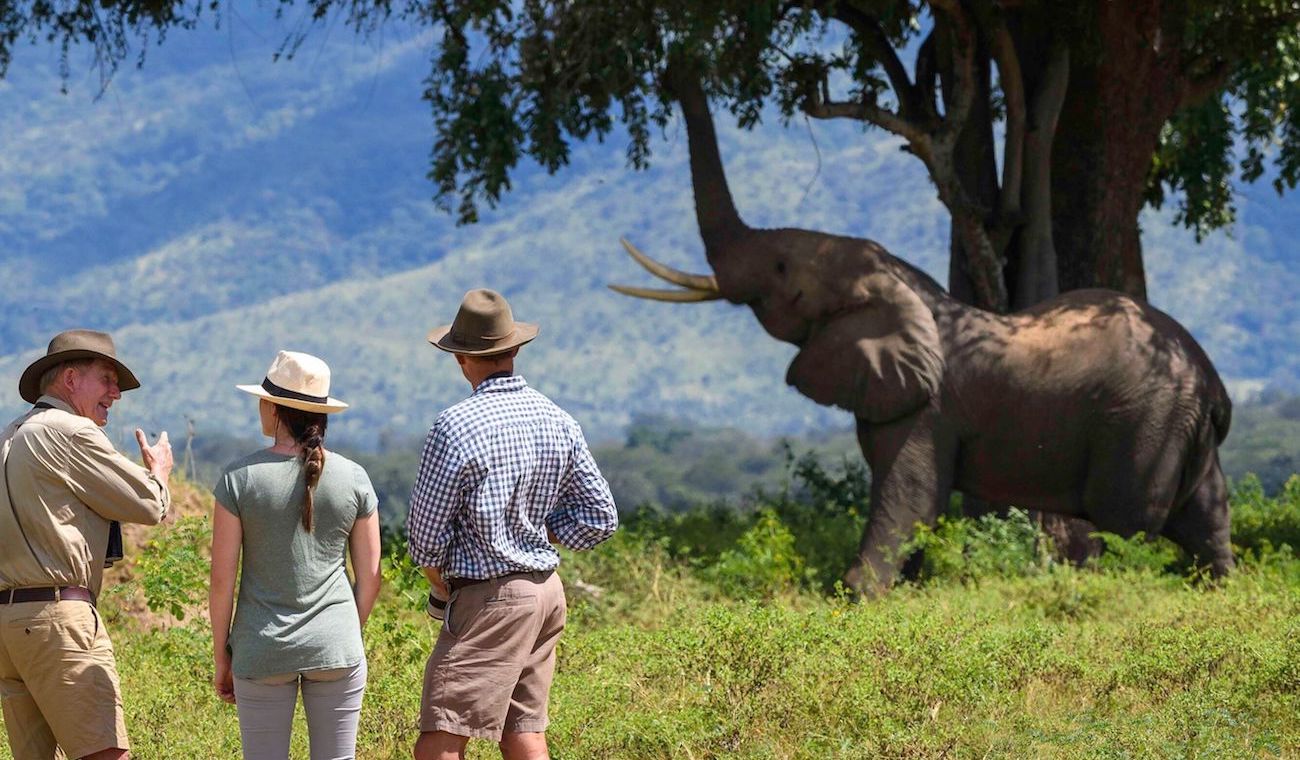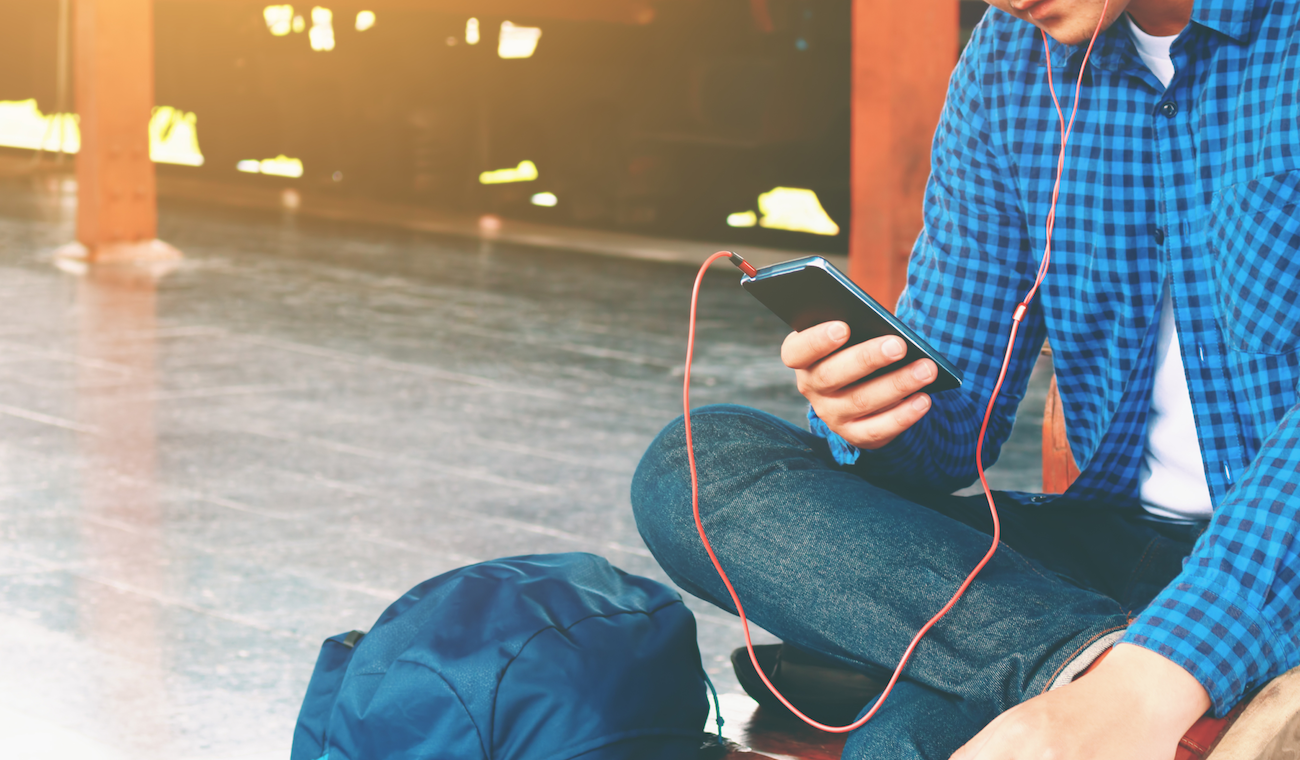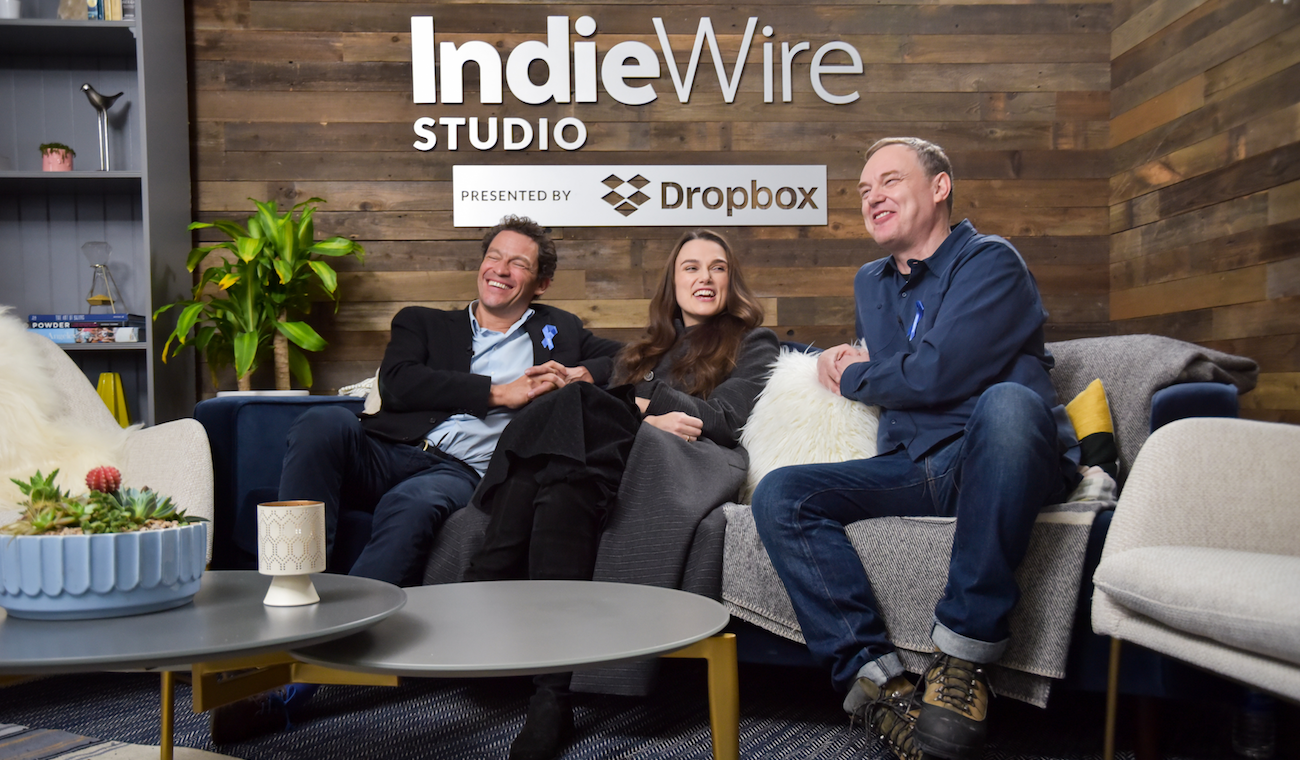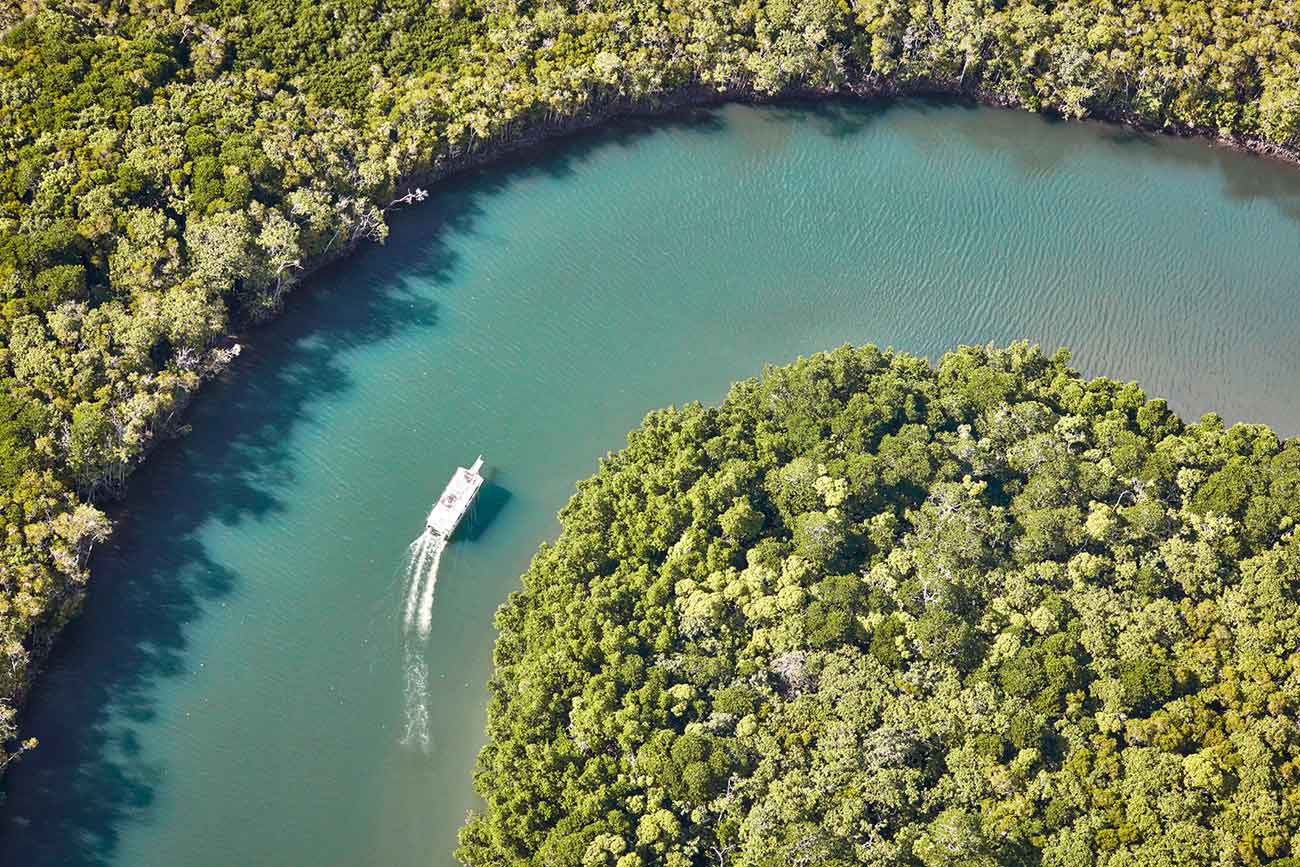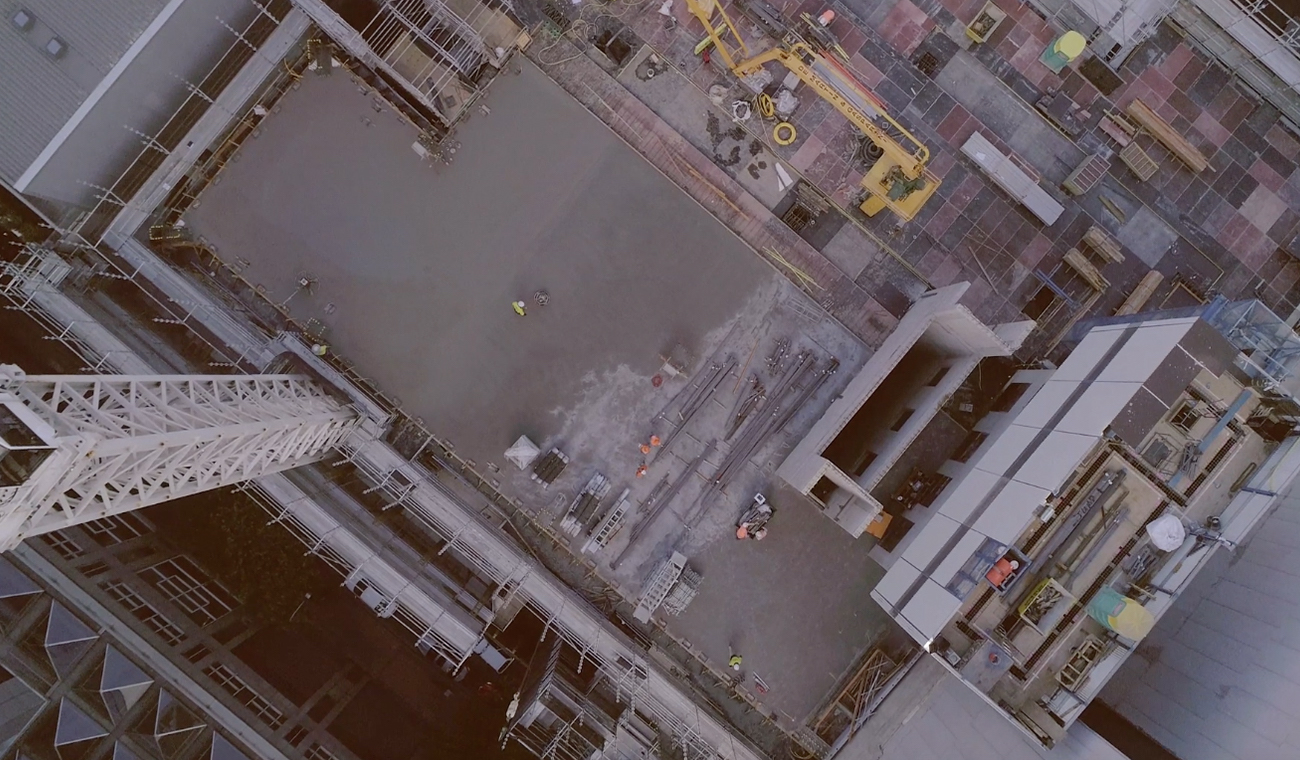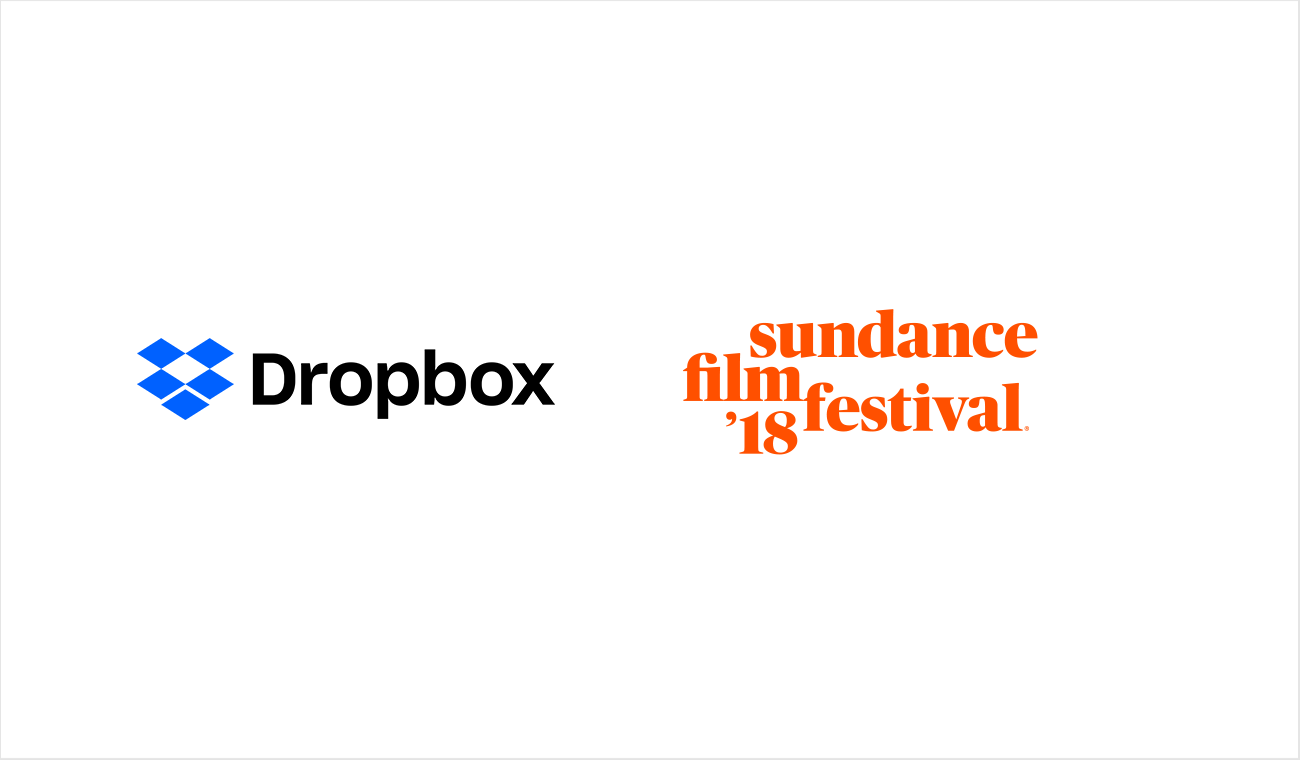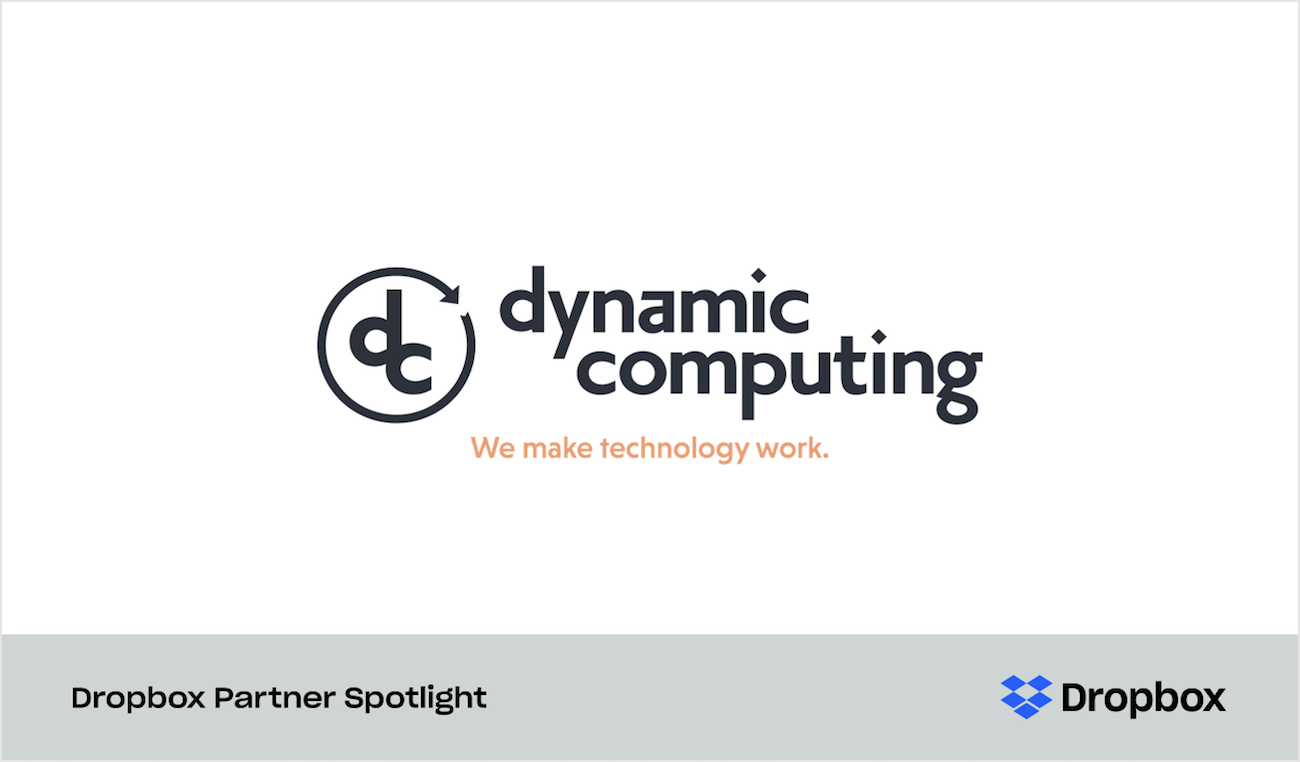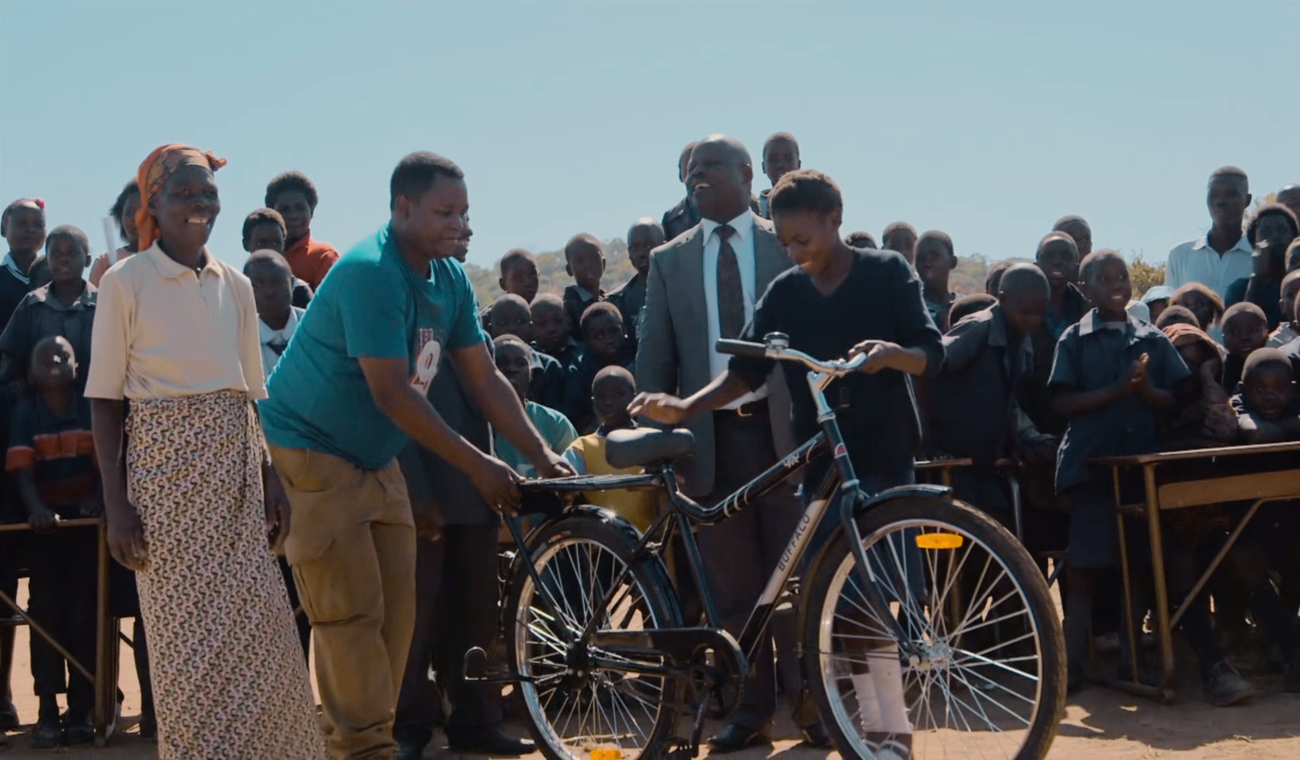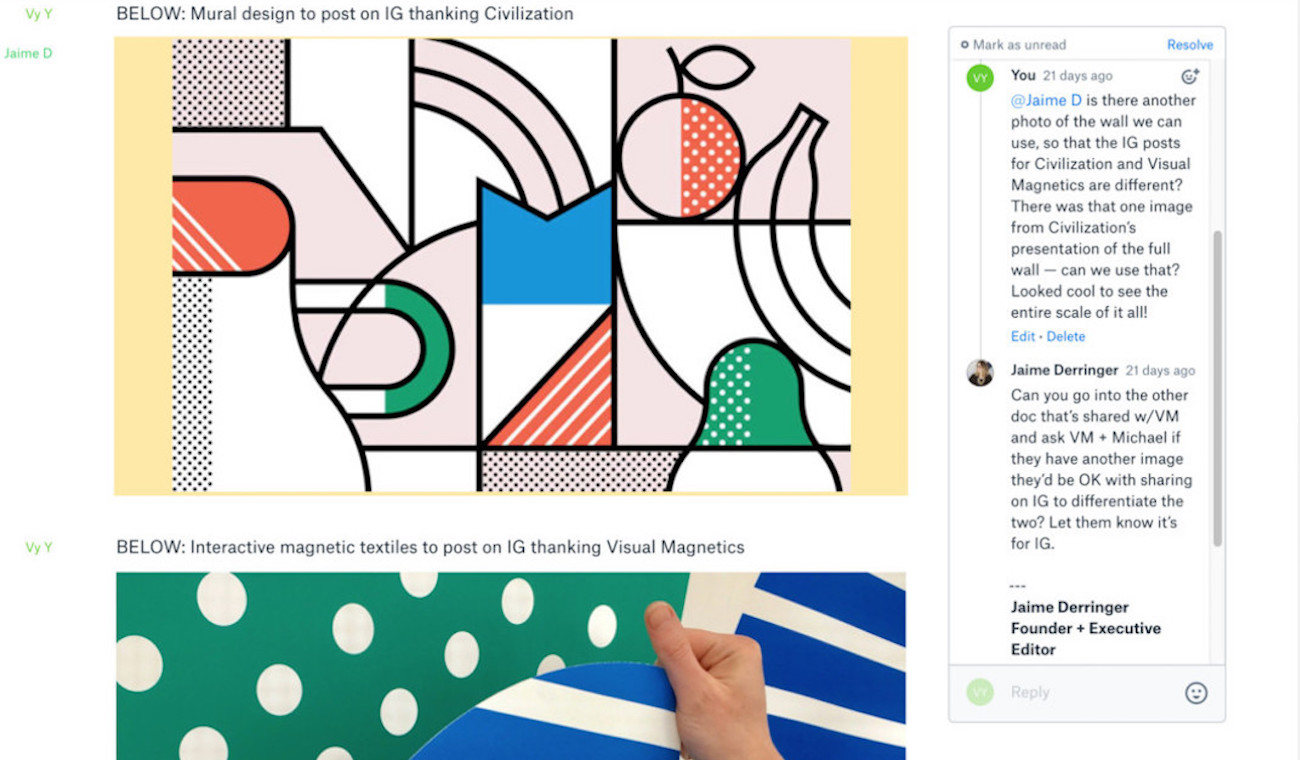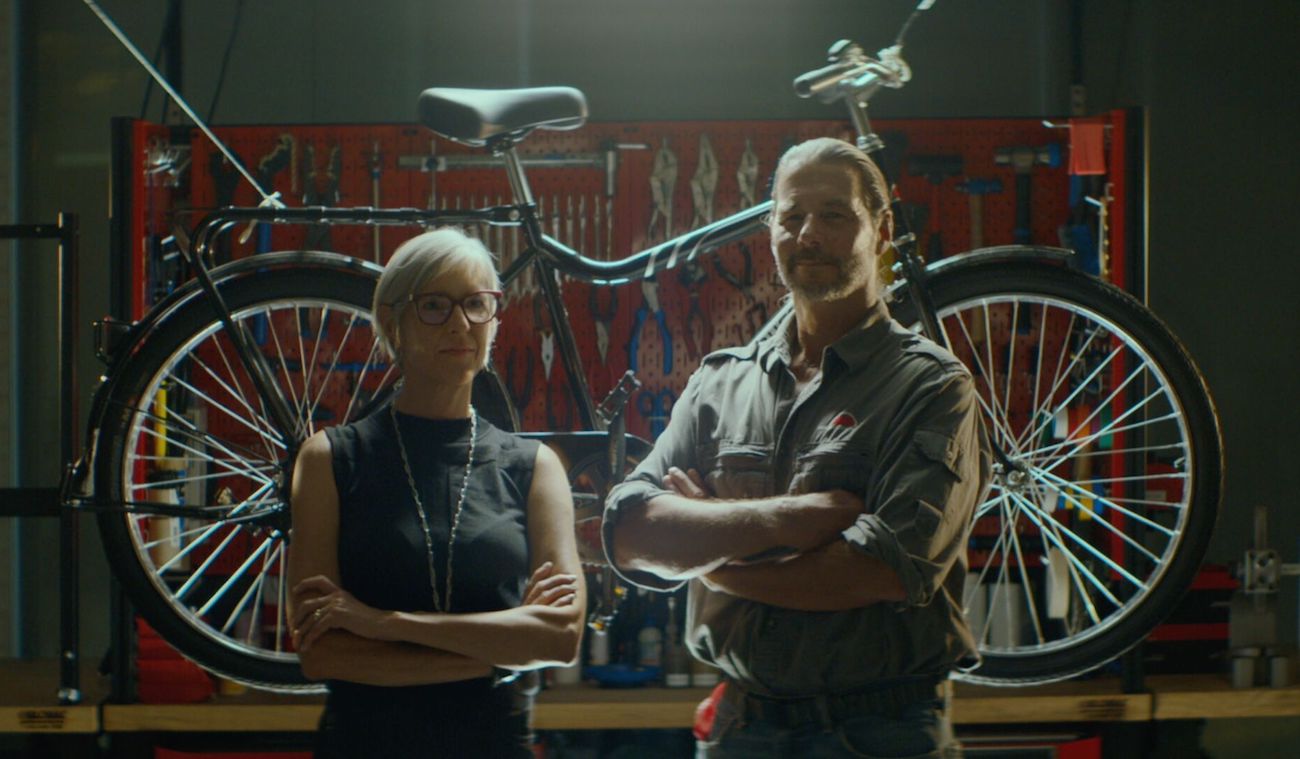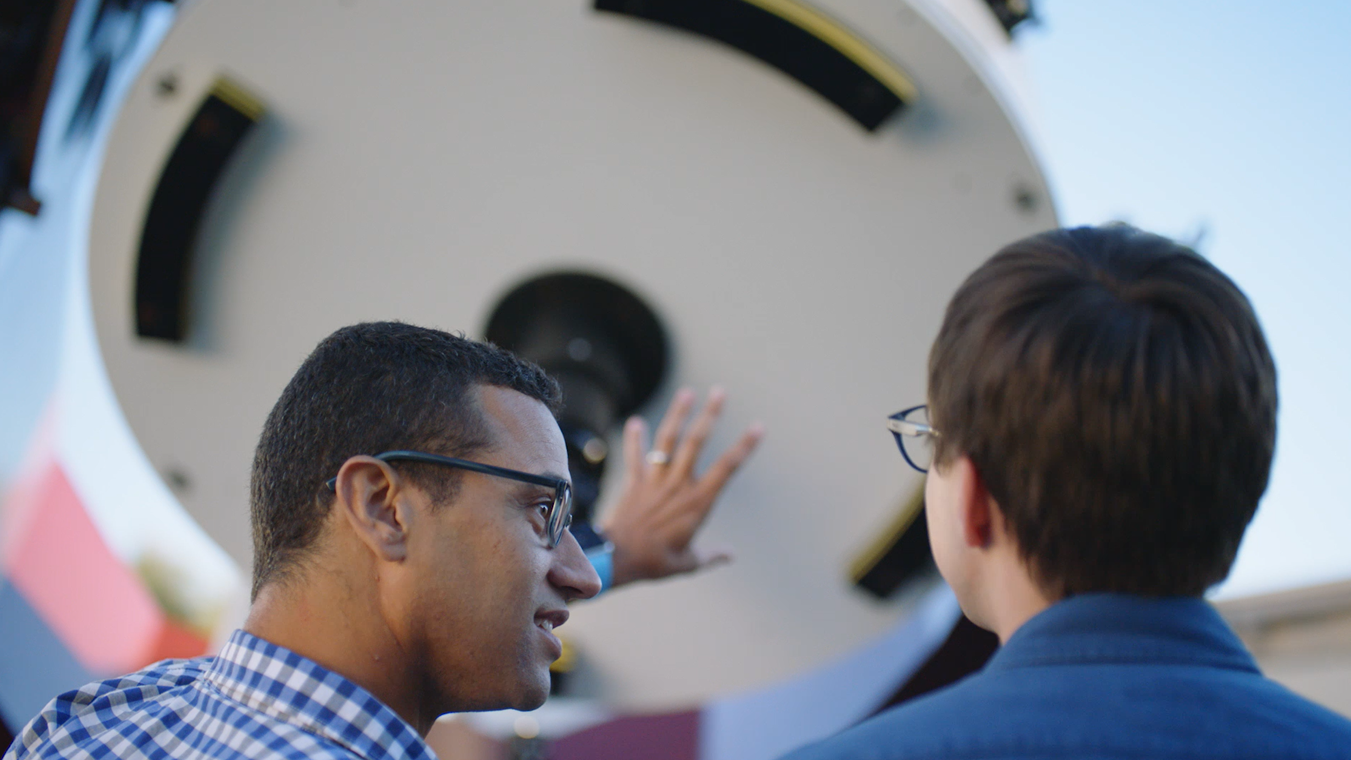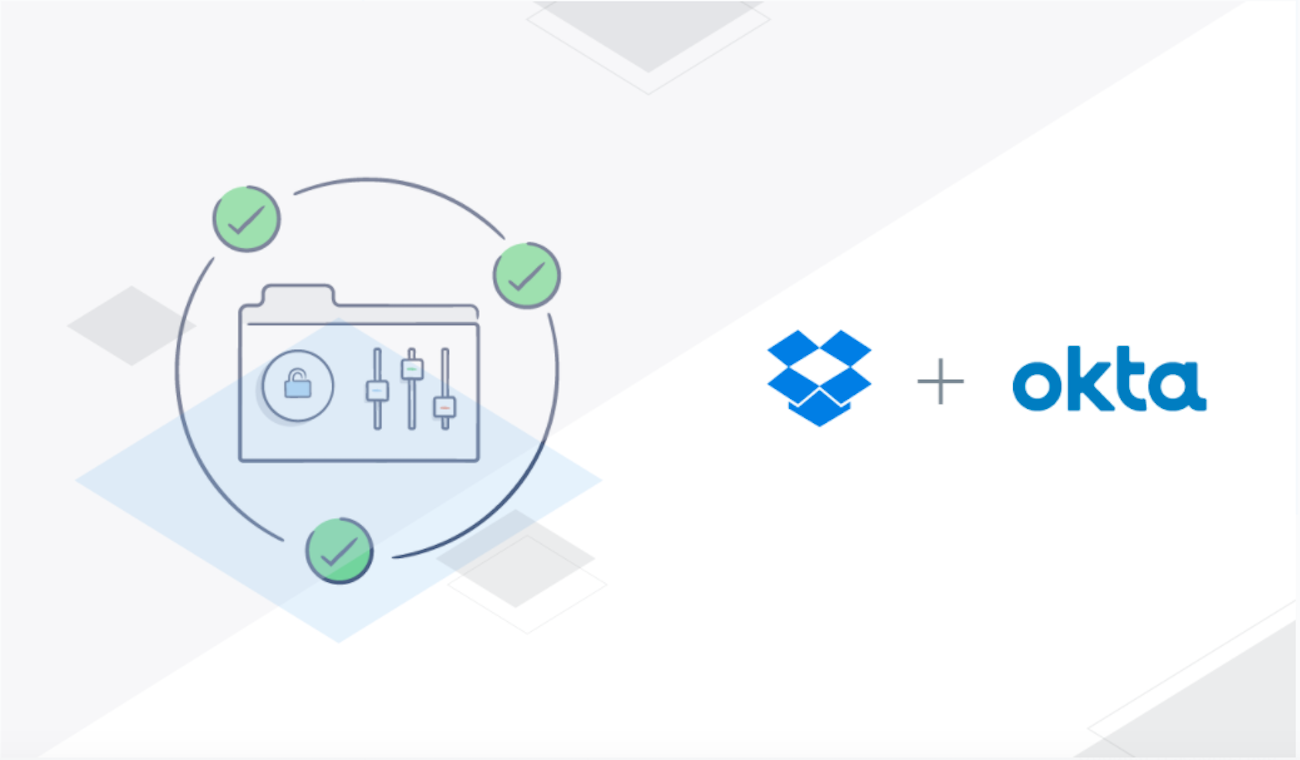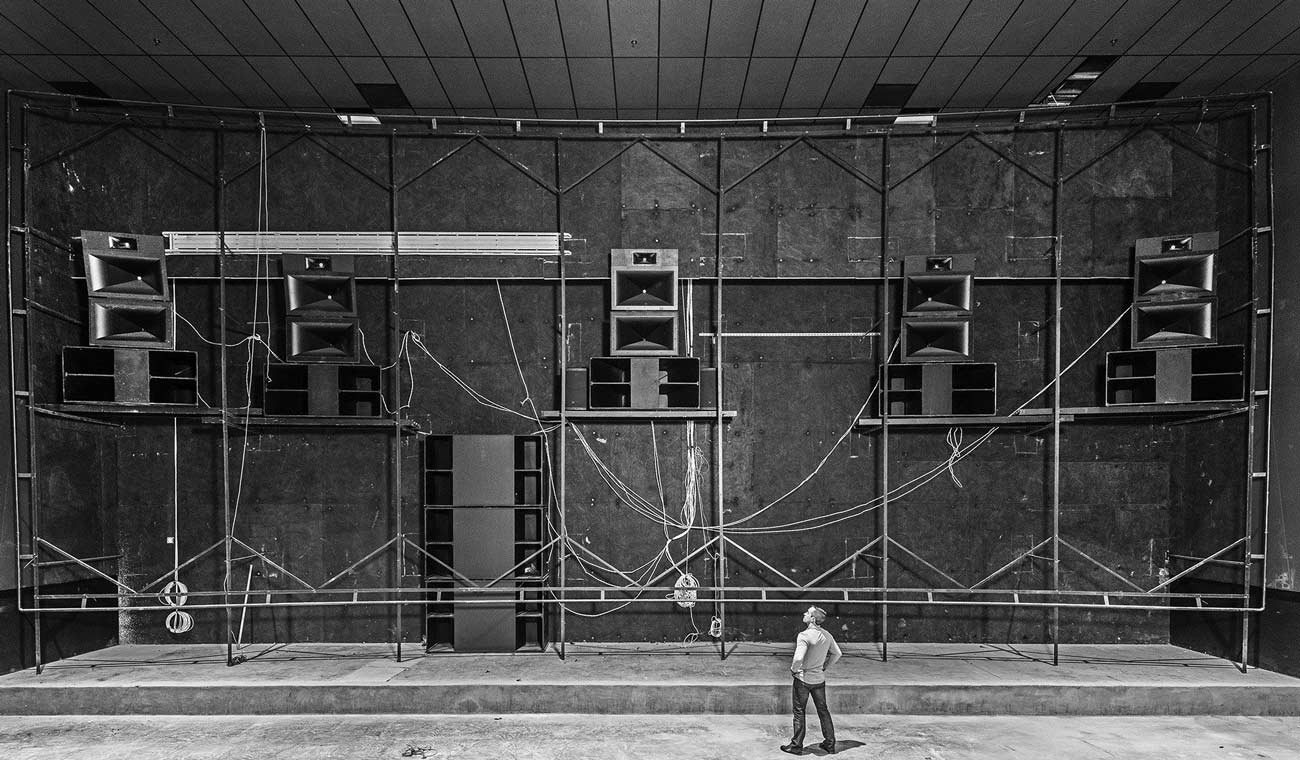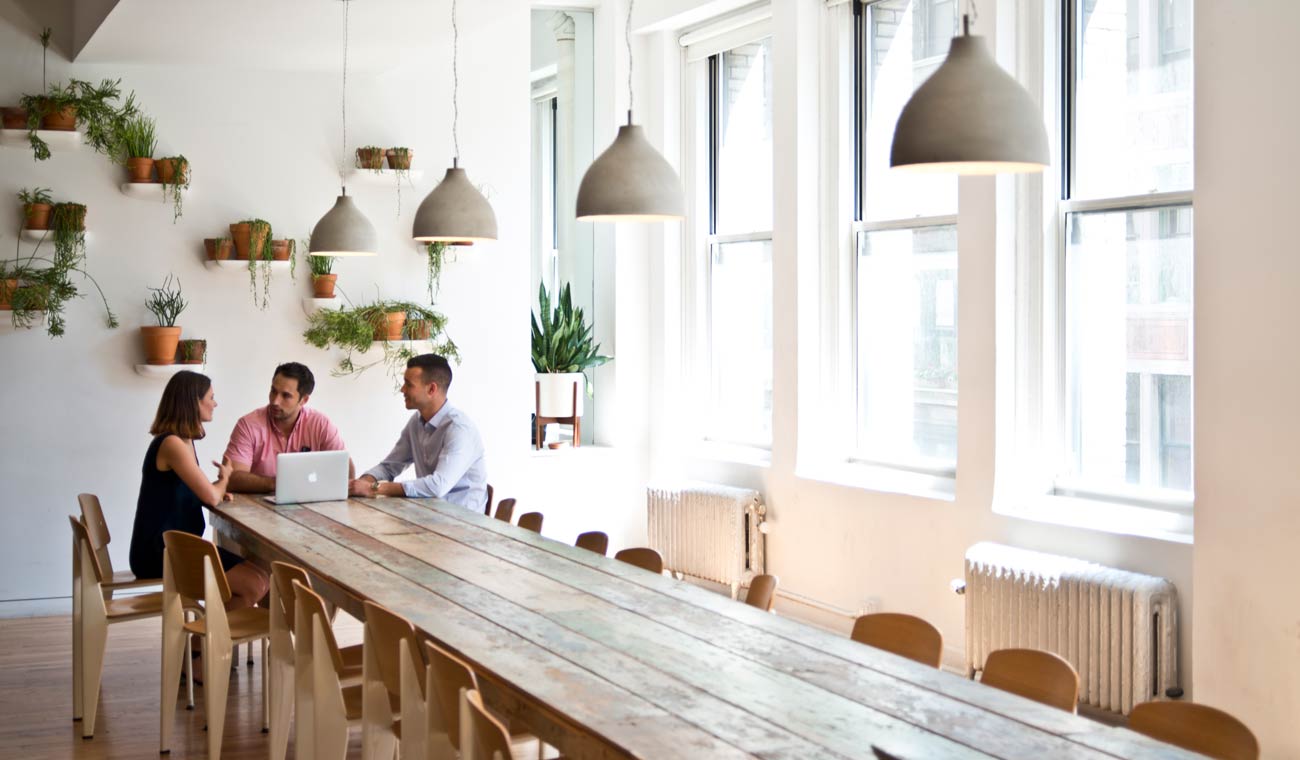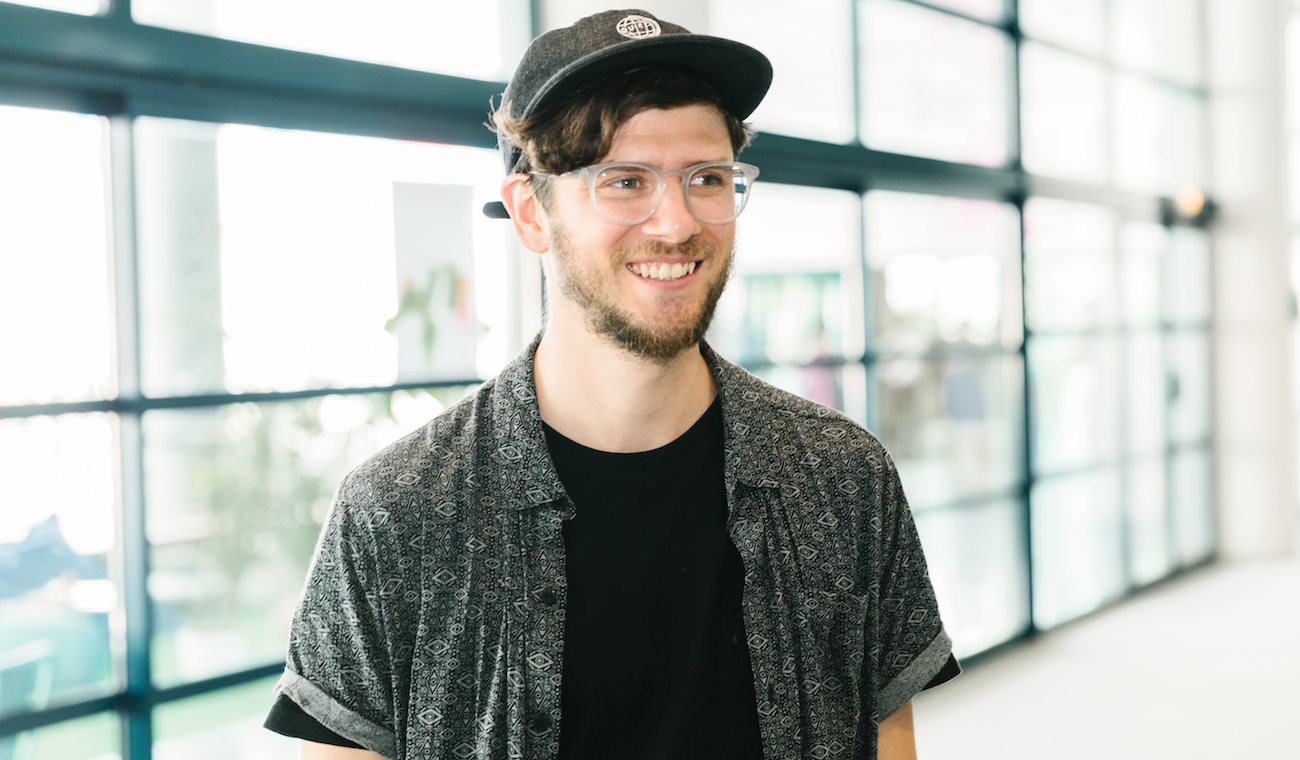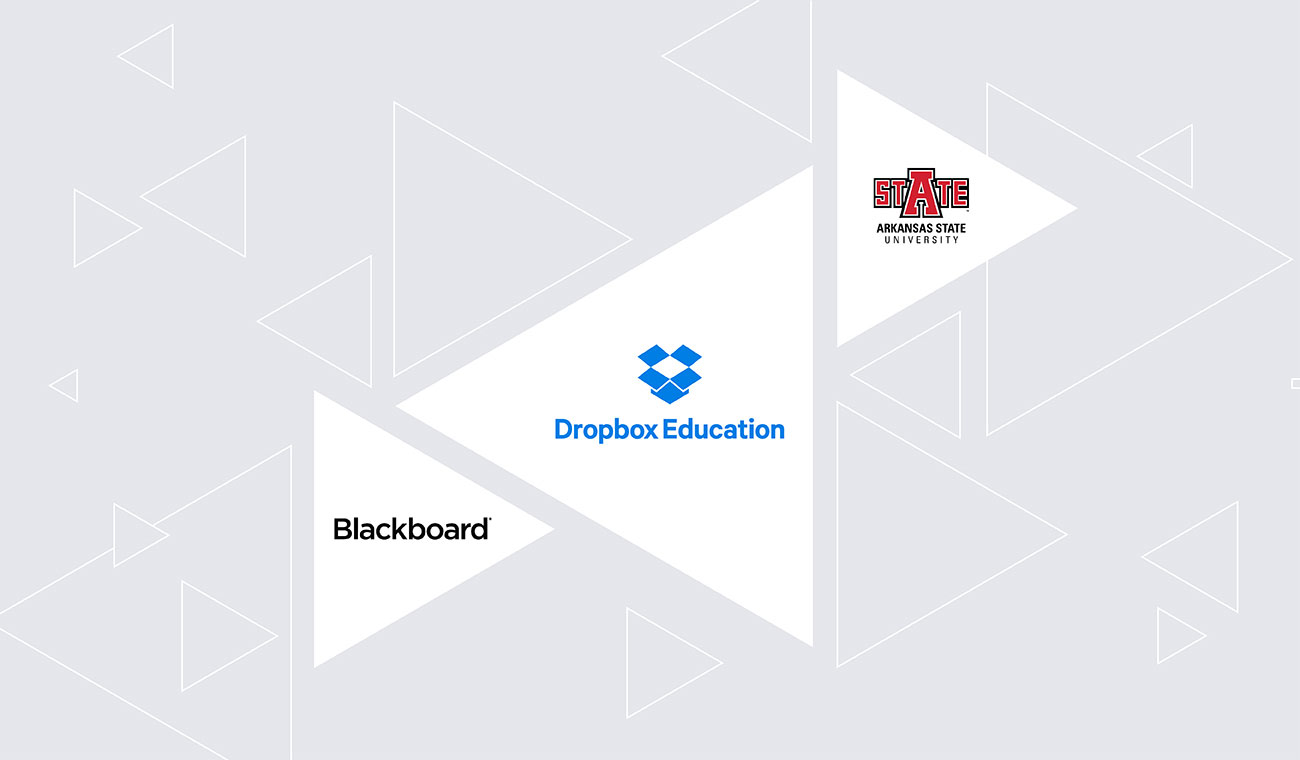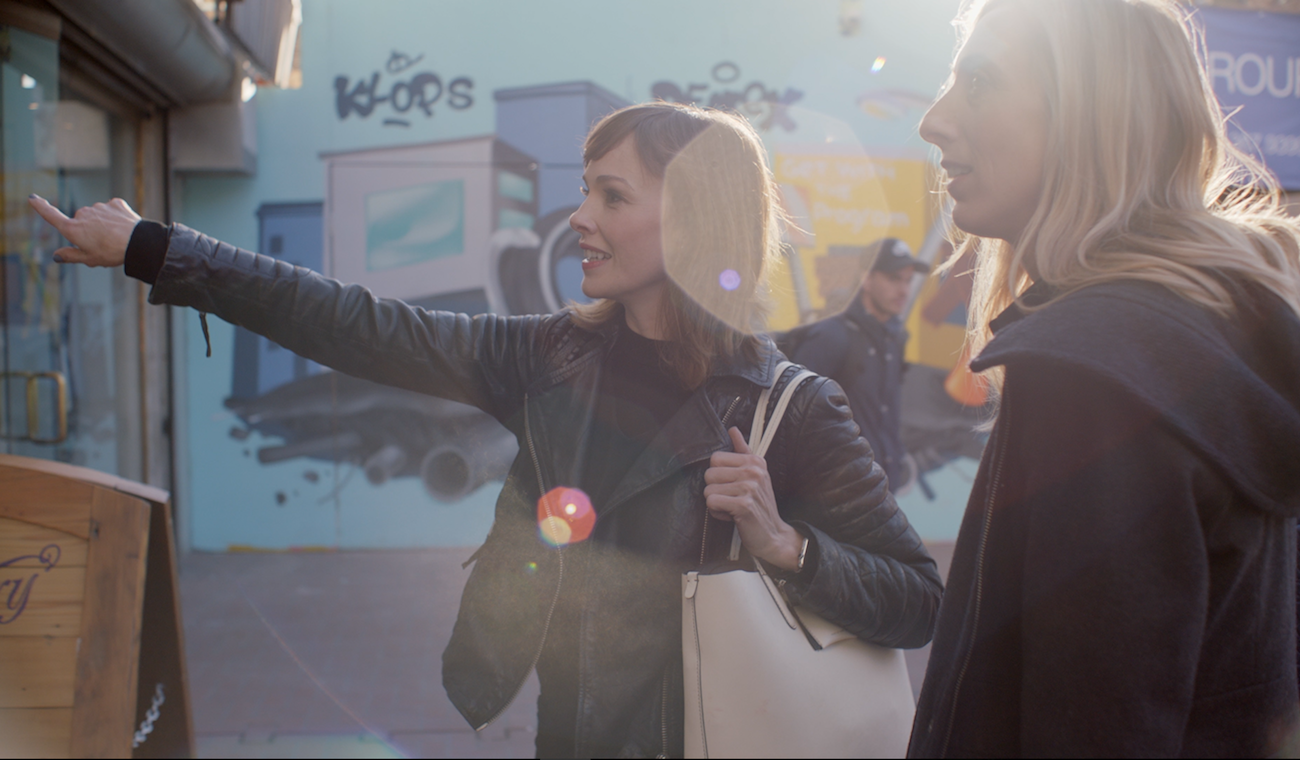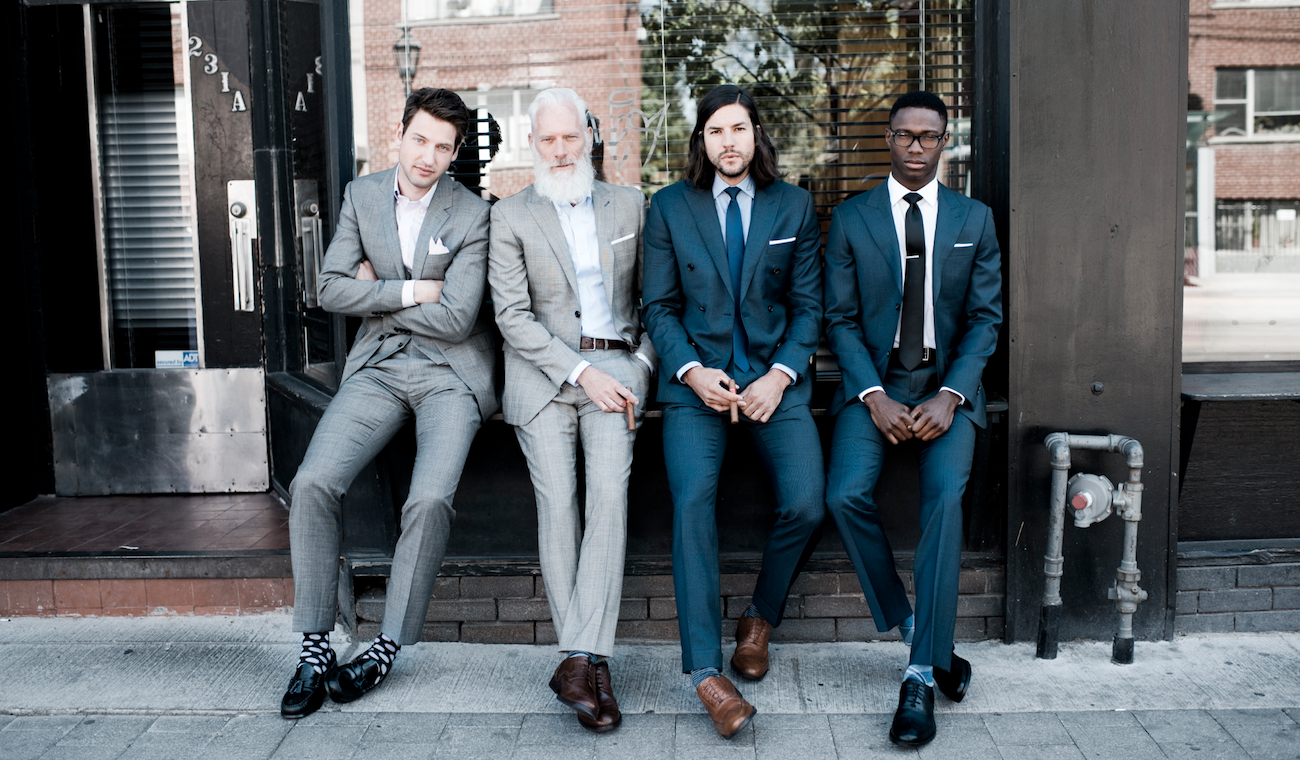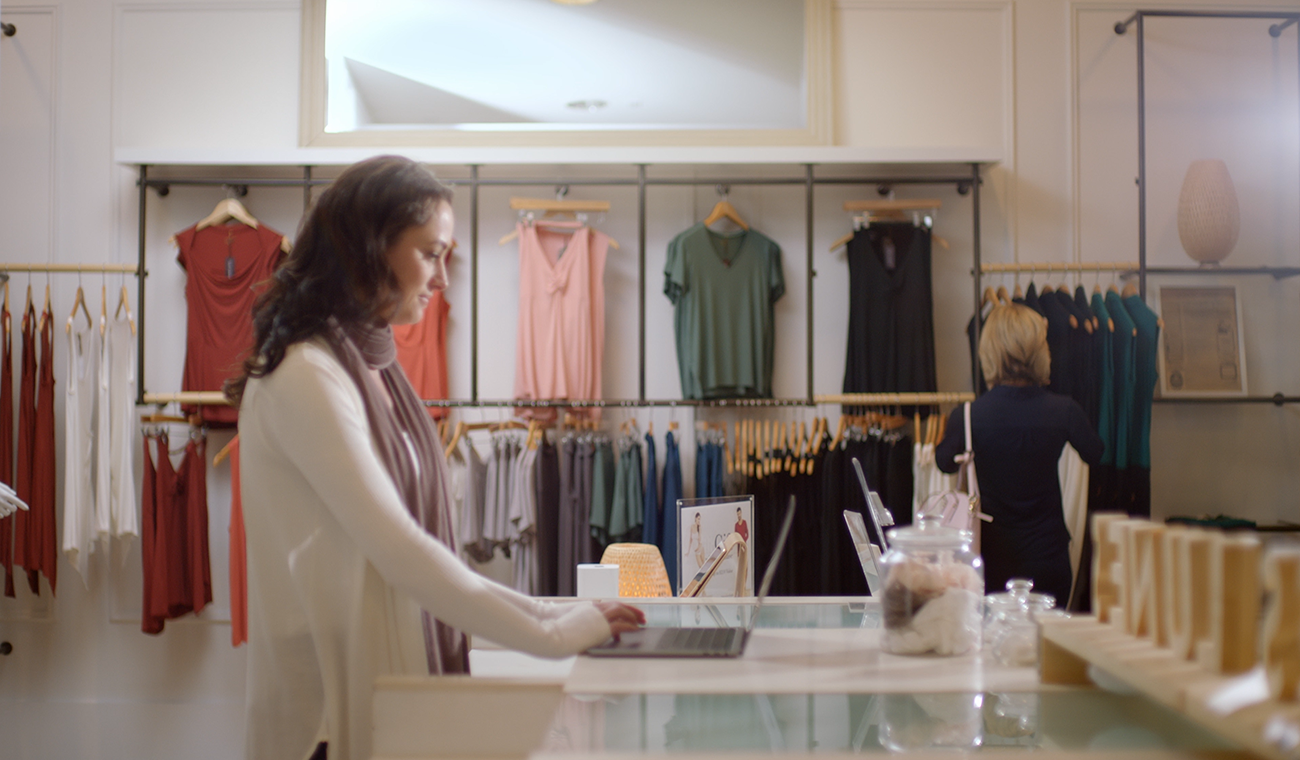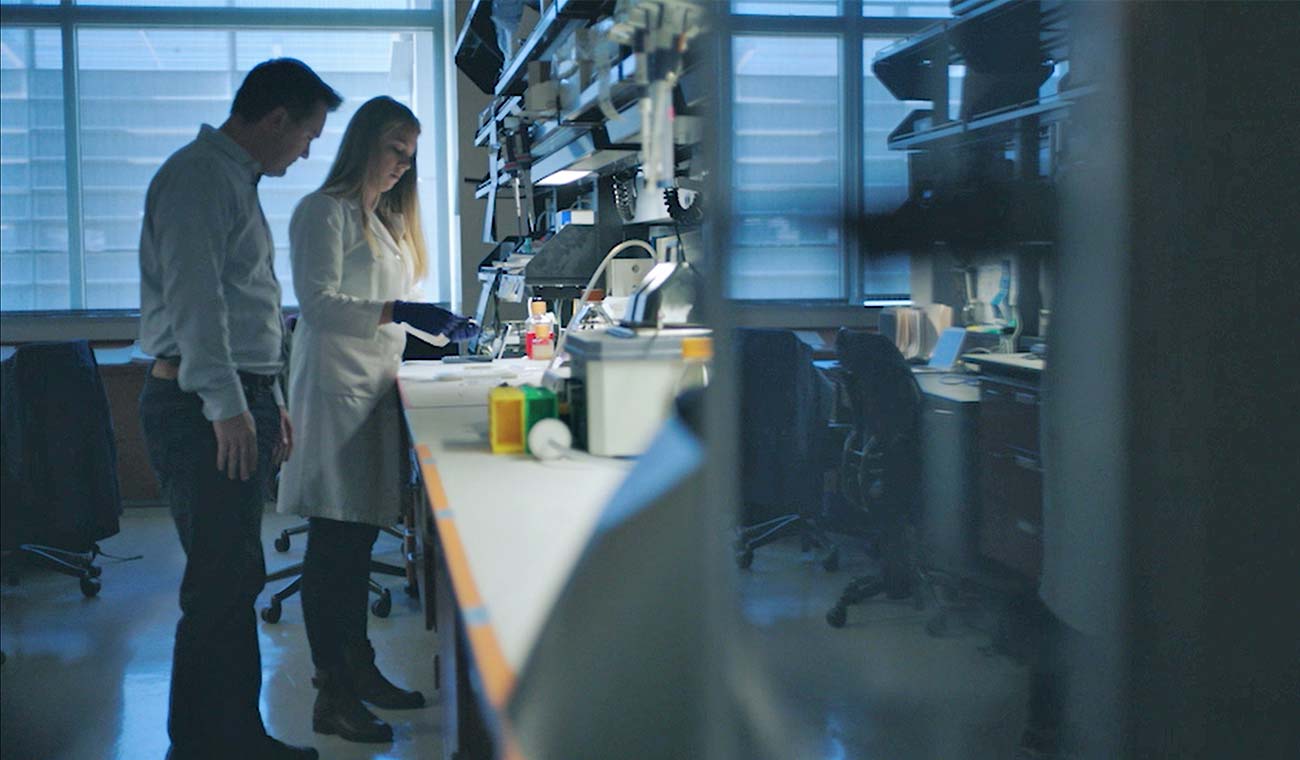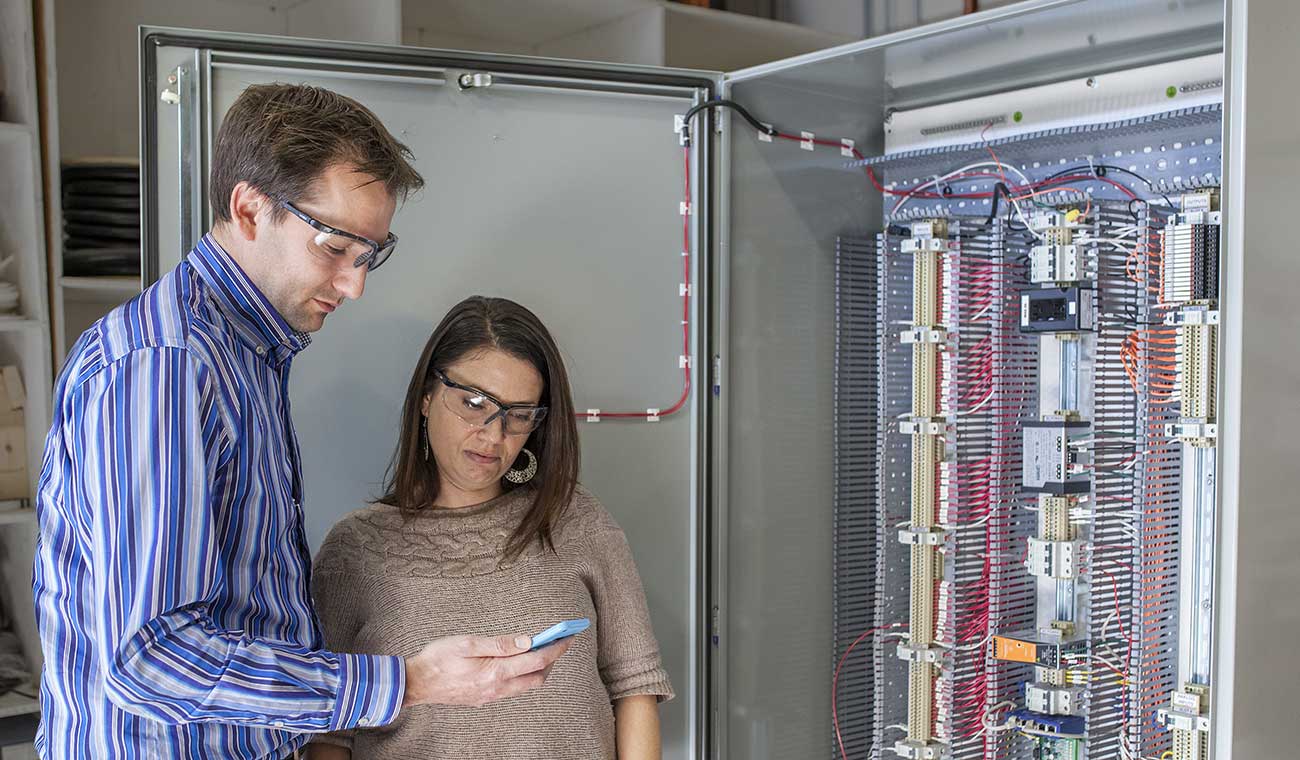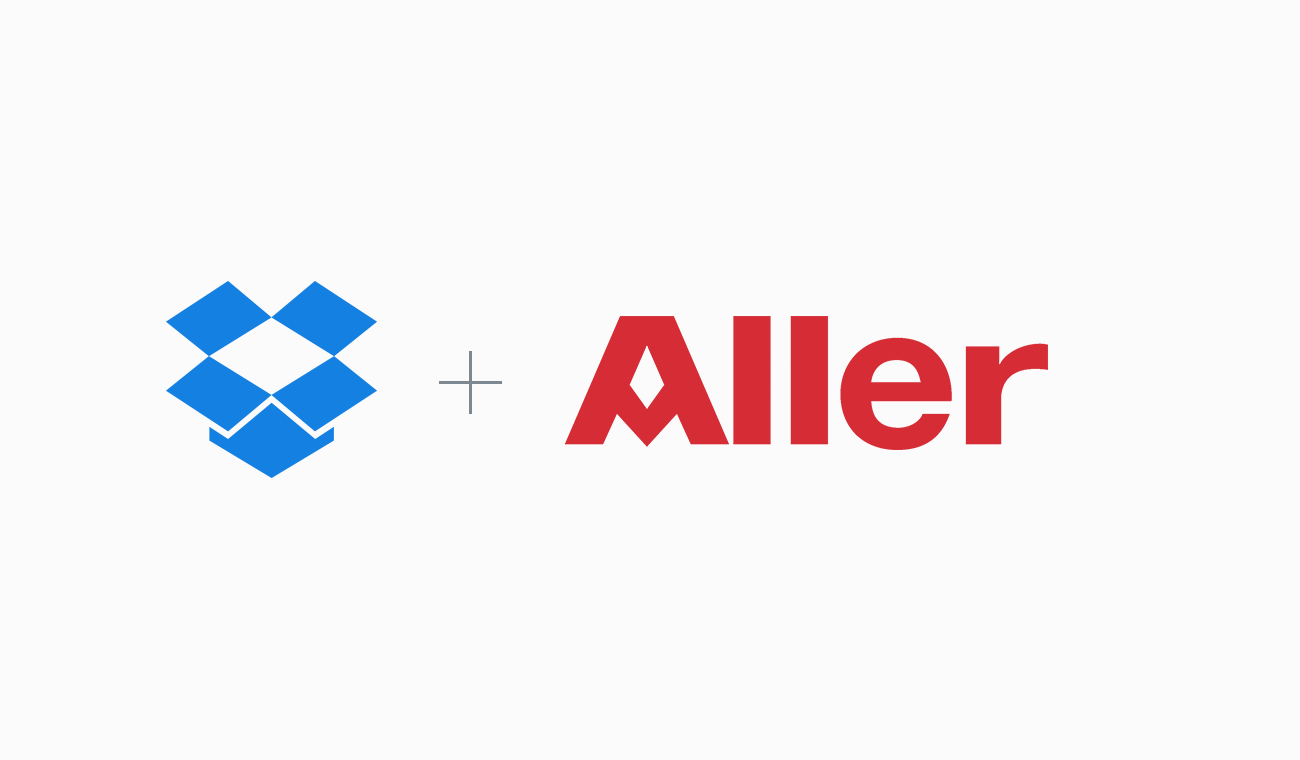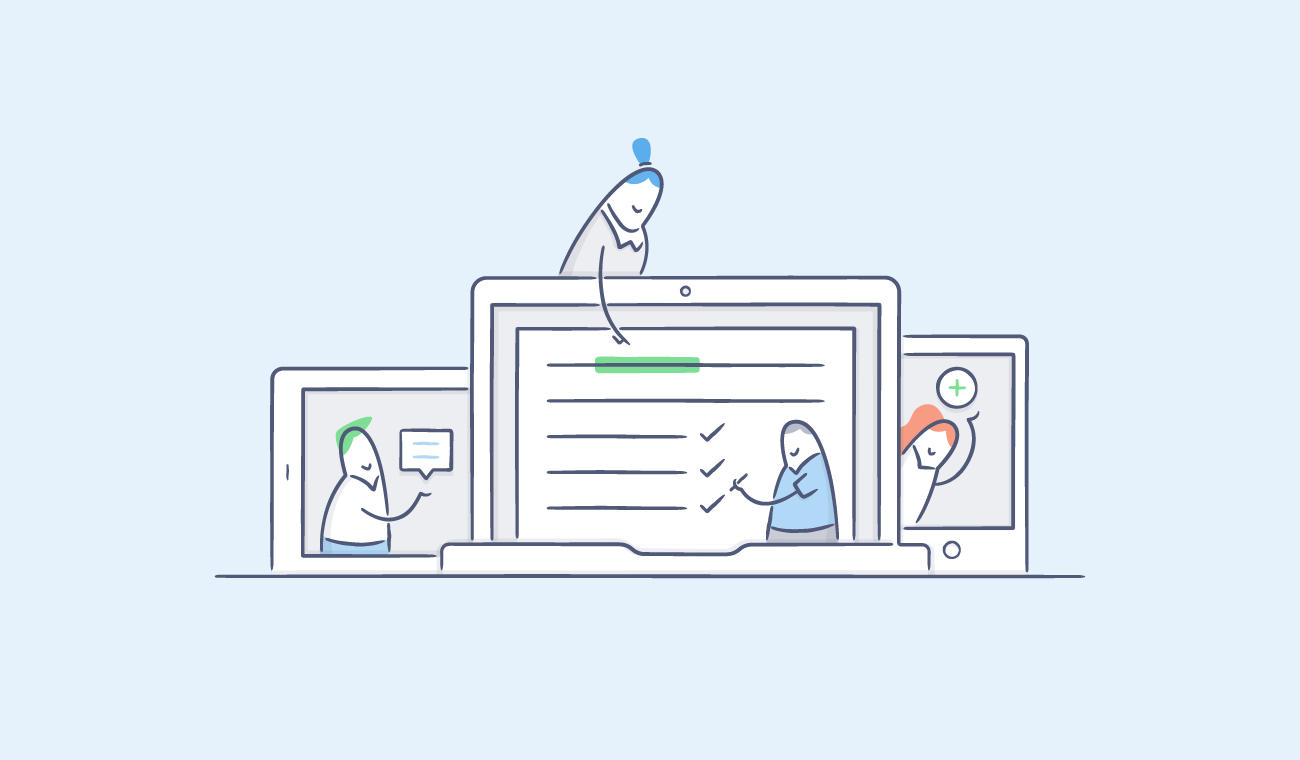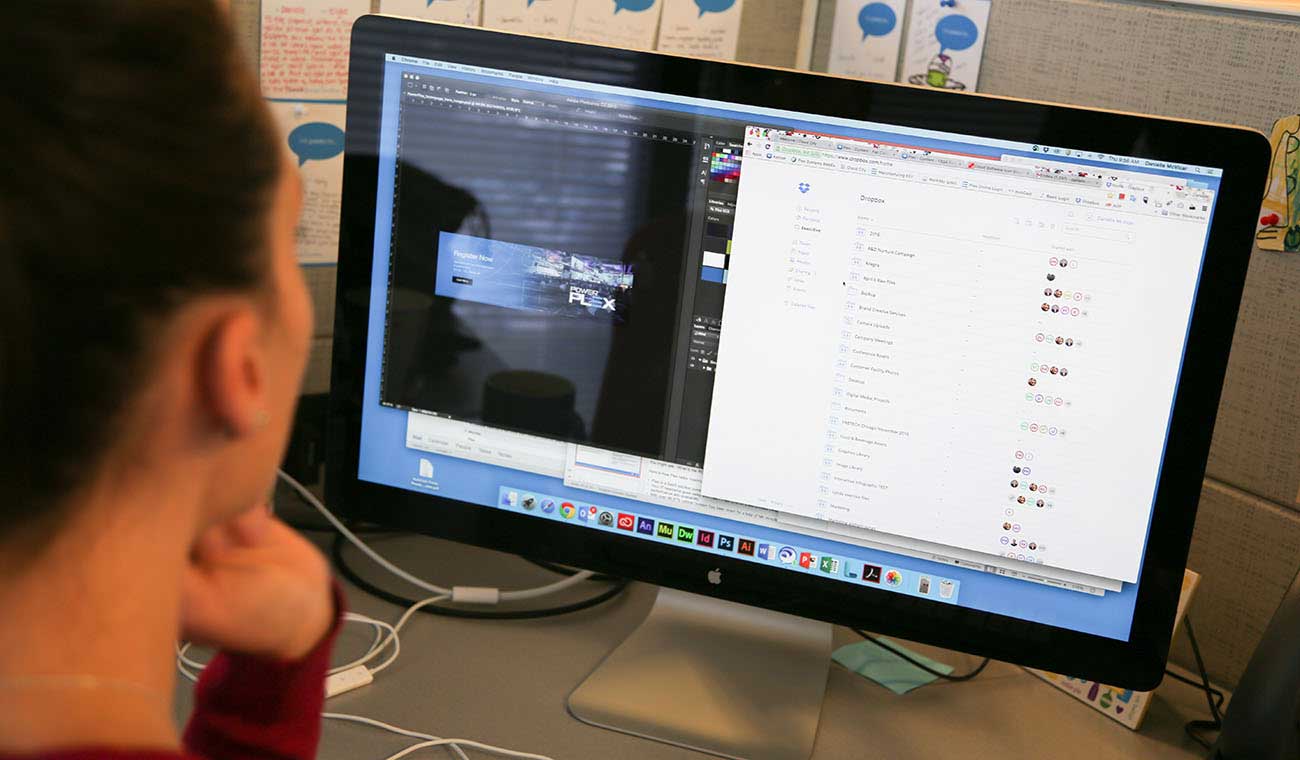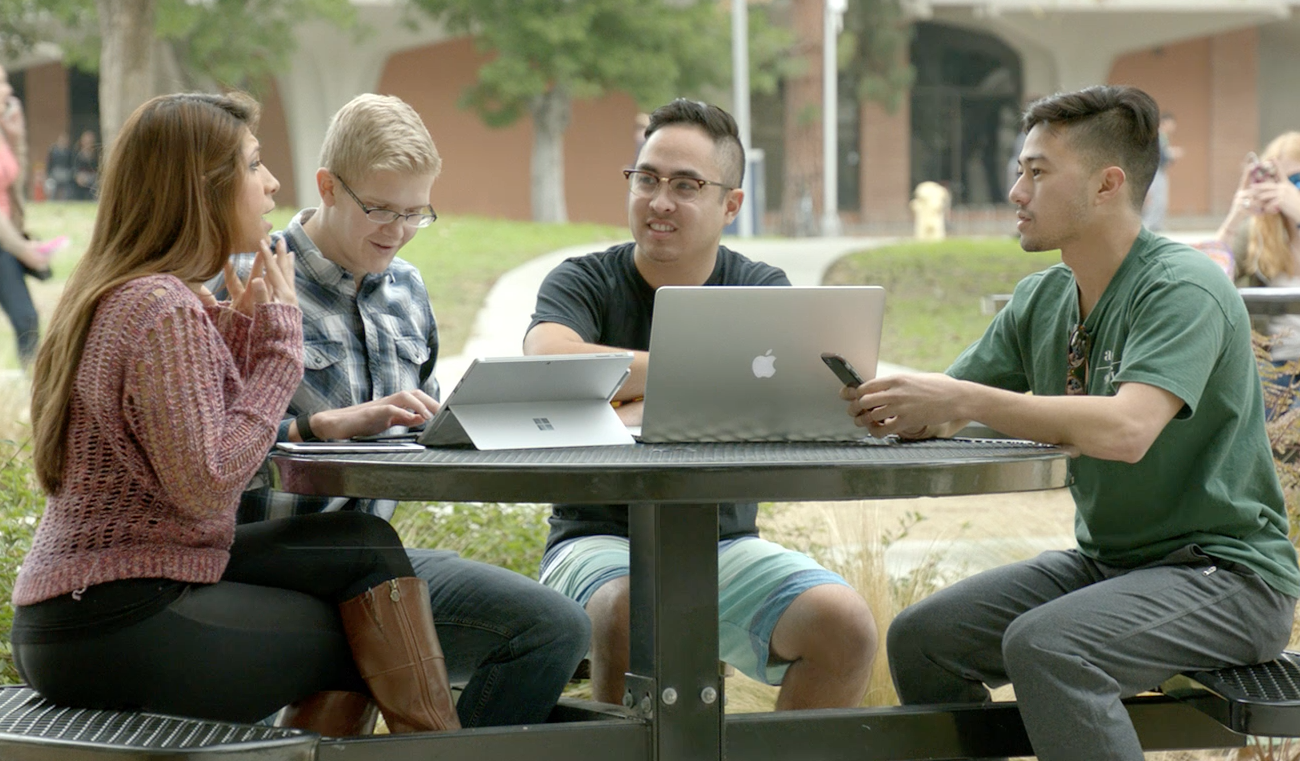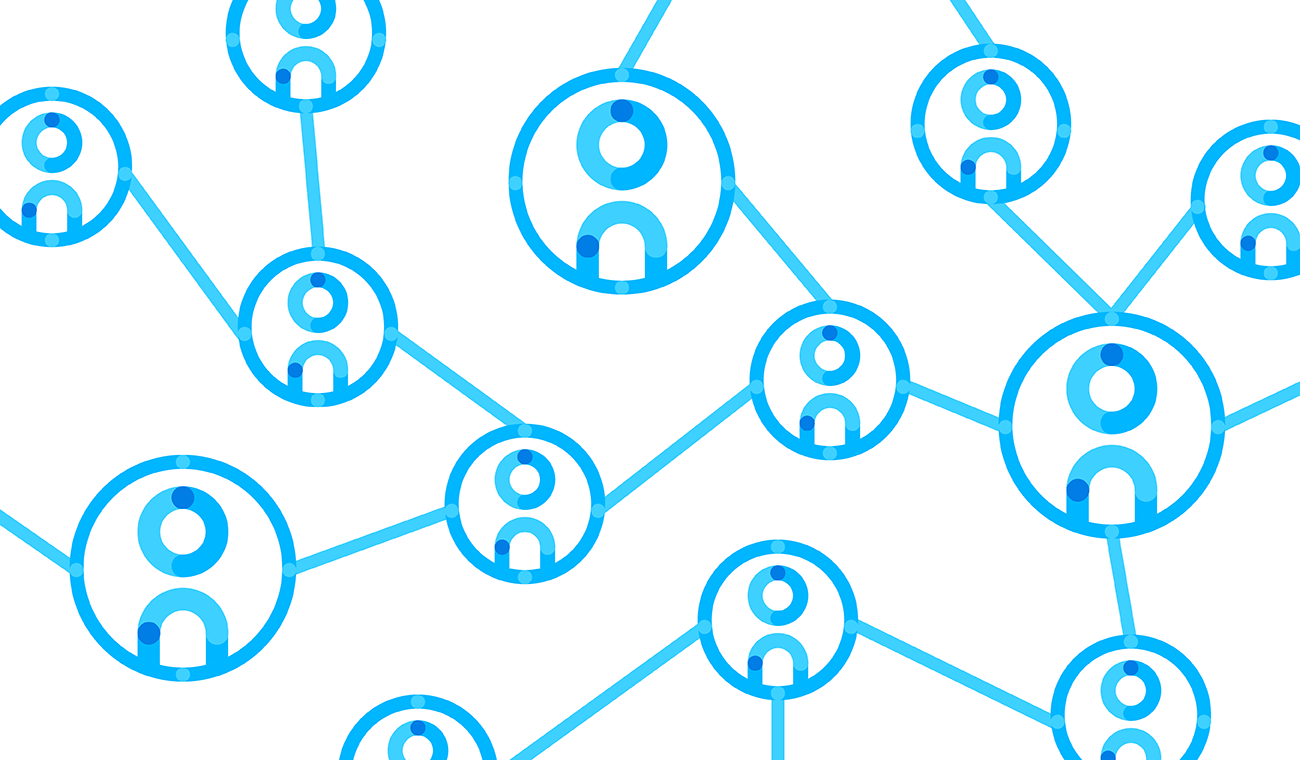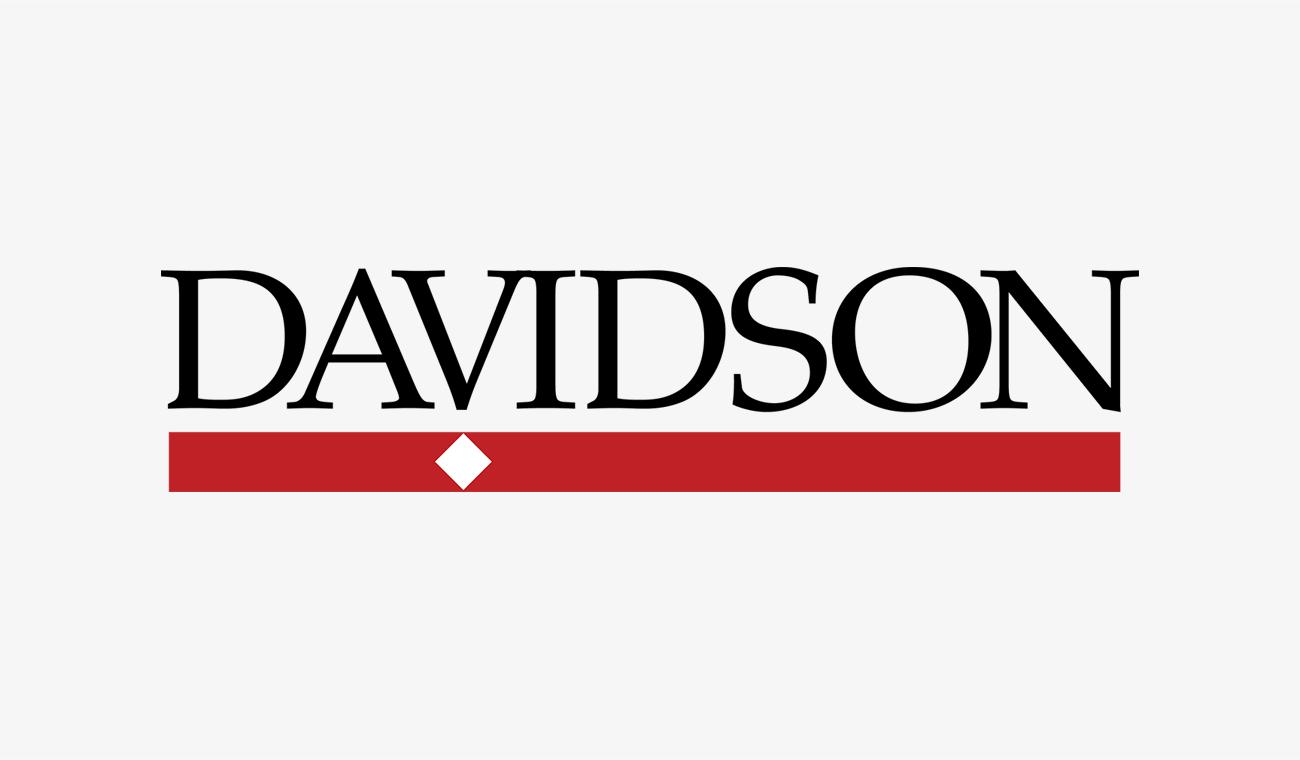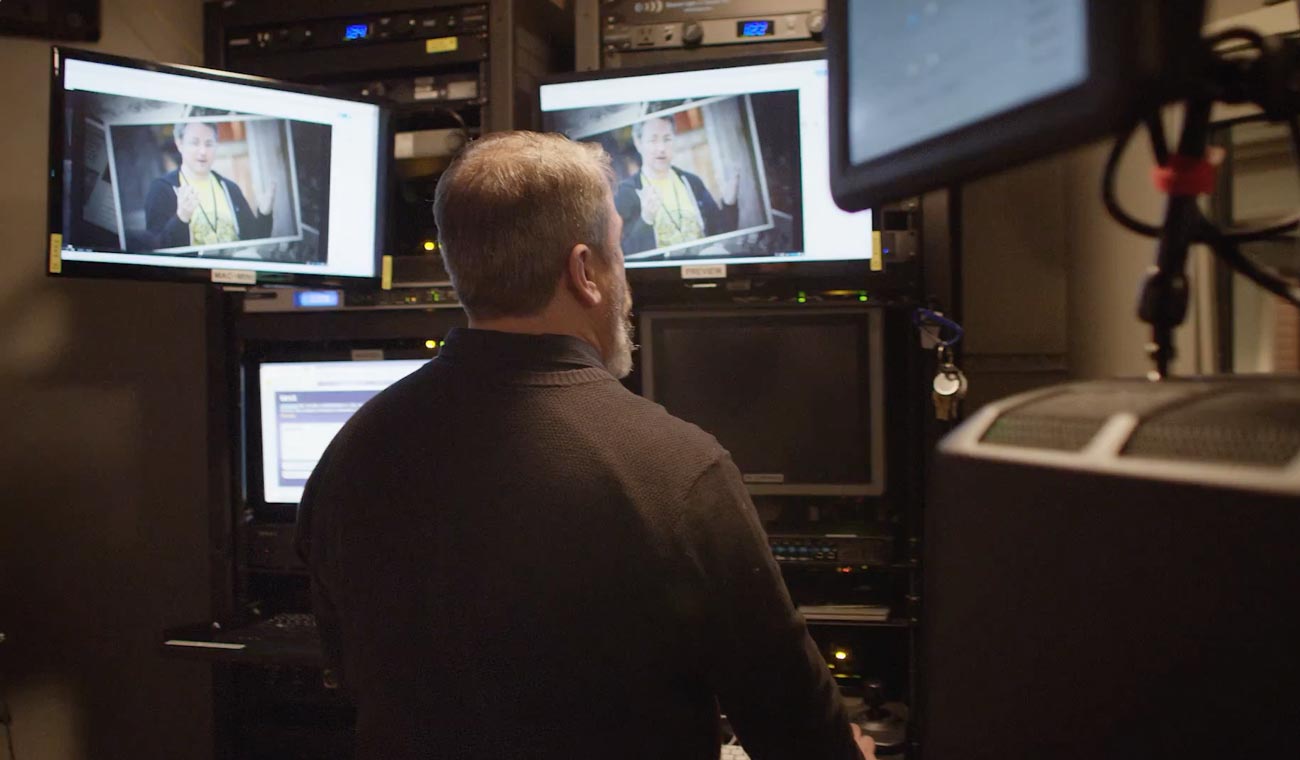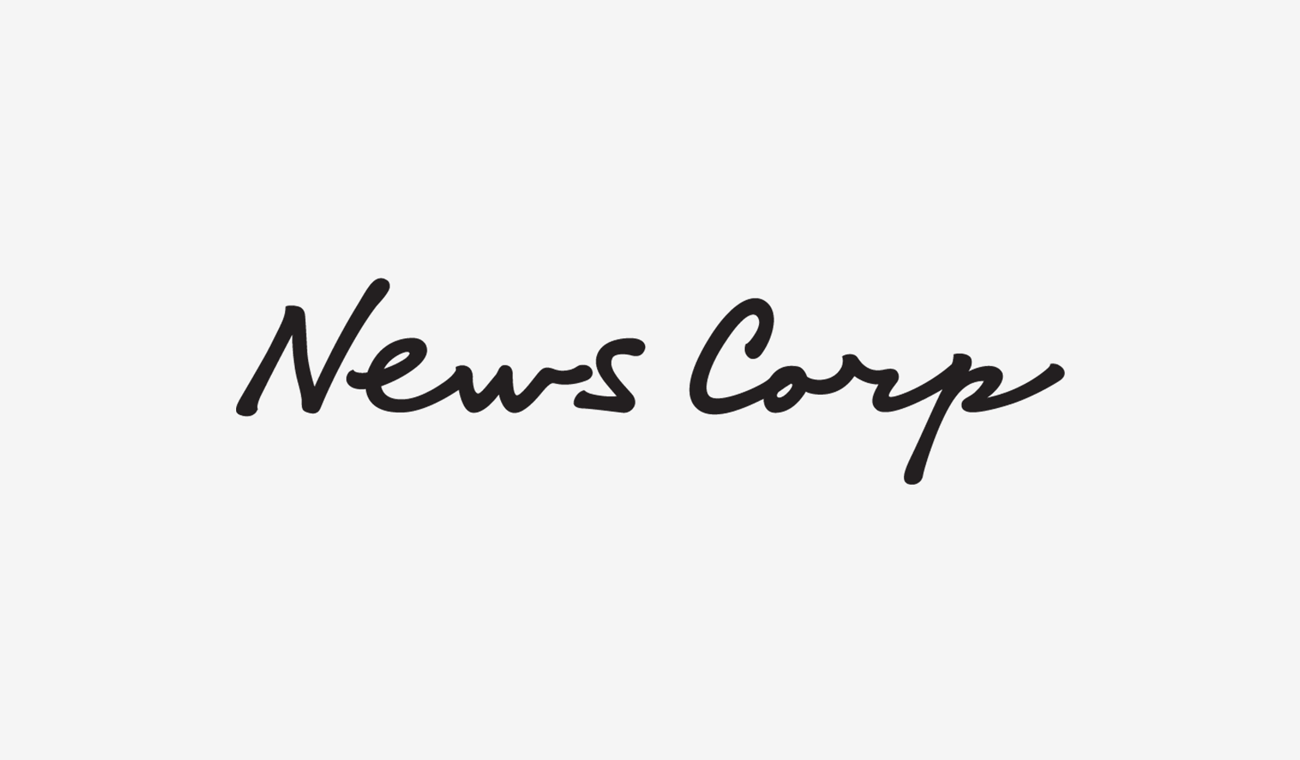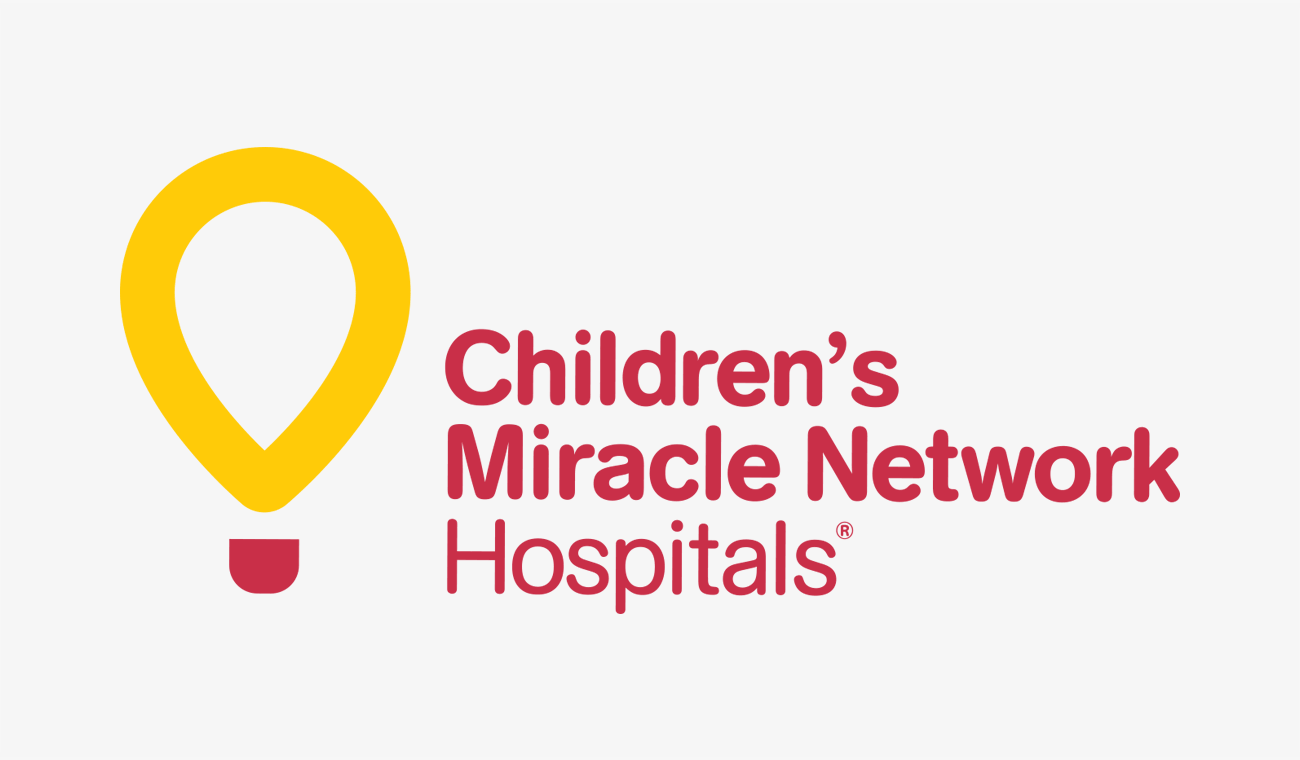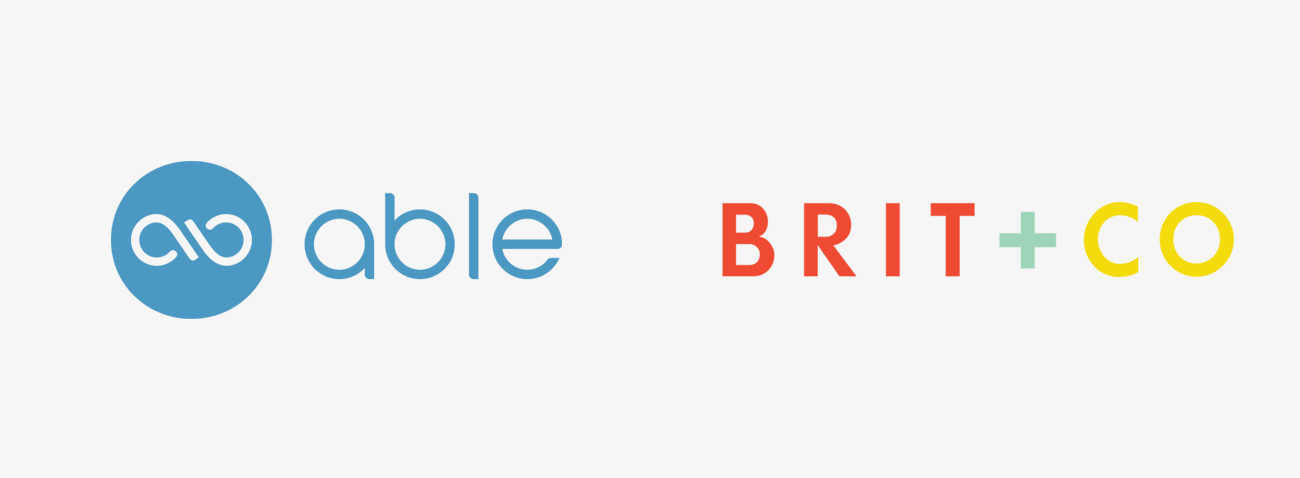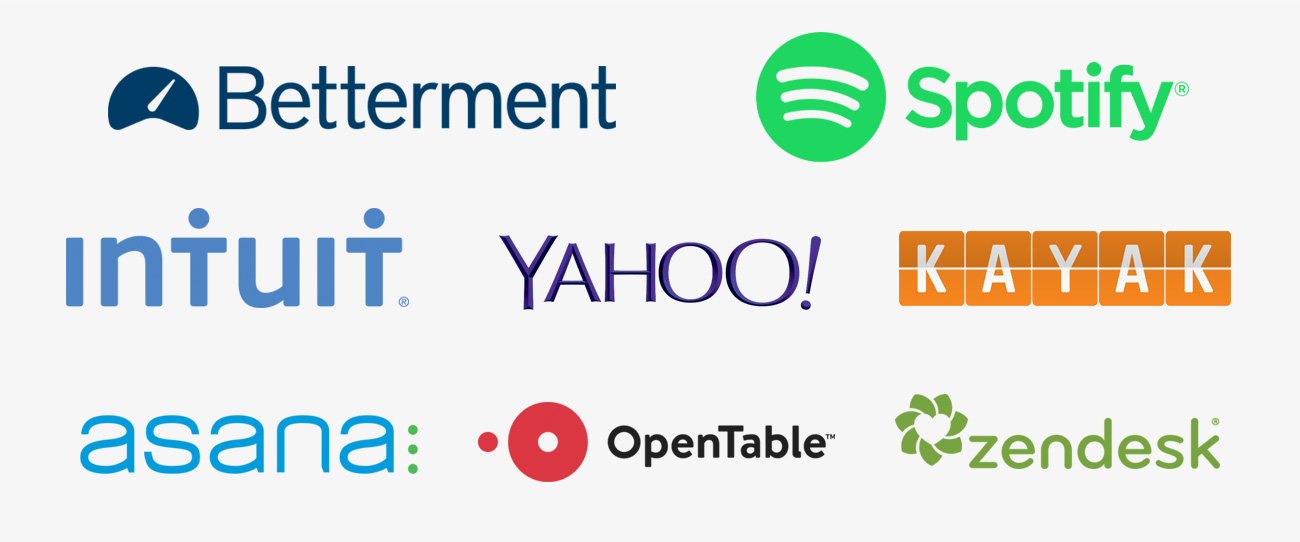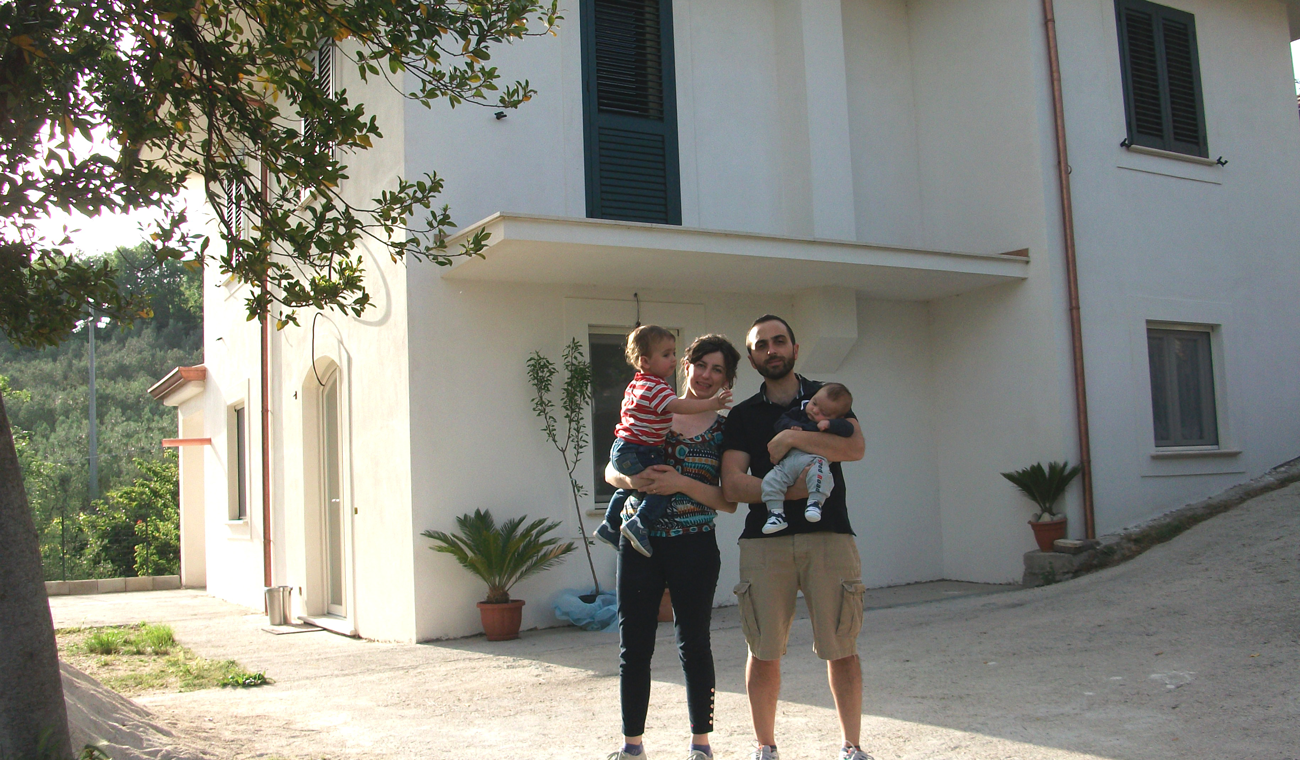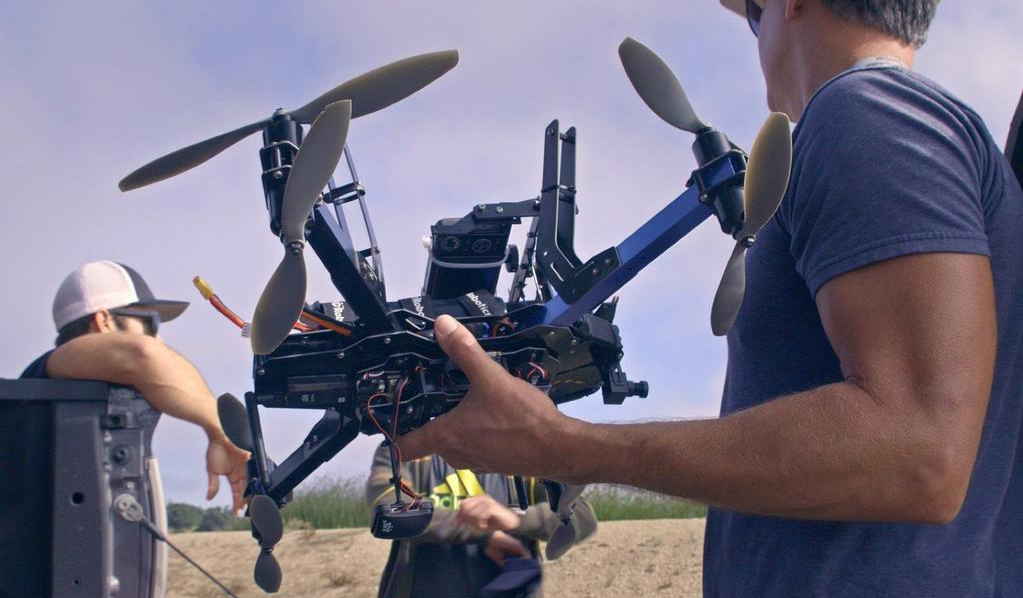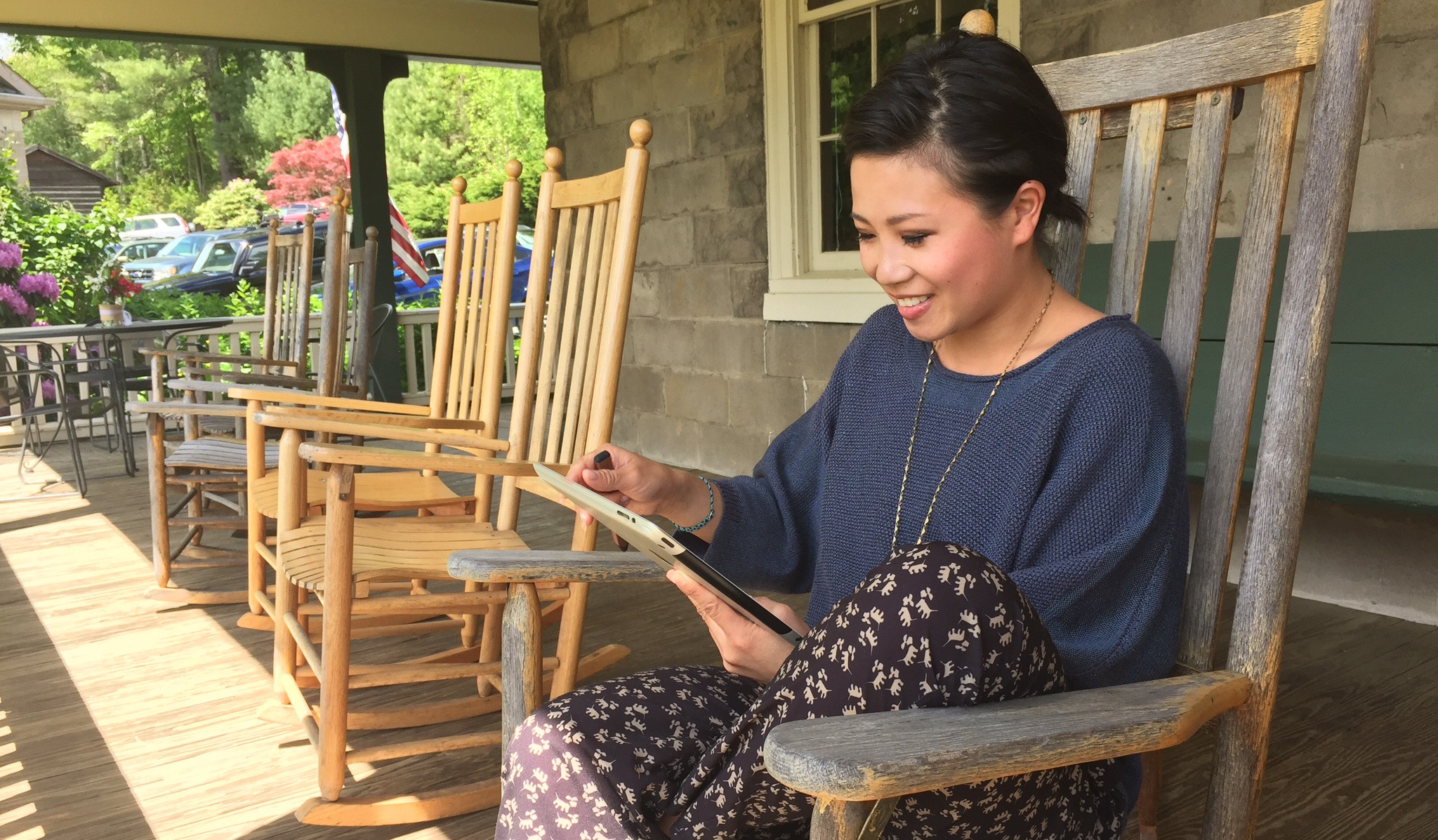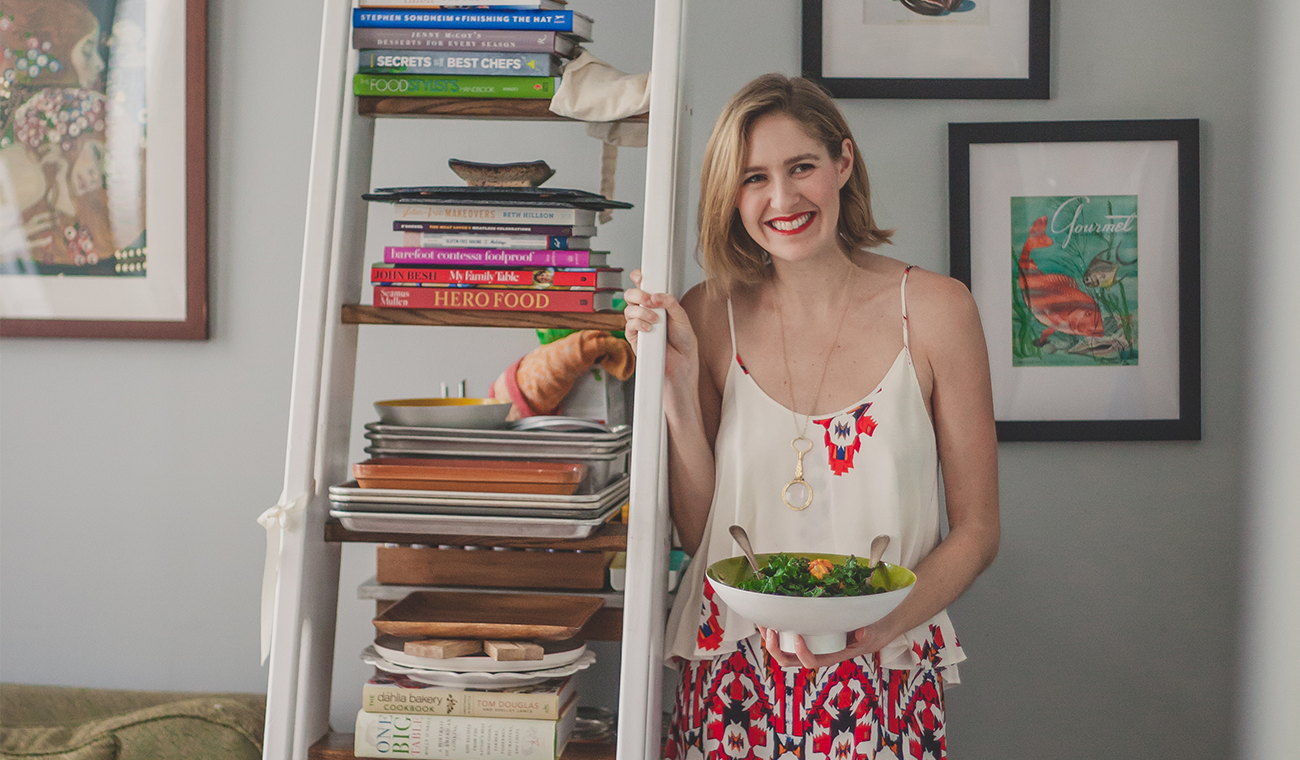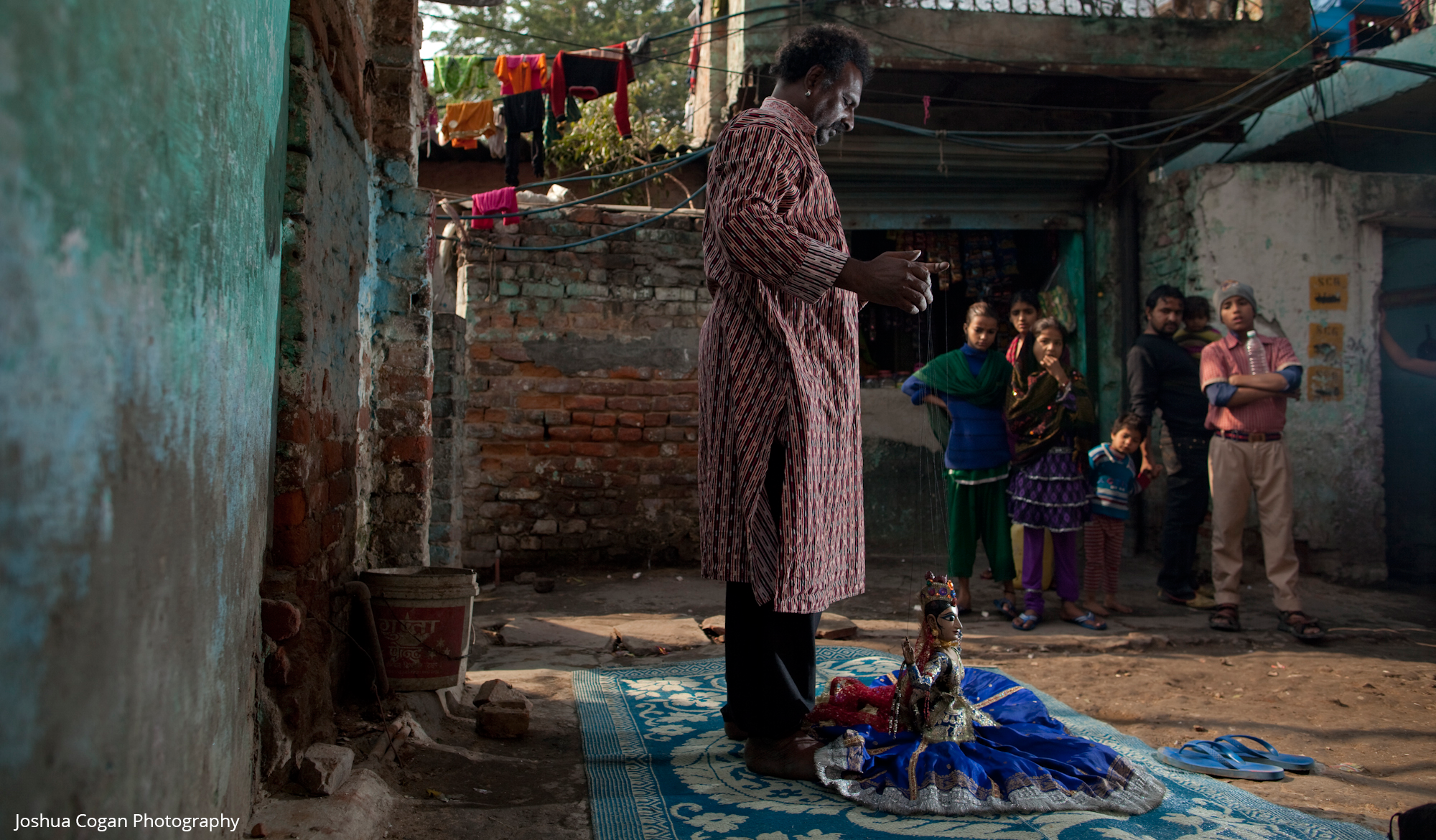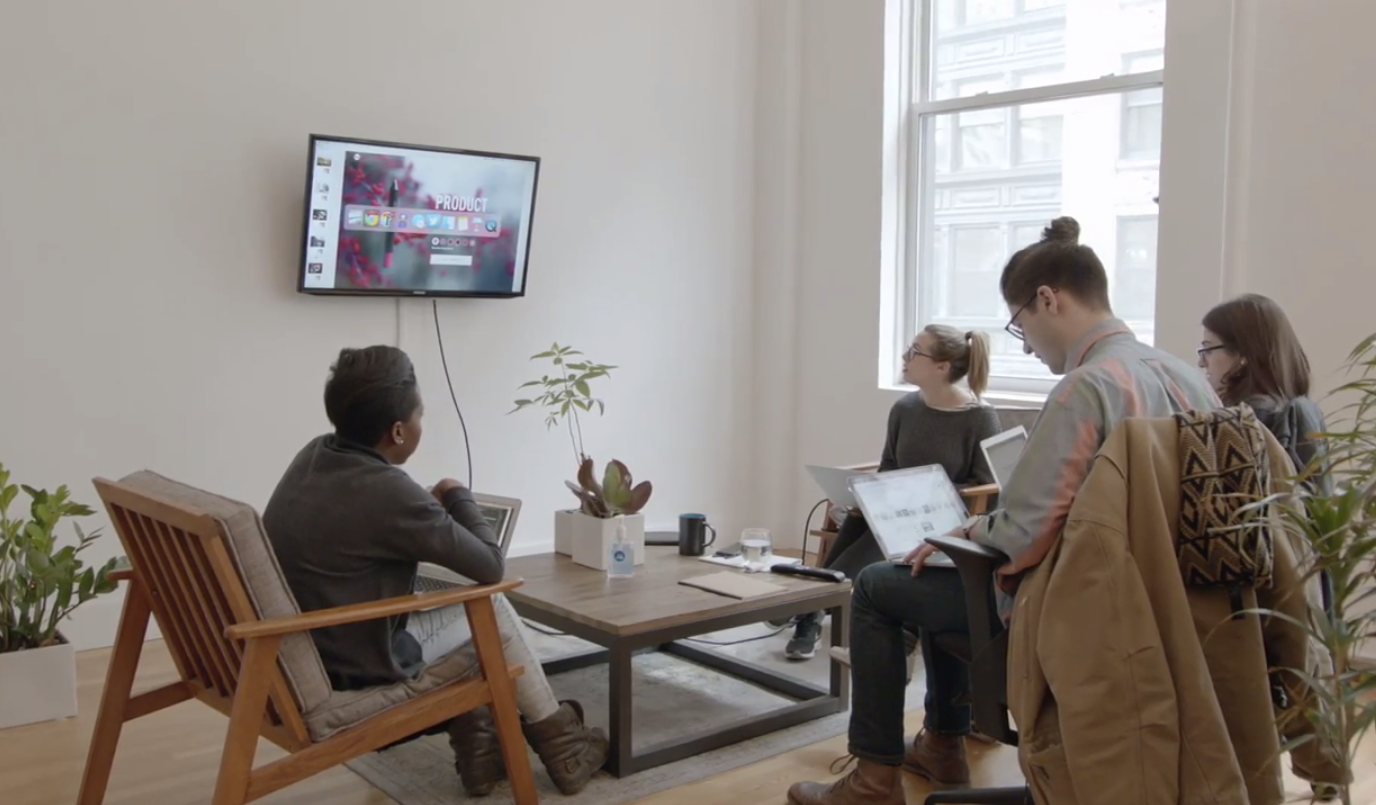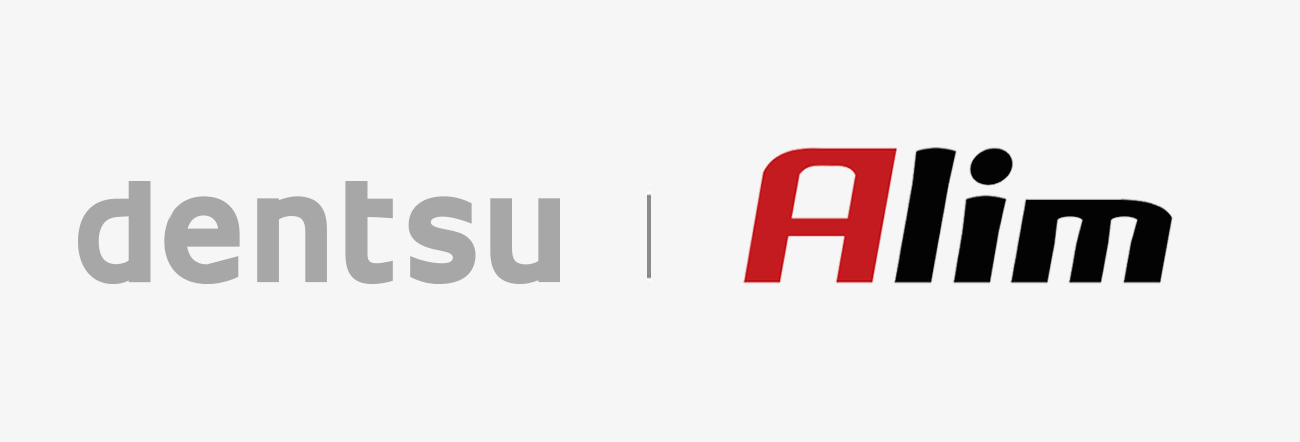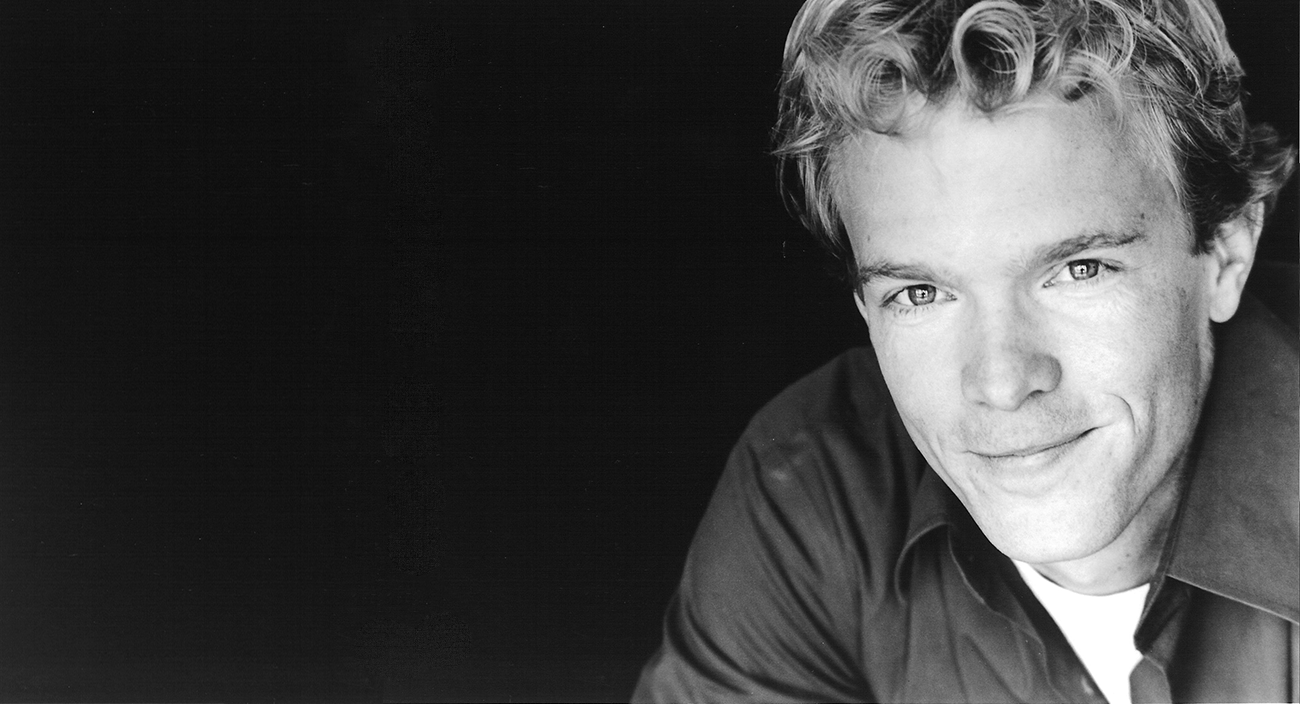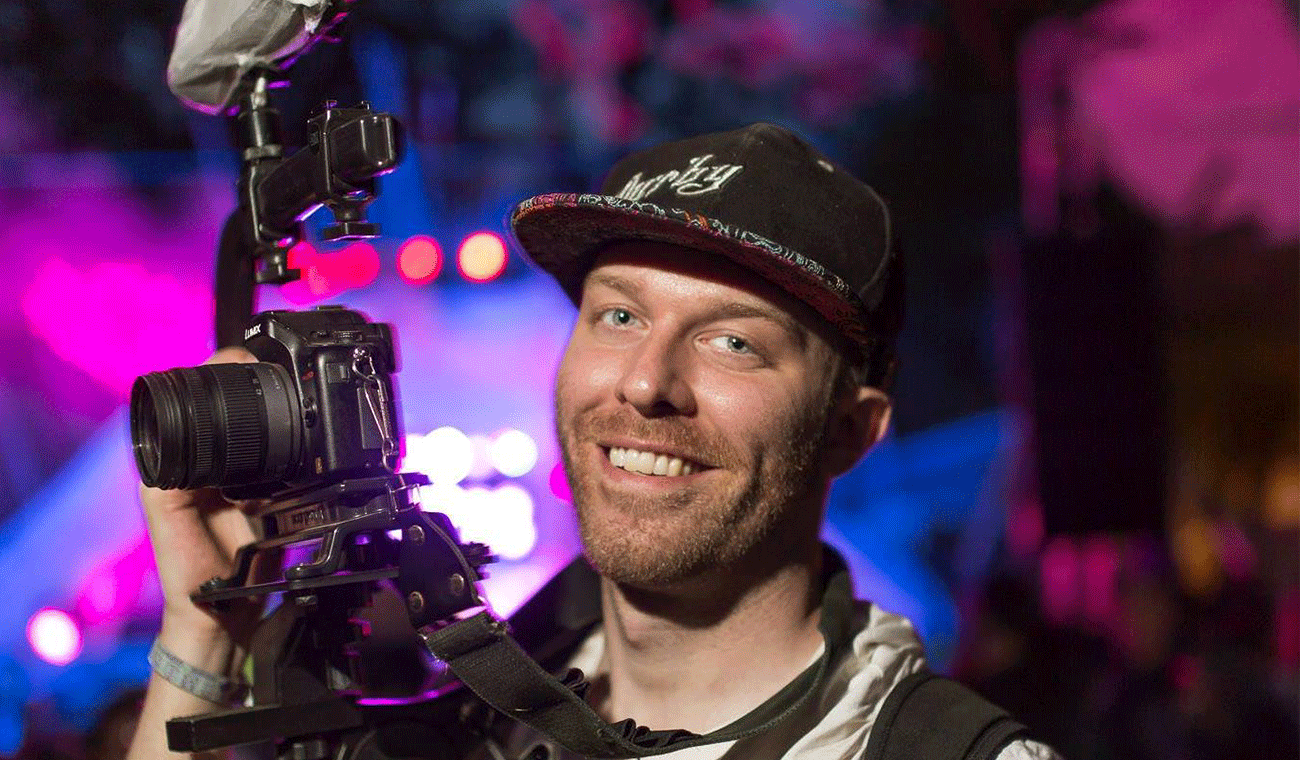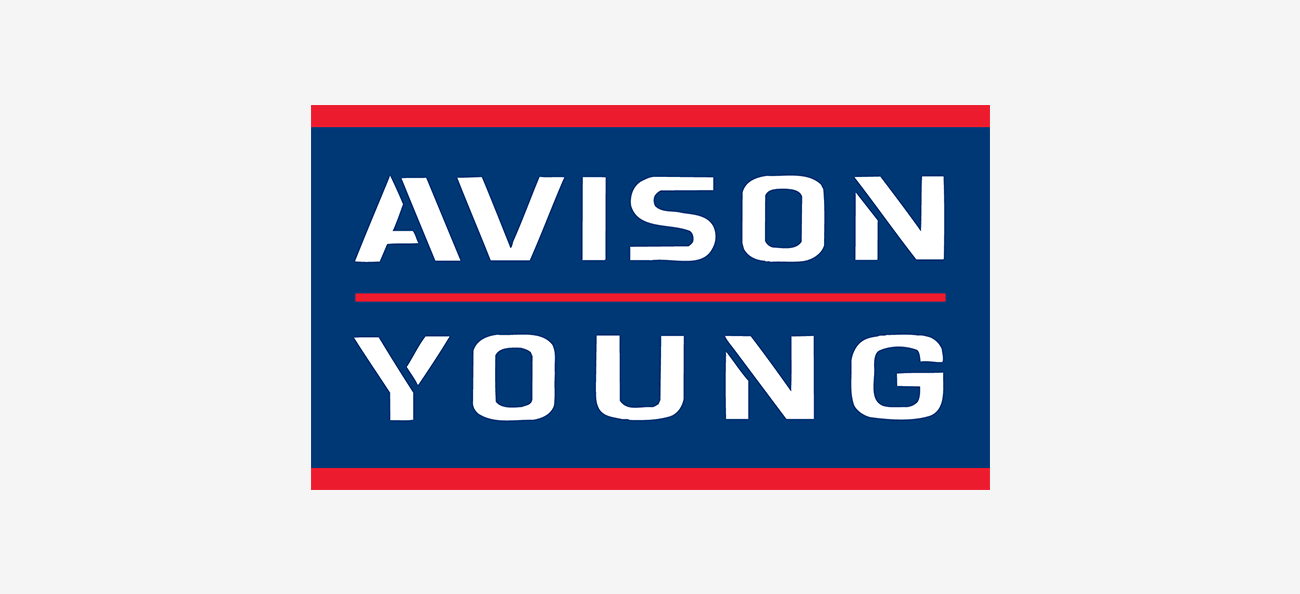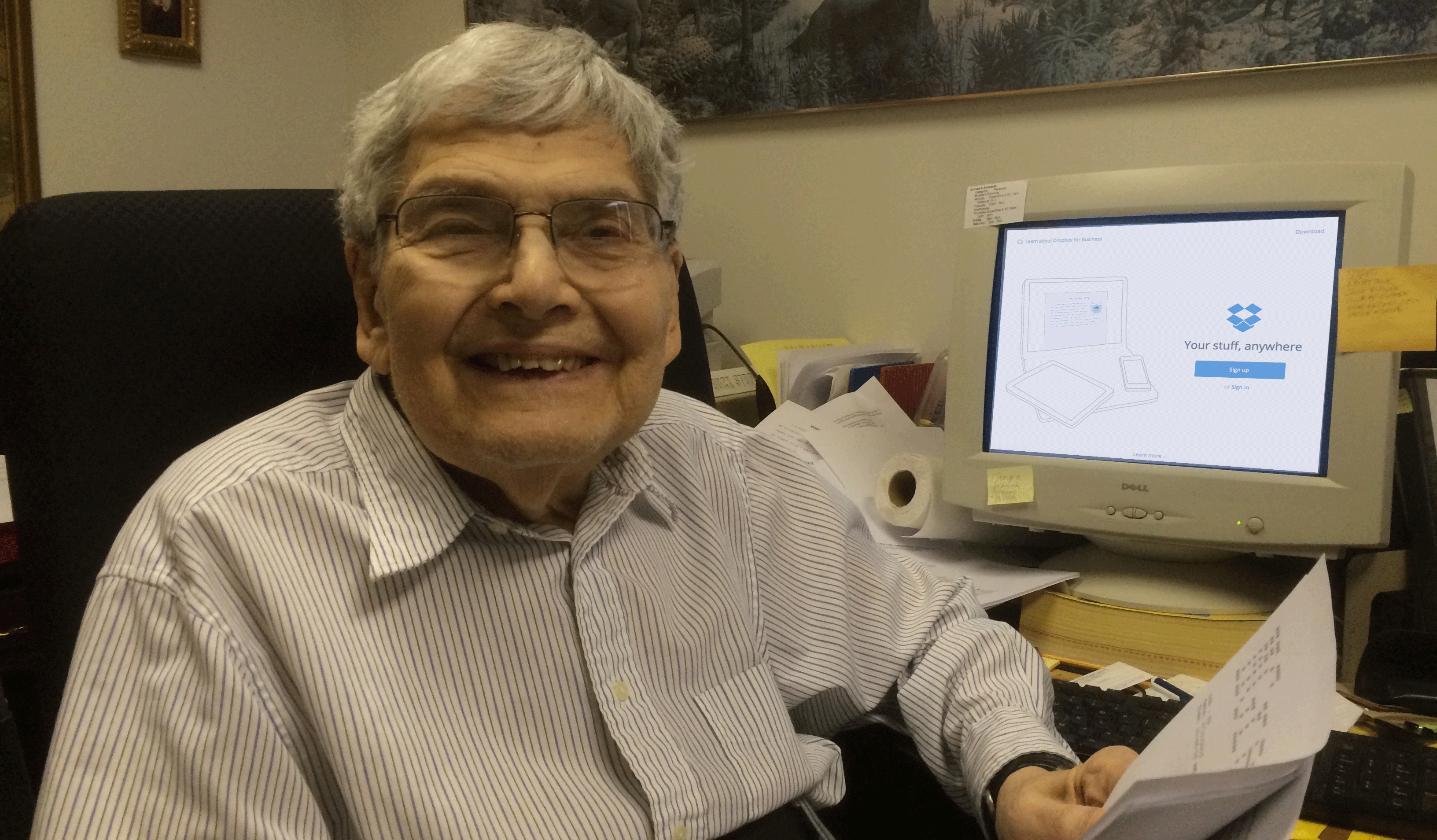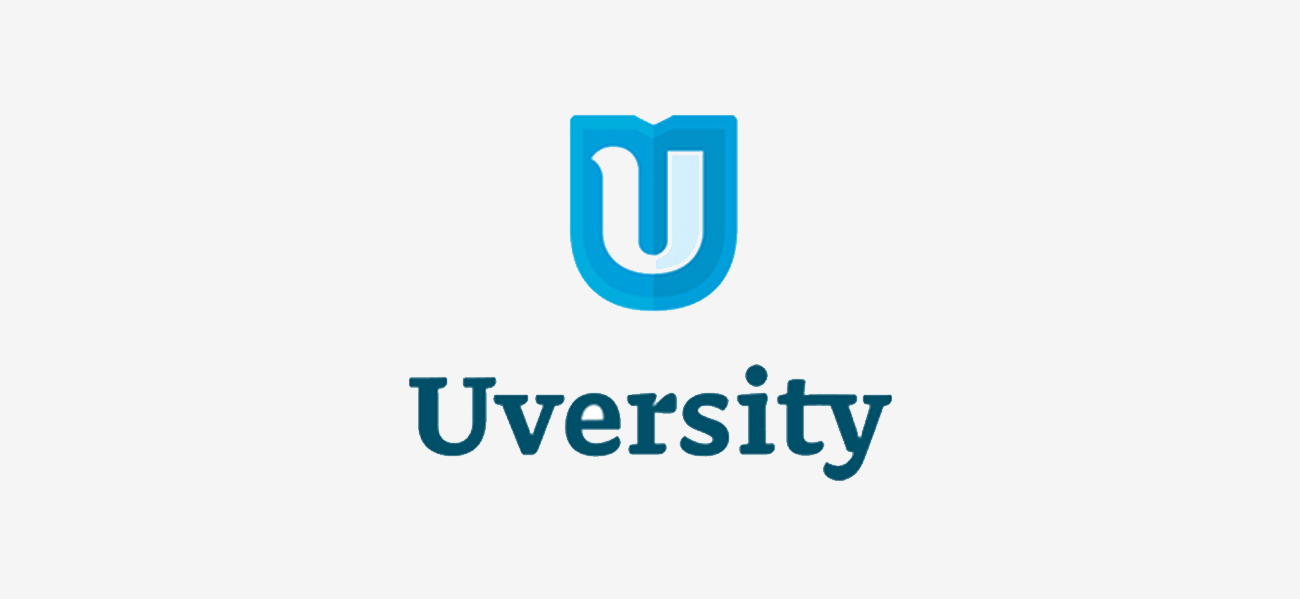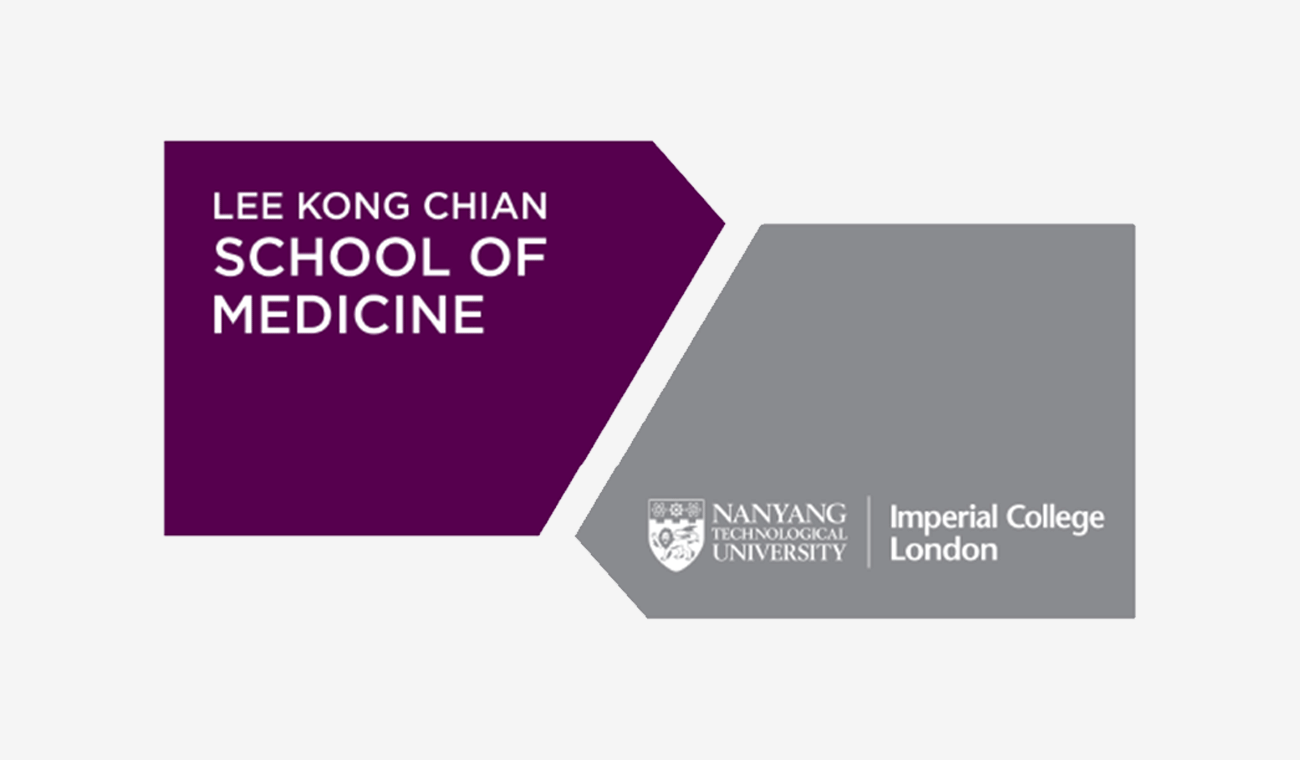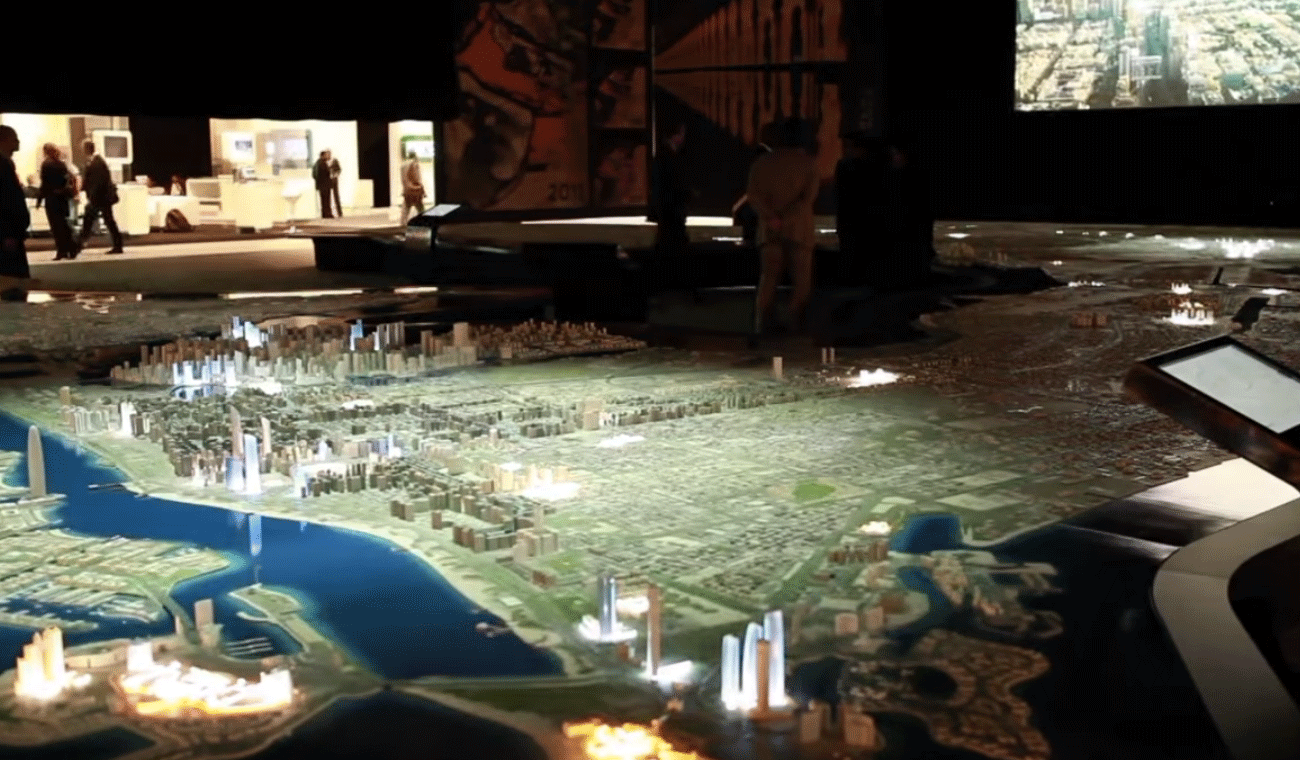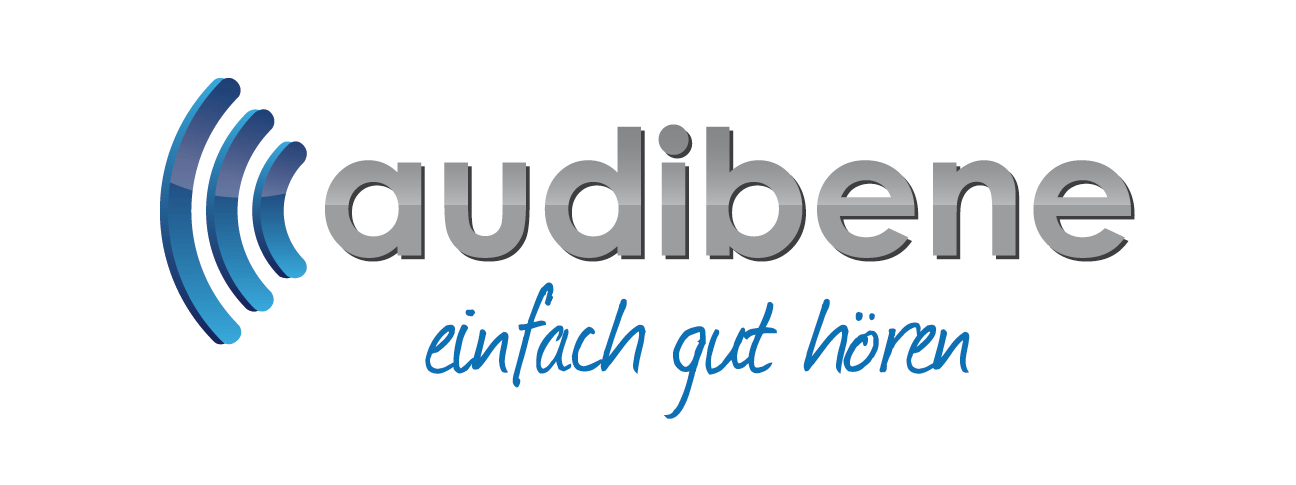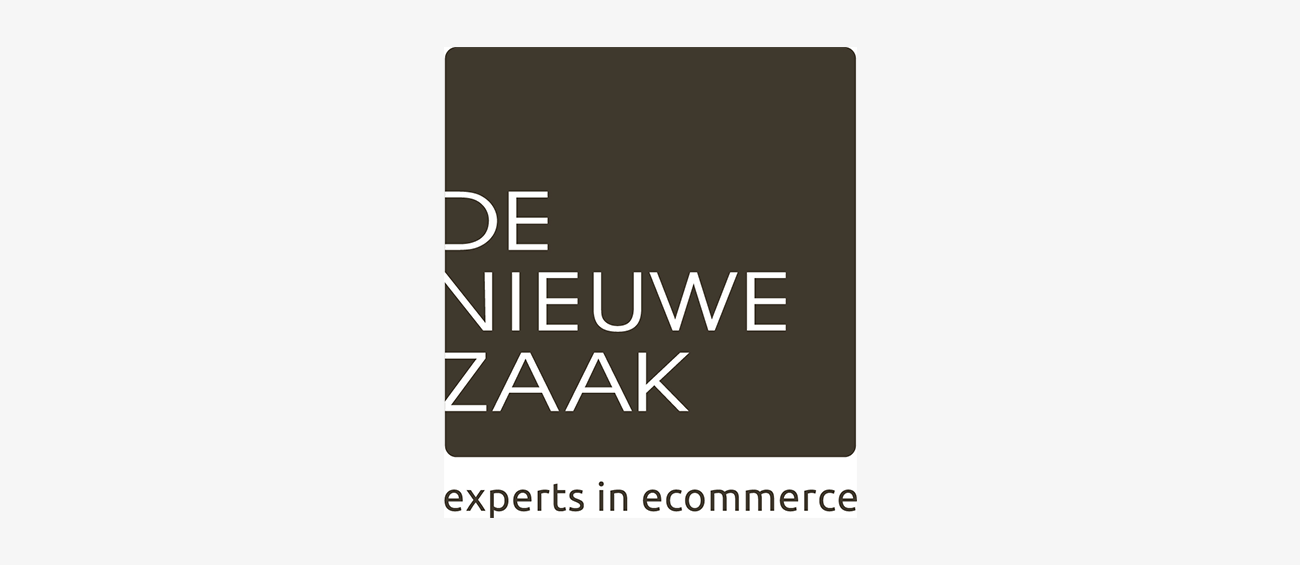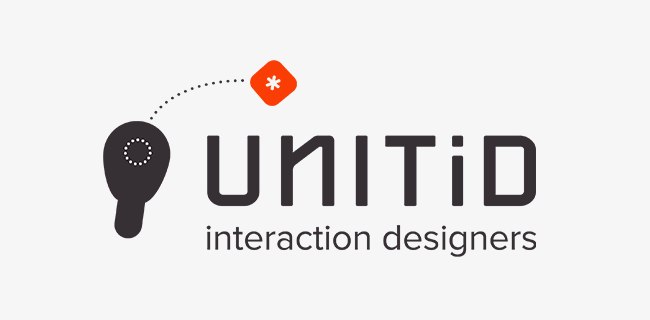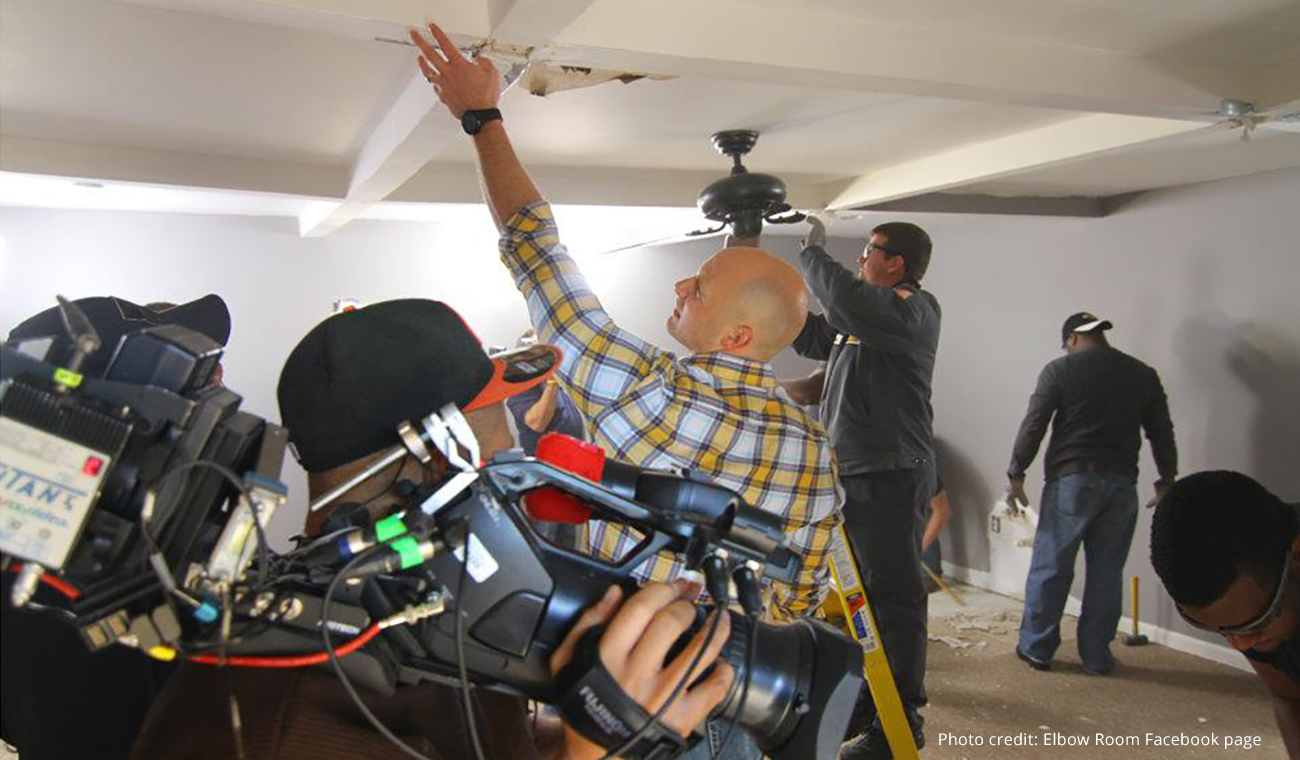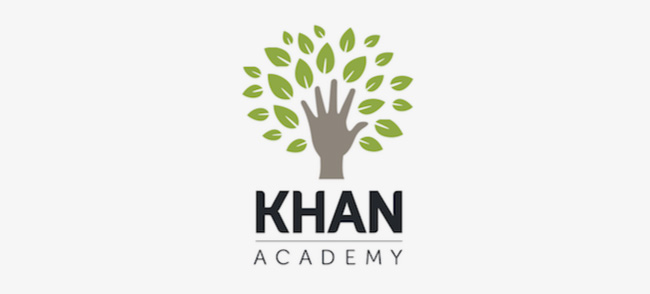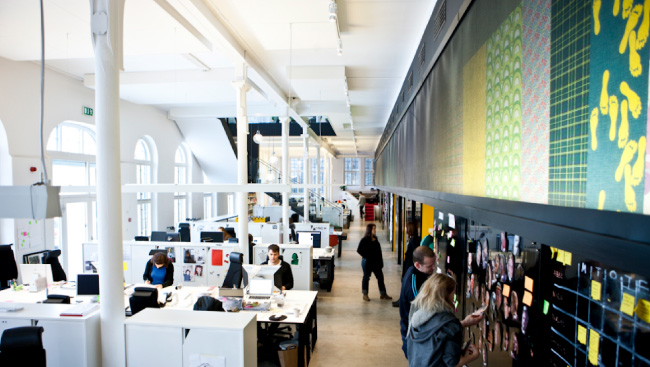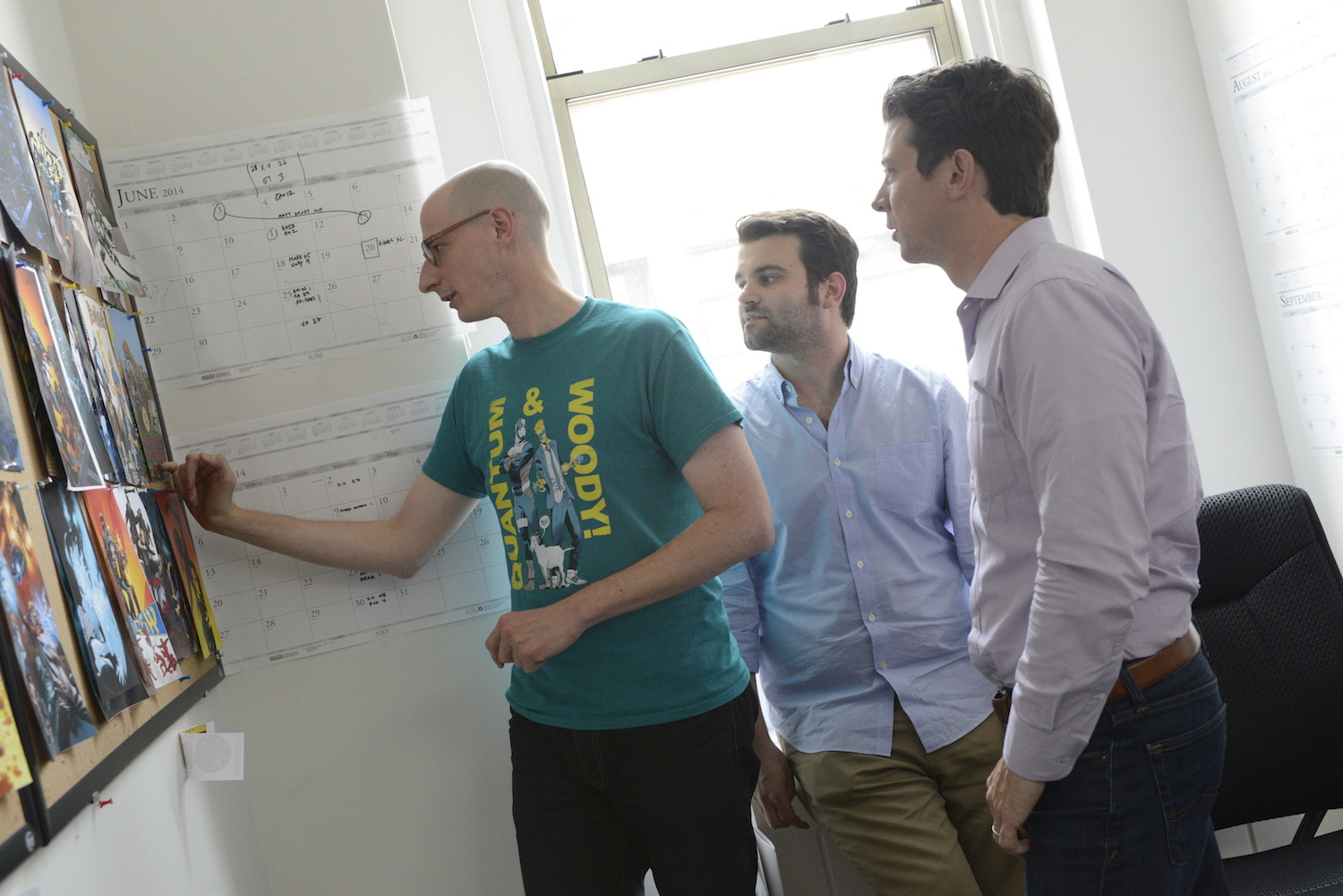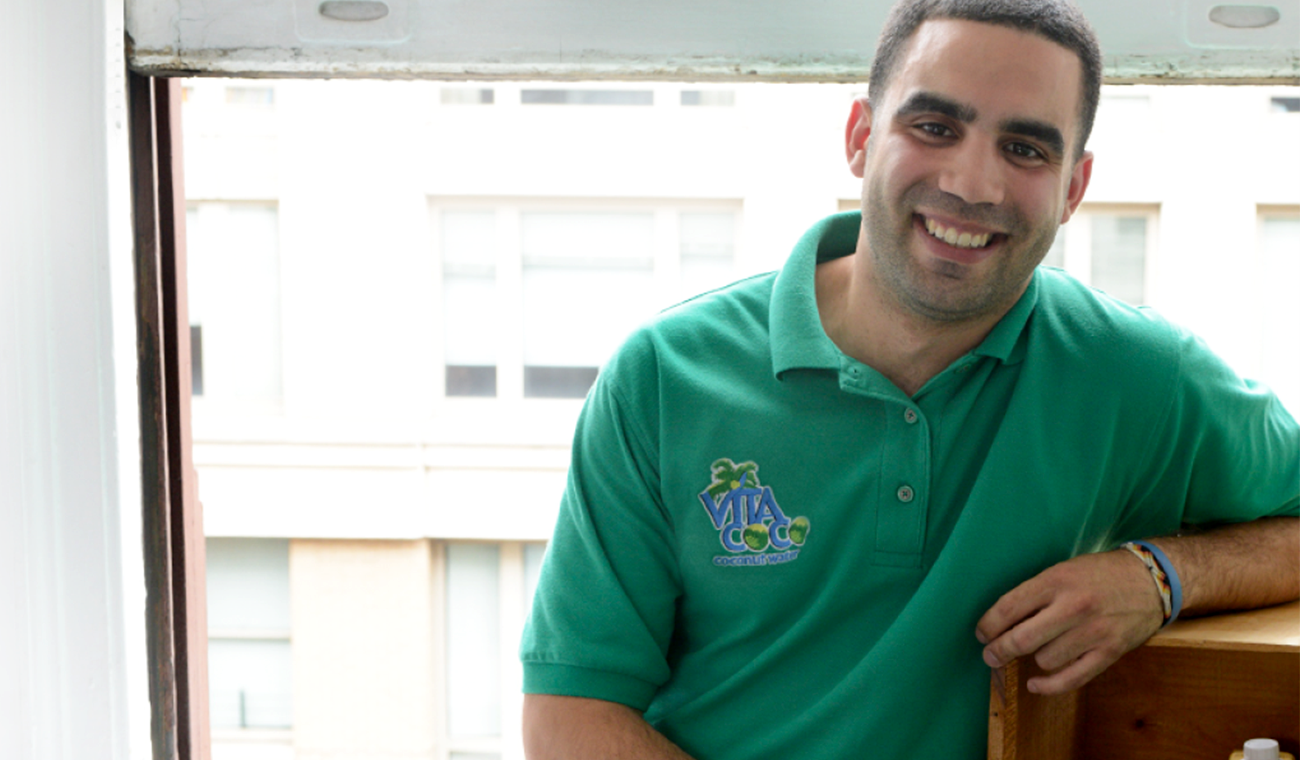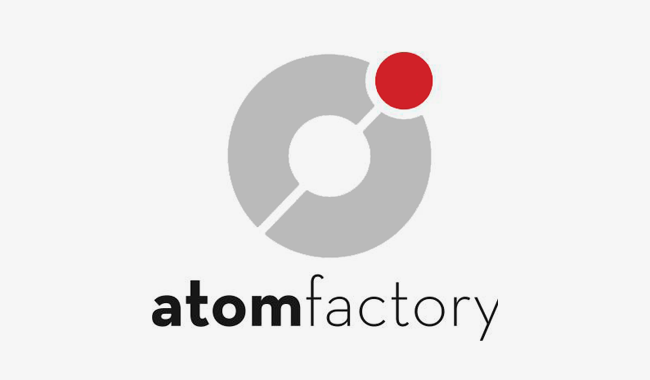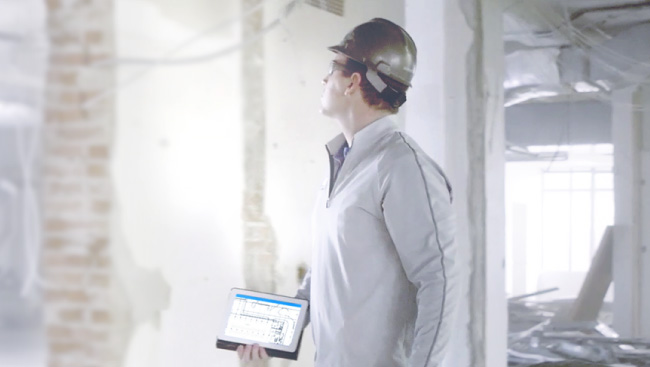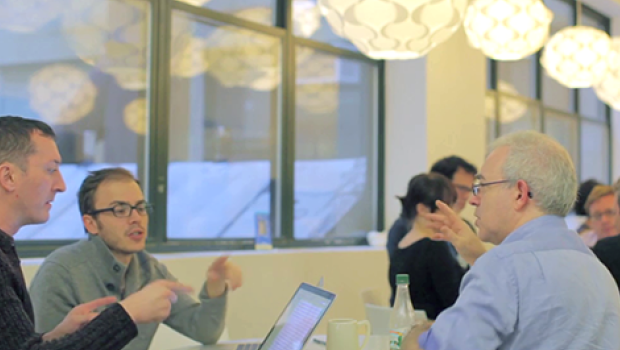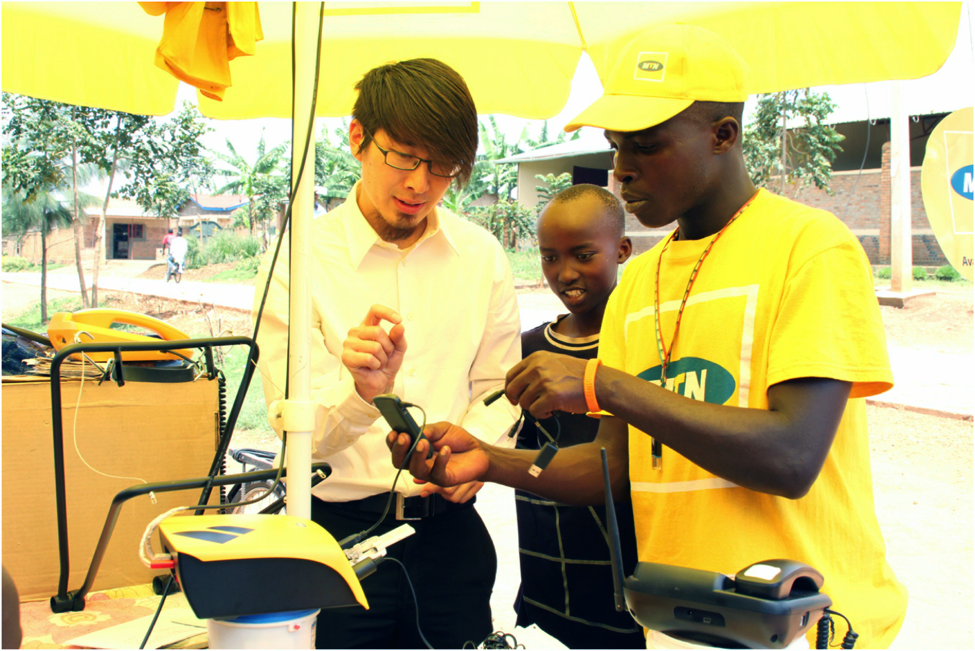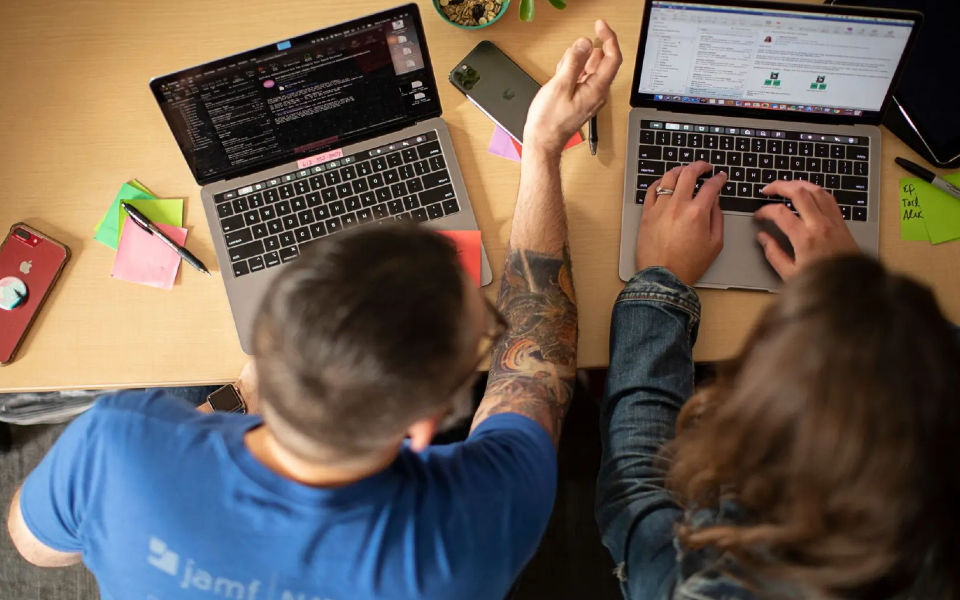
In order to make the next generation of podcasts, this production studio relies on Dropbox and a whole lot of organization.
September 8, 2022 was turning out to be business-as-usual for Madison Lusby.
As a senior production manager for podcast marketing and production studio Pod People, Lusby is responsible for making sure that their clients’ podcasts happen on schedule. People Magazine’s daily news show, “People Every Day,” was one of those shows. It was around 1:30 in the afternoon when Lusby’s phone pinged with news from one of their colleagues at People: Queen Elizabeth II had passed away.
“Usually by 1:30 p.m. ET, we had done all the research, writing, and most of our recording for our show for the day,” they say.
Since royals coverage is a big part of the People brand, Lusby knew the episode had to comment. This meant scrapping everything and starting again.
Within 10 minutes of the news breaking, their team had created a prep document and scheduled a time to re-record the day’s show. After that, Pod People edited, collected feedback, mixed, and mastered the episode in record time before it went live.
Being able to turn on a dime is par for the course in Pod People’s line of work. Using Dropbox to keep their assets organized, secure, and easily accessible helps the team prevent sharp U-turns from causing a traffic jam in their workflow.
“People Every Day” is just one of the dozens of podcasts that Pod People has produced since its inception in early 2018. The company has worked with clients like Disney, CNN, HBO, and Condé Nast to produce companion podcasts to TV shows like The Gilded Age, deep AI podcasts for venture capital firms, or—my personal favorite—”Money Confidential,” a show from Real Simple about the questions you had about money but might be too nervous to ask out loud.
For Pod People co-founder and CEO Rachael King, it’s all about helping clients tell their story. We spoke with King and Hannah Pederson, Pod People’s director of production, about their most exciting projects, how the agency works behind the scenes, and the role Dropbox plays in keeping everything running smoothly.
As long as things are in Dropbox, we can never lose them. It’s a cost saver but it’s also a time-saver for us, which, for a small business, is so important.
What was a key breakthrough moment for Pod People?
King: During the pandemic so many clients who previously were producing tons of video in-person or in-studio had to stop. Clients like Meredith Corporation approached us to help with shows, and we created and set up their entire podcast network. There were other clients like that, too, who couldn’t make the in-person content anymore, but saw that you could make a great podcast remotely.
Since you’re working on several shows at a given moment, how do you stay organized?
King: We usually have 20-25 projects in the works—some small, some big, some rushed, and some slow. It’s definitely challenging to balance all the pieces of the puzzle especially across so many different types of shows—chat, narrative, fiction—but the team does an incredible job of keeping all the balls in the air. Dropbox is a necessity.
Hannah Pederson: Each client gets a folder, so you can go into a client’s folder and see what projects we’re working on. The project folder is then broken down by seasons. Then it’s broken down into assets, such as theme music, and then our episodes have their own folders. Within each episode folder, there’s audio drafts, raw audio, video, and draft social media folders.
King: It’s the same convention for every client folder. I could go in there and find the social assets for a trailer of a new show we’re developing without having to ask anyone on the team for it. And if someone were to join the team tomorrow, they could open Dropbox, and find what they need.
What other ways has Dropbox been useful behind the scenes?
Pederson: As we work on so many projects and drafts, being able to preview something within Dropbox—without having to download or listen to it—has helped us tremendously.
Dropbox generates a transcript of the audio, so having something I can search through, without having to spend minutes getting to a section of the tape, saves me a lot of time. If you want to tell a collaborator when someone said a certain thing, you can just search the text and quickly send over a timestamp.
Also, the files we work with are truly massive. On a given episode, we can be dealing with a few gigabytes of data. To be able to share the file with our clients, or even internally, with just a link helps us stay organized and efficient.
King: As long as things are in Dropbox, we can never lose them. It’s a cost saver but it’s also a time-saver for us, which, for a small business, is so important.
As the moving parts [of making podcasts] increase exponentially, having a single source of truth within a well-organized system like Dropbox is essential.
What’s something about making podcasts that people would find surprising?
King: Security is huge. Being able to keep work private when necessary or password-protected when needed is important for us. We work with clients on healthcare podcasts, where HIPAA is a concern. On “Money Confidential,” anonymous people called in for advice. And there’s so much unfinished work for the client to review that shouldn’t ever see the light of day. Sometimes we make internal podcasts for clients: They’re not going out to the world, so it should just never be publicly accessible.
Securing our files is really important, whether we’re working on a subject matter that’s sensitive or an unfinished draft—it can’t get scooped.
What have been some of your favorite projects?
Pederson: One of my favorites is a show called Untextbooked, which was just nominated for the Ambies’ Best History Podcast.
It’s a podcast led by late high-school and early-college students. They didn’t come to us with podcast experience, so we’re helping them along the way. They’re communicating with the guests and coordinating scheduling, but Pod People is here to help edit and produce the show, while they give us feedback on how they want the podcast to sound.
It’s really empowering to teach that next generation, not only how to make a podcast, but also skills that they can use once they get into the professional world.
Podcasting has changed a lot since the early days. What changes are you experiencing in the industry, and how does that impact how Pod People works?
King: We’re now doing more video podcasts than we used to. It was probably 10% of our work two years ago, 25% last year, and about 50% this year. People are getting more and more used to having the visuals, largely owing to the advent of TikTok, Instagram Reels, and YouTube Shorts.
Podcasts are getting more and more complicated, advanced, and polished. They have fancy motion graphics, and tons of social assets. That evolution isn’t a bad thing, but the file sizes only get bigger once you add in video, and the number of assets only gets more complicated. As the moving parts increase exponentially, having a single source of truth within a well-organized system like Dropbox is essential. We would die without it.
This interview has been edited and condensed for clarity.

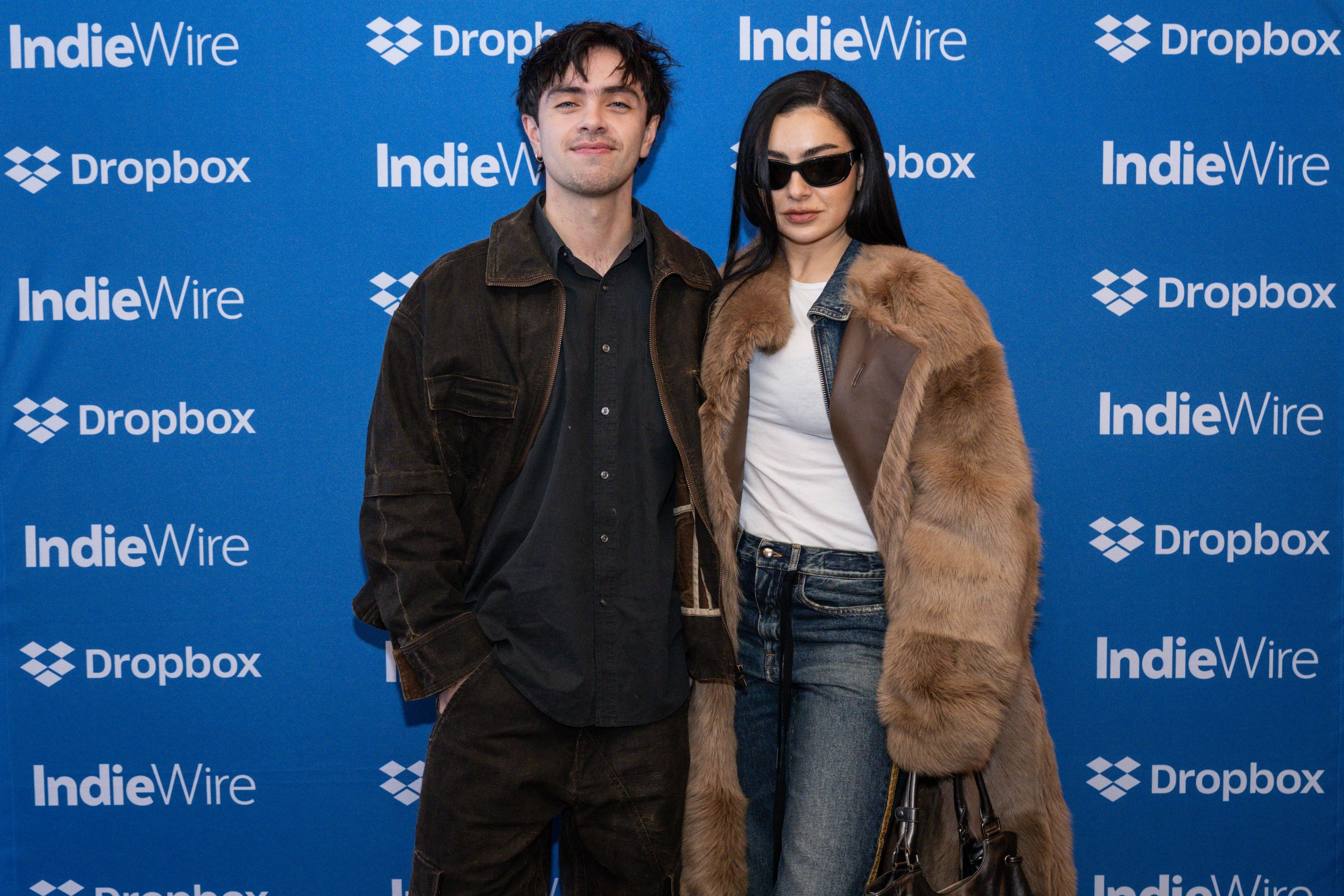
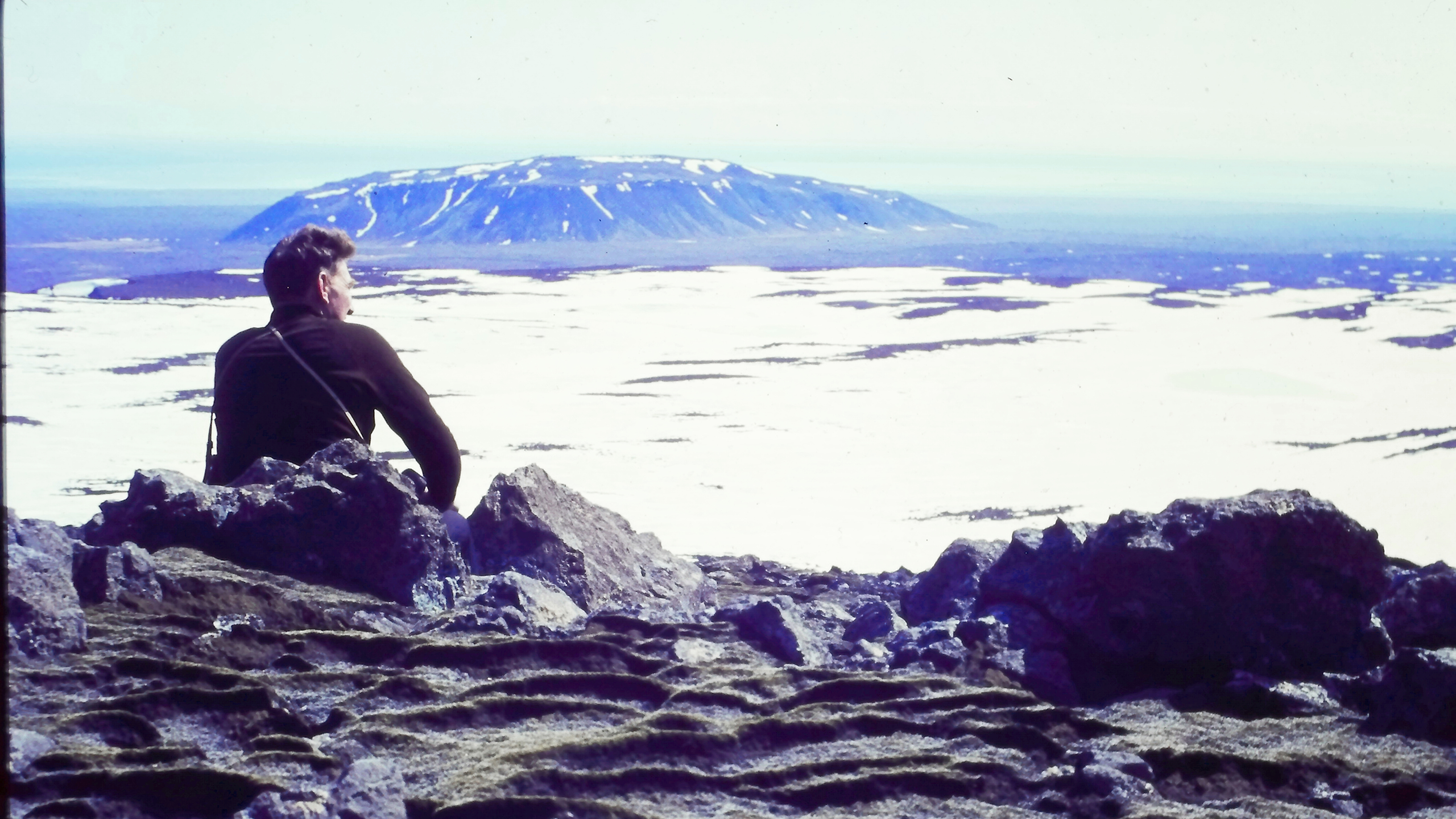
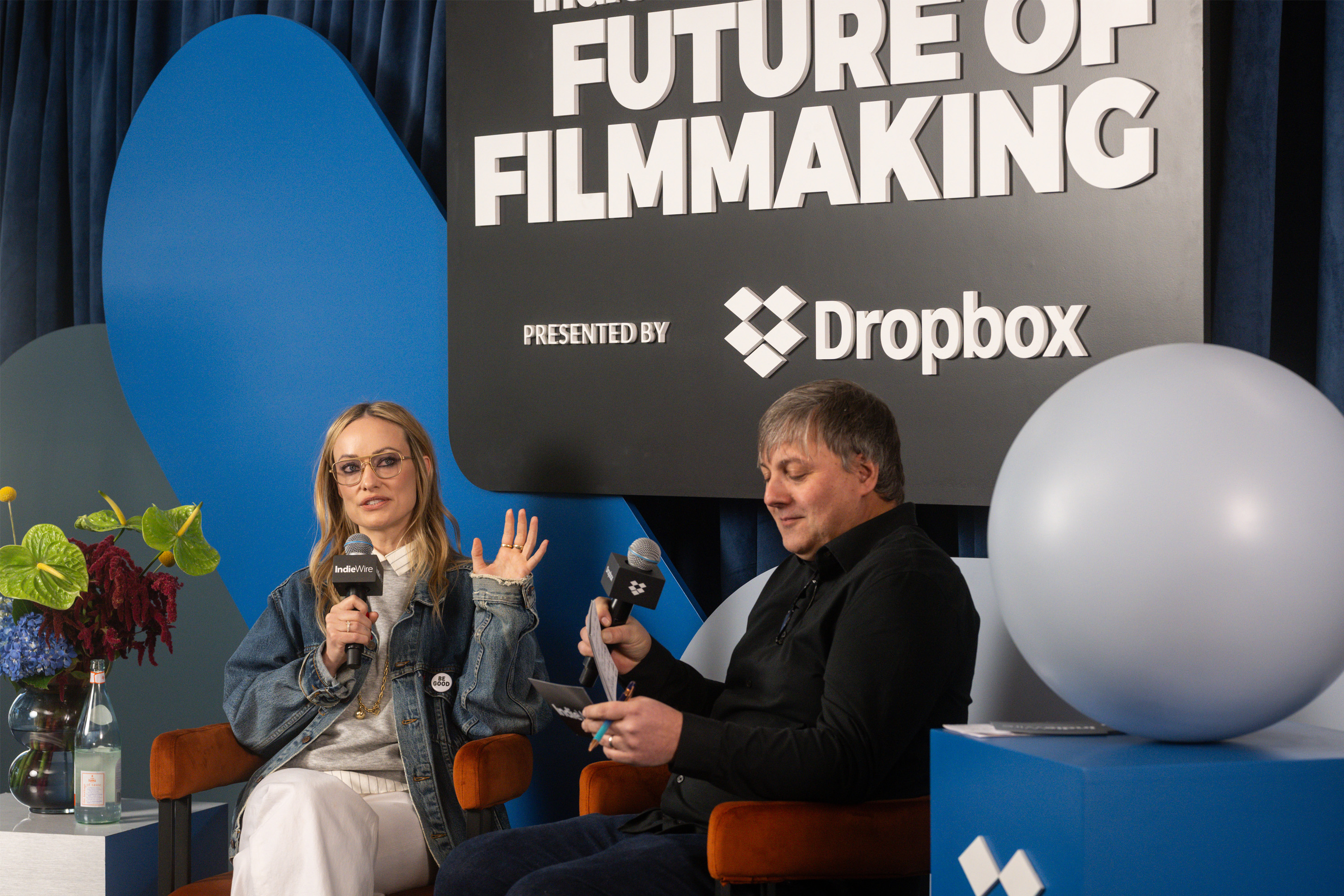
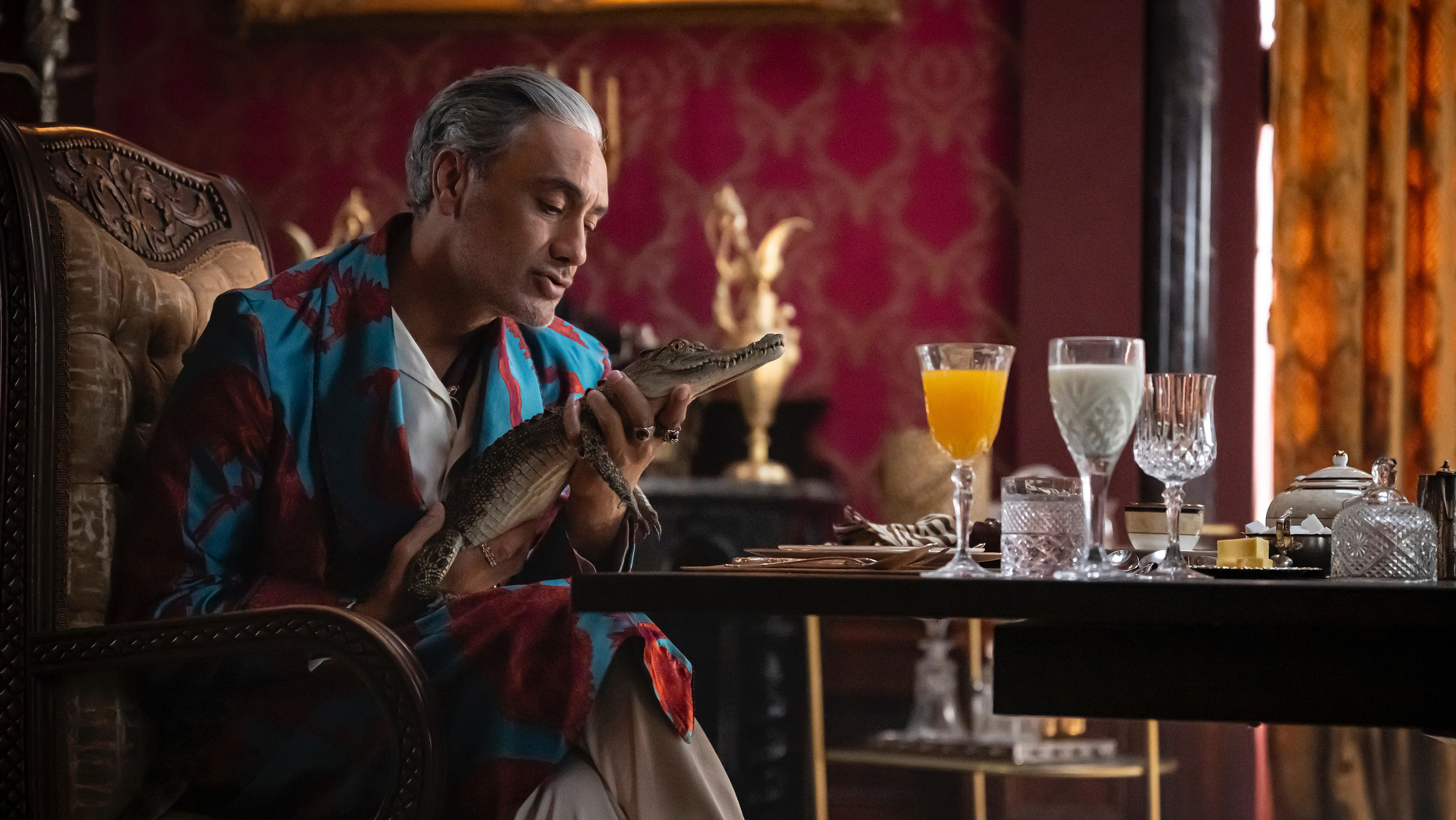

.png/_jcr_content/renditions/hero_square%20(2).webp)
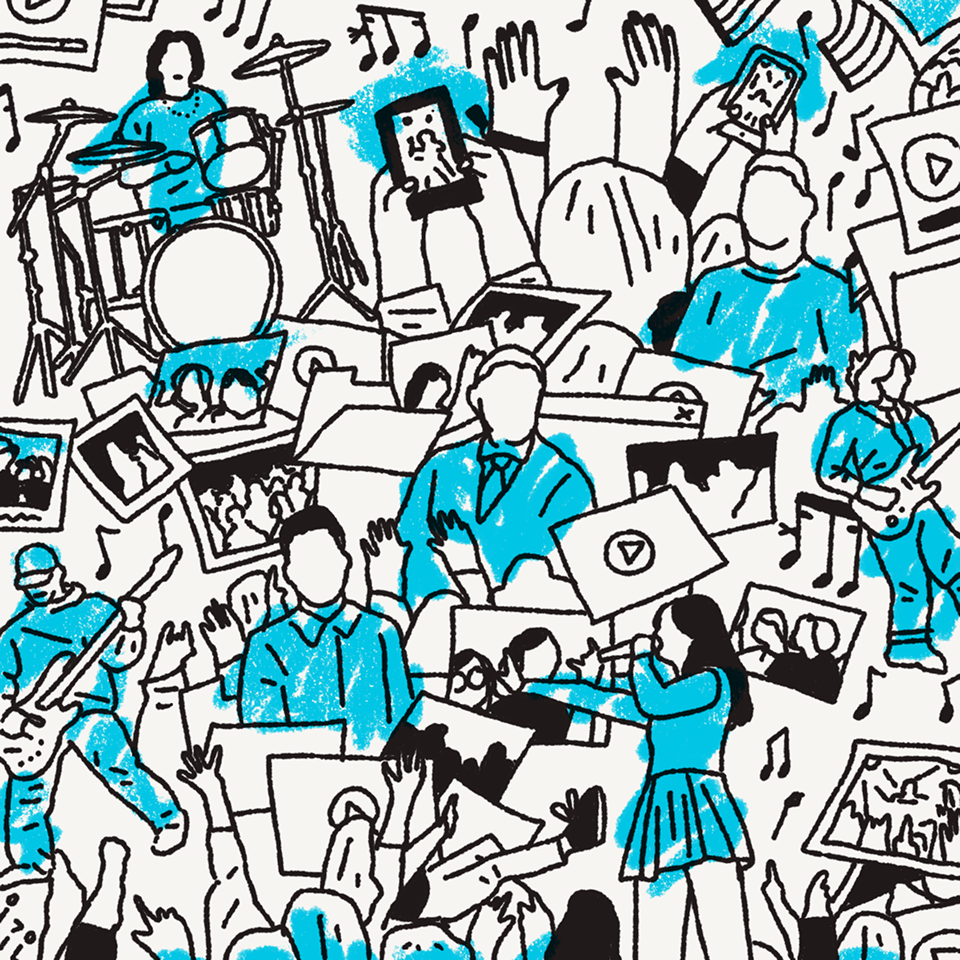
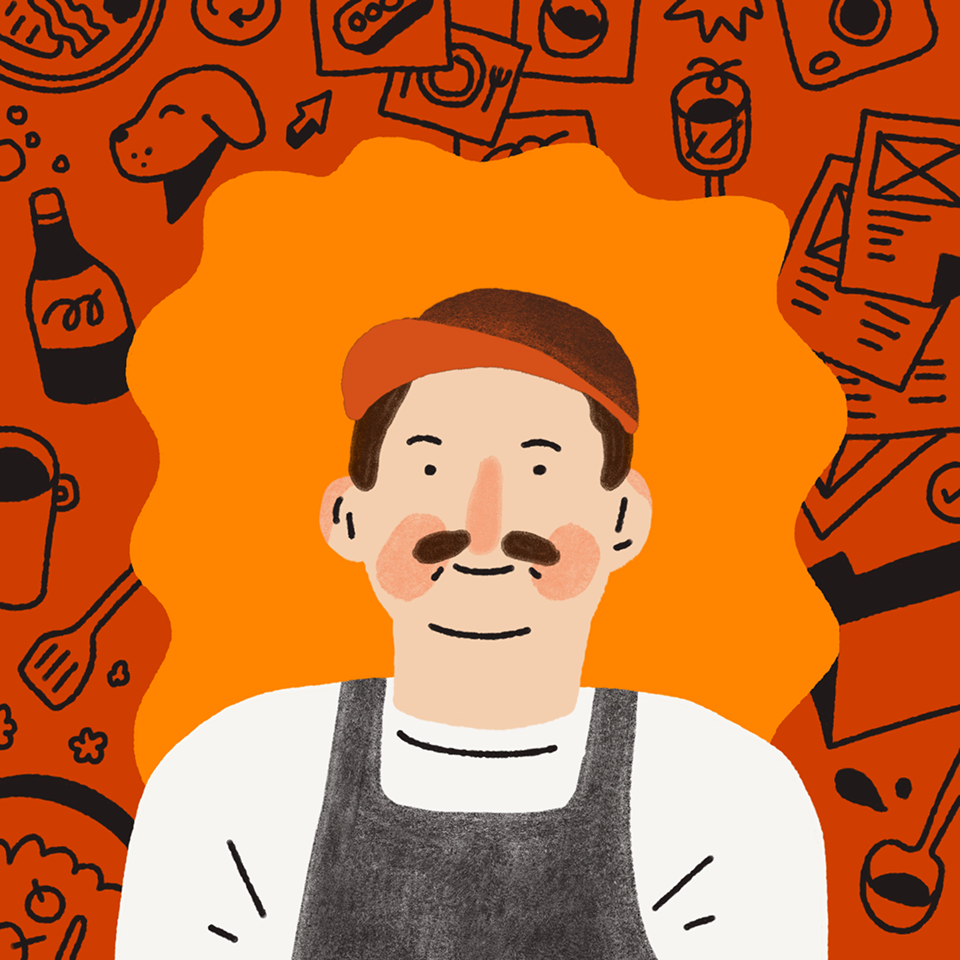





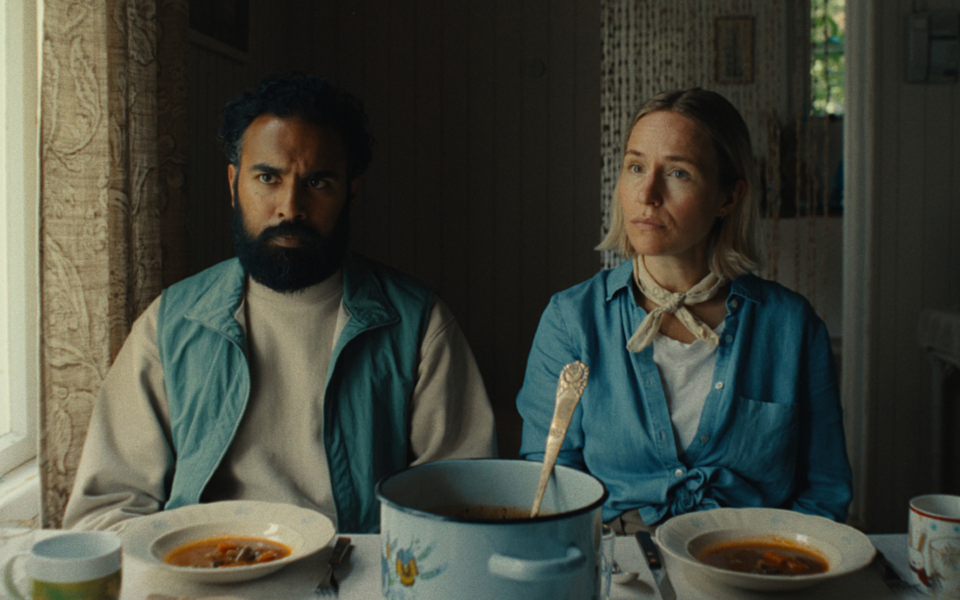
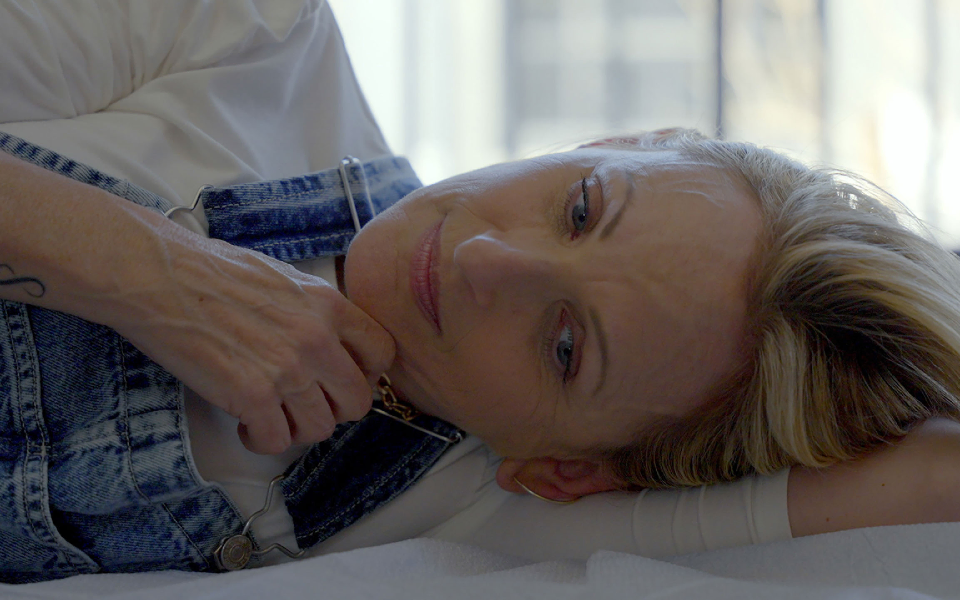





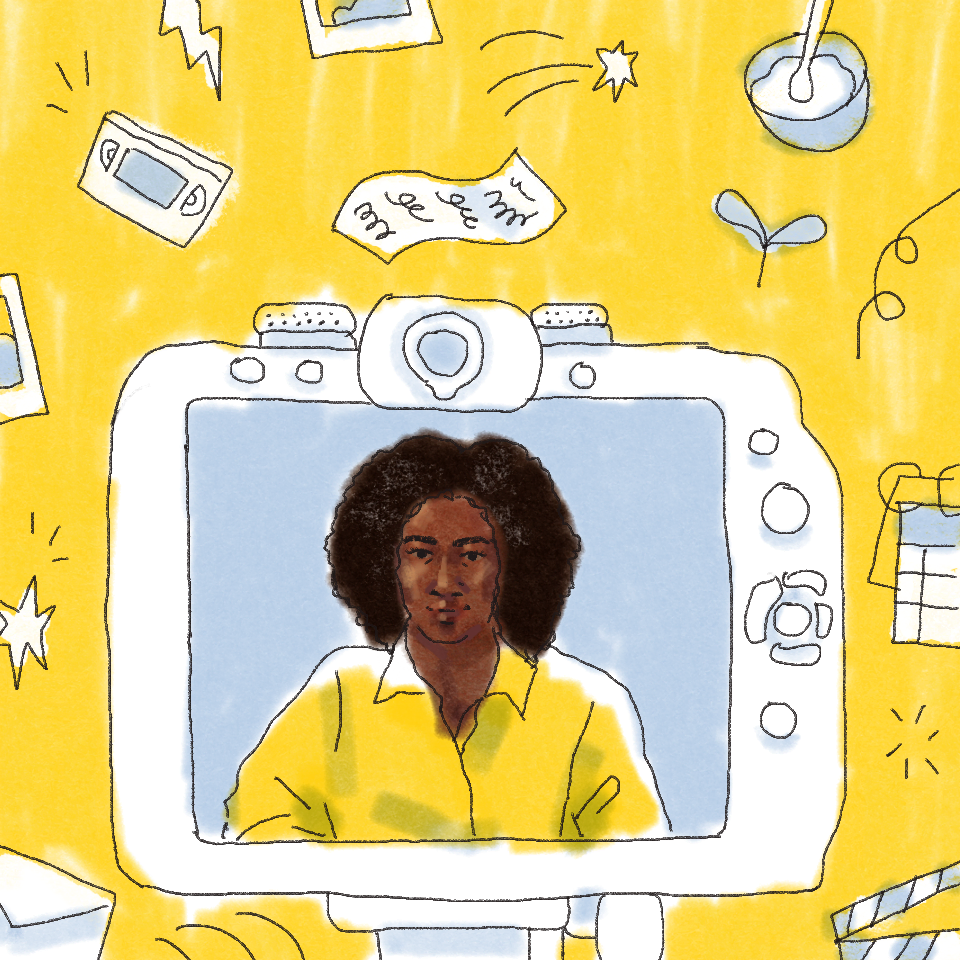
.jpg/_jcr_content/renditions/1200x628%20(5).webp)

